Gírias e vocabulário com duas amigas conversam sobre o que fazer sozinhas em casa(to be up to, to be supposed to, “what’s the big deal?”, will be + ing, gonna, “I wish”, to hand in, you’re kidding, right?)
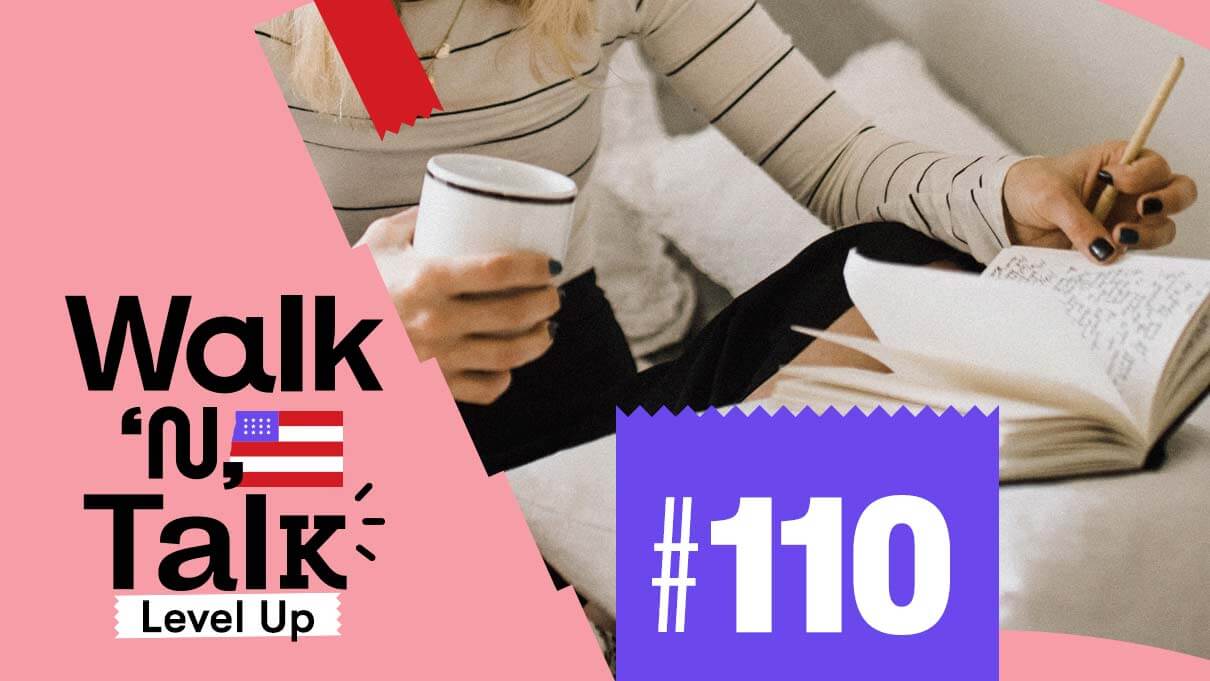
How can you talk about having parties in English? It’s probably not what you’re expecting, so listen to the episode to find out.
Navegue pelo conteúdo
Hey there! Seja muito bem-vindo(a) a mais um episódio do Walk ‘n’ Talk Level Up!
No episódio de hoje, vamos ouvir um bate-papo entre duas amigas, e o assunto é o fim de semana — mas com um plano bem inusitado vindo por aí. Enquanto muitos pensariam em festas, séries ou fast food, uma delas surpreende com uma escolha nada comum (mas super culta!).
Aproveite para treinar vocabulário do dia a dia e expressões muito naturais em inglês. E claro: repita tudo em voz alta com a teacher Becs para praticar sua pronúncia!
Let’s go!
Diálogo
Carol: Hey, girl. What are you up to?
(Oi, garota. O que você tá aprontando?)
Bailey: I was supposed to be reading, but I’m actually just thinking about tomorrow.
(Era pra eu estar lendo, mas na verdade estou só pensando em amanhã.)
Carol: What’s the big deal? Didn’t know you had plans.
(Qual é o grande lance? Não sabia que você tinha planos.)
Bailey: Mom and Dad will be traveling for the whole weekend and I’m gonna be alone.
(Mamãe e papai vão viajar o fim de semana todo e eu vou ficar sozinha.)
Carol: Wow, so what are you gonna do? Throw a party? Binge-watch a TV show? Order lots of junk food?
(Uau, então o que você vai fazer? Dar uma festa? Maratonar uma série? Pedir um monte de besteira?)
Bailey: Oh, I wish! I’ve got a project to hand in next Tuesday for the American Literature discipline. I’ll probably enjoy the silence and write on “The Adventures of Huckleberry Finn”.
(Ah, quem me dera! Tenho um projeto para entregar na terça-feira para a disciplina de Literatura Americana. Provavelmente vou aproveitar o silêncio e escrever sobre “As Aventuras de Huckleberry Finn”.)
Carol: You’re kidding, right?
(Você tá brincando, né?)
Expansão de Vocabulário
| Inglês | Português | Exemplo em inglês | Tradução em português |
|---|---|---|---|
| Be up to | Estar fazendo algo / aprontando | What are you up to right now? | O que você tá fazendo agora? |
| Throw a party | Dar uma festa | I want to throw a party for my birthday. | Quero dar uma festa de aniversário. |
| Hand in | Entregar (trabalho/documento) | You must hand in your report by Monday. | Você deve entregar seu relatório até segunda. |
| Write on | Escrever sobre | He’s going to write on environmental issues. | Ele vai escrever sobre questões ambientais. |
| Junk food | Besteira / Comida pouco saudável | We ordered a lot of junk food last night. | A gente pediu um monte de besteira ontem à noite. |
| I wish! | Quem me dera! / Queria muito isso | “Are you going to Hawaii?” “I wish!” | “Vai pro Havaí?” “Quem me dera!” |
Exercícios para praticar
1️⃣ Traduza as frases abaixo para o inglês:
a) Eu tenho um trabalho para entregar na terça-feira.
b) Você vai dar uma festa no fim de semana?
2️⃣ Complete a frase com o vocabulário aprendido:
-
I’m just relaxing. What are you _________?
-
I don’t have time to party. I need to _________ a paper by Monday.
-
I wish I could travel, but I have to _________ an article on climate change.
3️⃣ Crie uma frase usando “throw a party”:
(Resposta livre)
Respostas
1️⃣
a) I have a project to hand in on Tuesday.
b) Are you going to throw a party this weekend?
2️⃣
-
I’m just relaxing. What are you up to?
-
I don’t have time to party. I need to hand in a paper by Monday.
-
I wish I could travel, but I have to write on an article about climate change.
3️⃣
(Resposta livre)
Gostou do episódio? Continue sua jornada no idioma e confira nosso curso de inglês completo para se aprofundar ainda mais! 📚
Bye bye!
Memorize este conteúdo agora
Adicionar o deck da aulaPlaylist
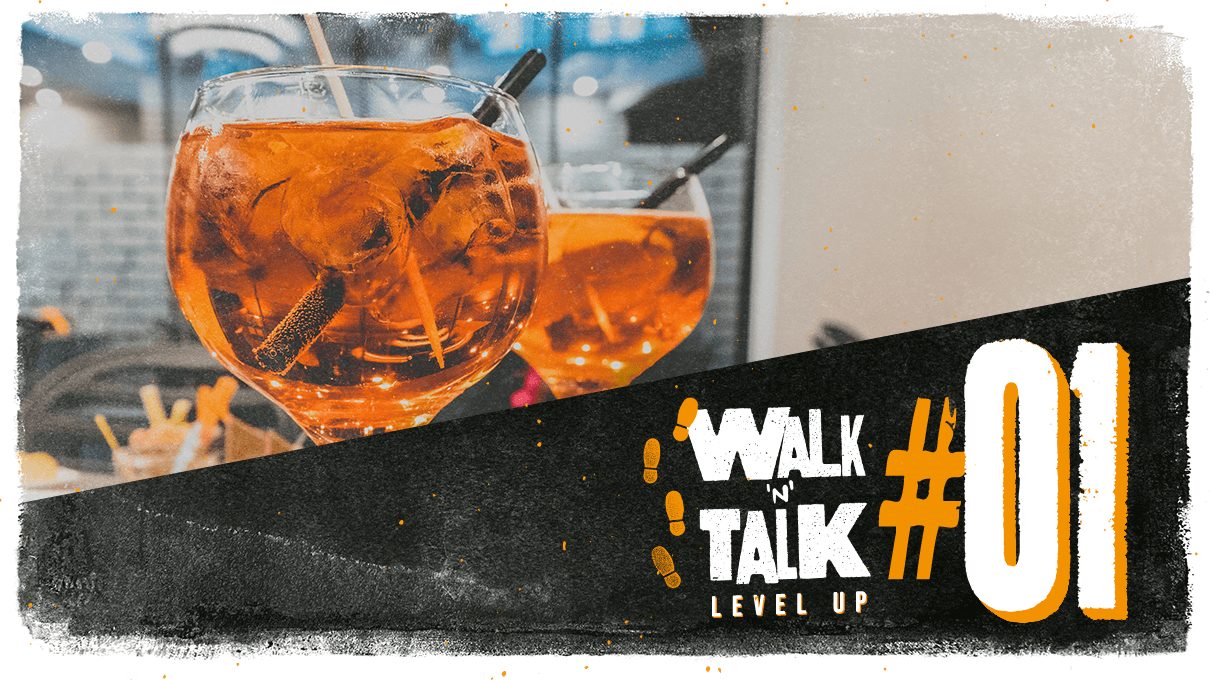

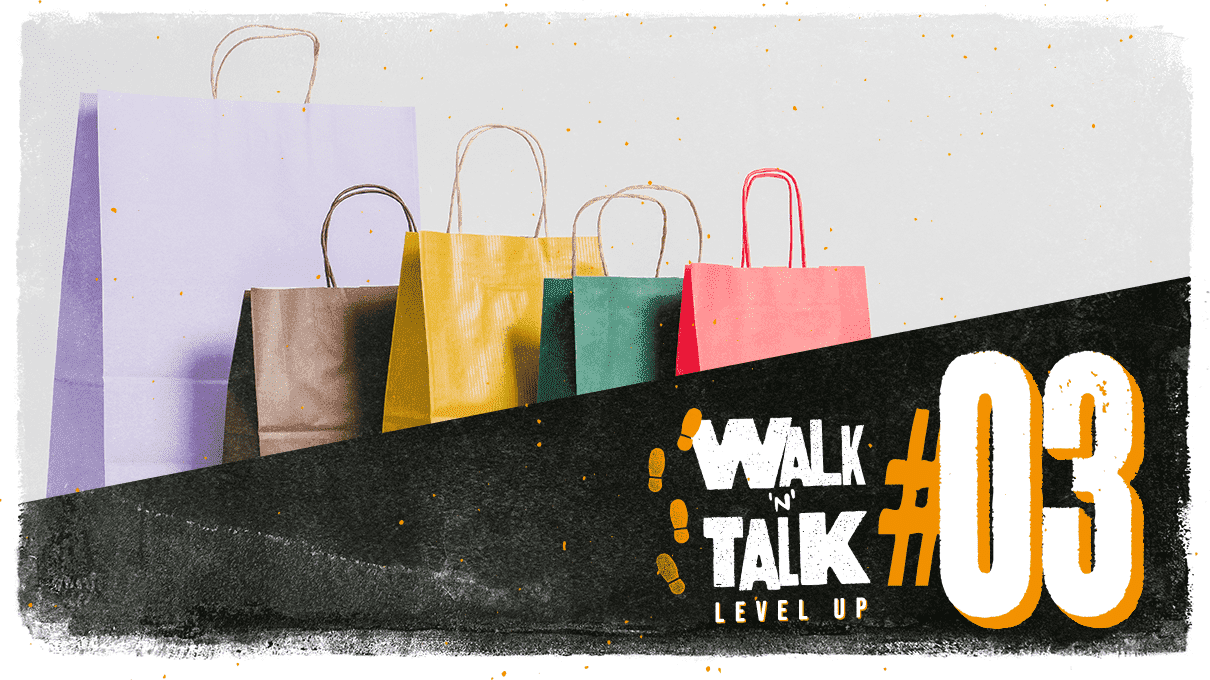
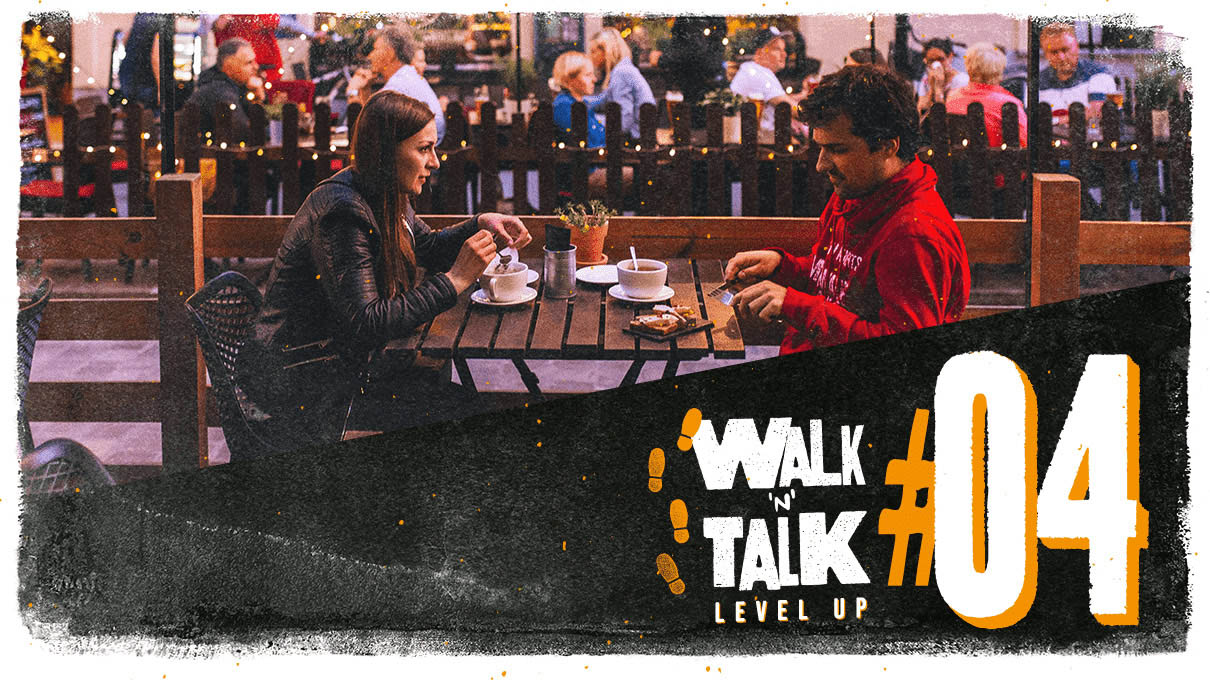
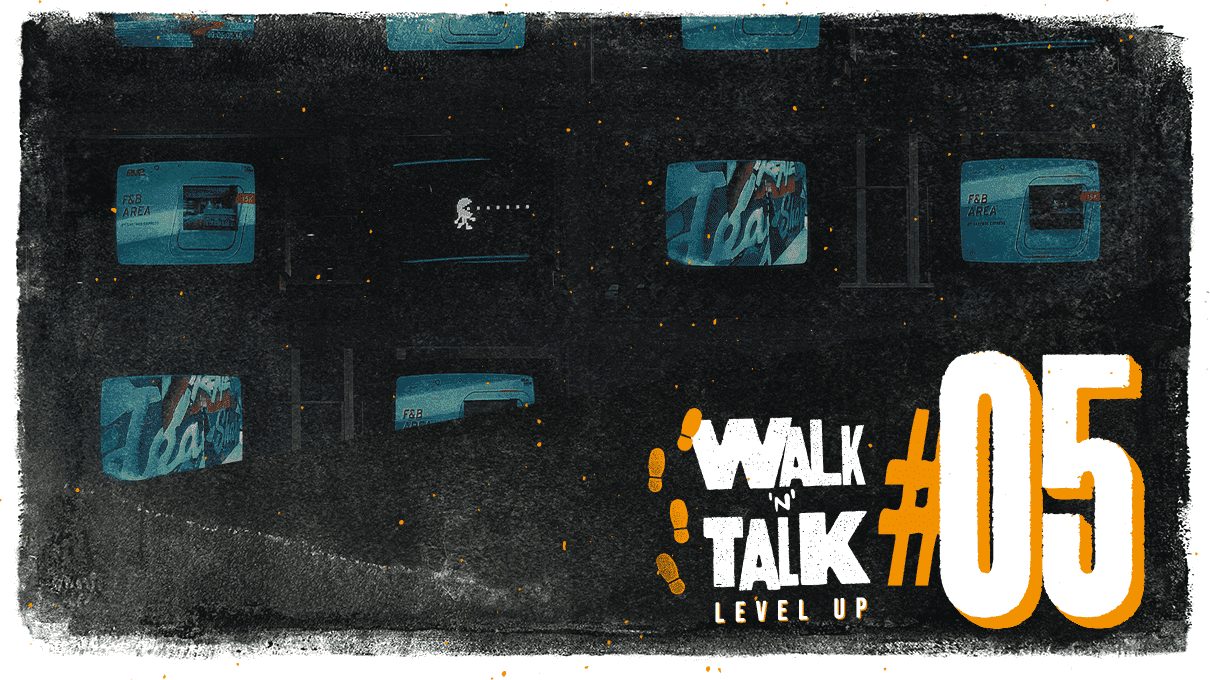
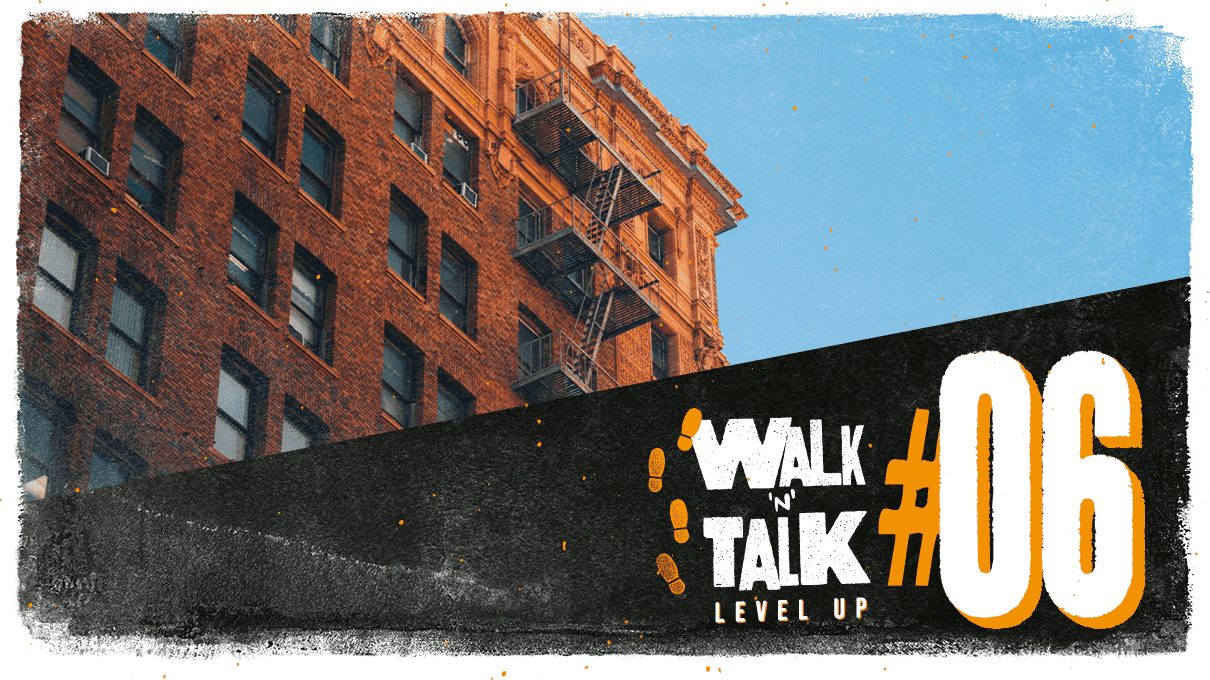
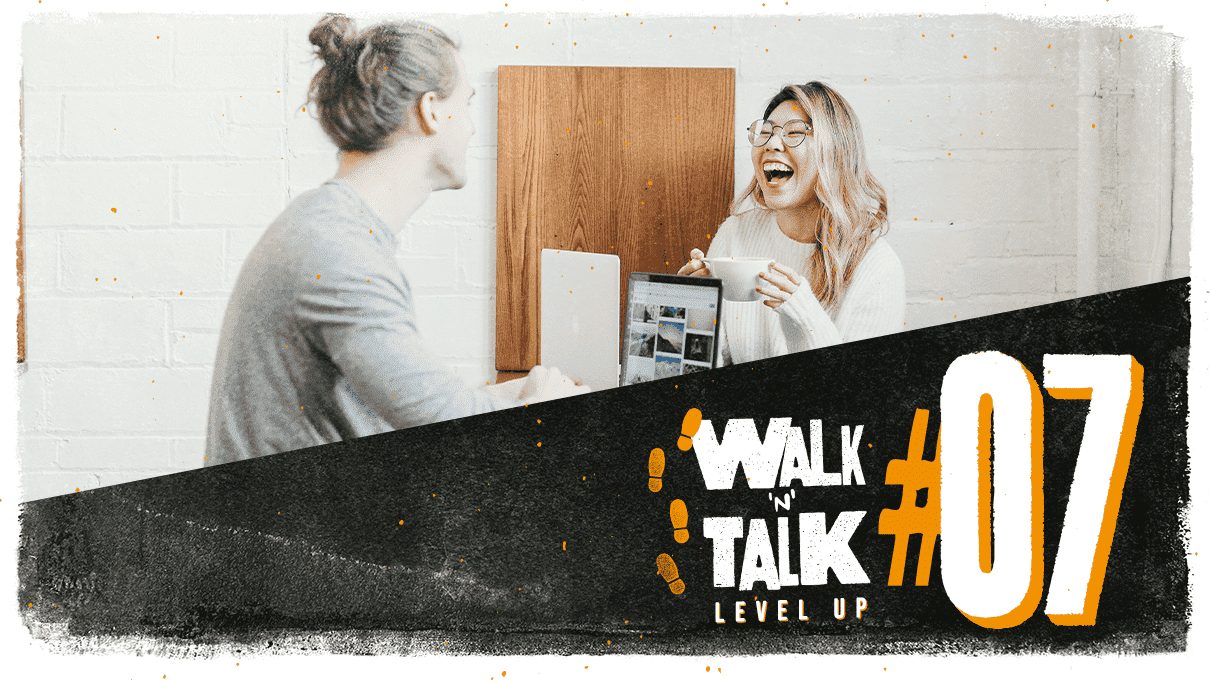

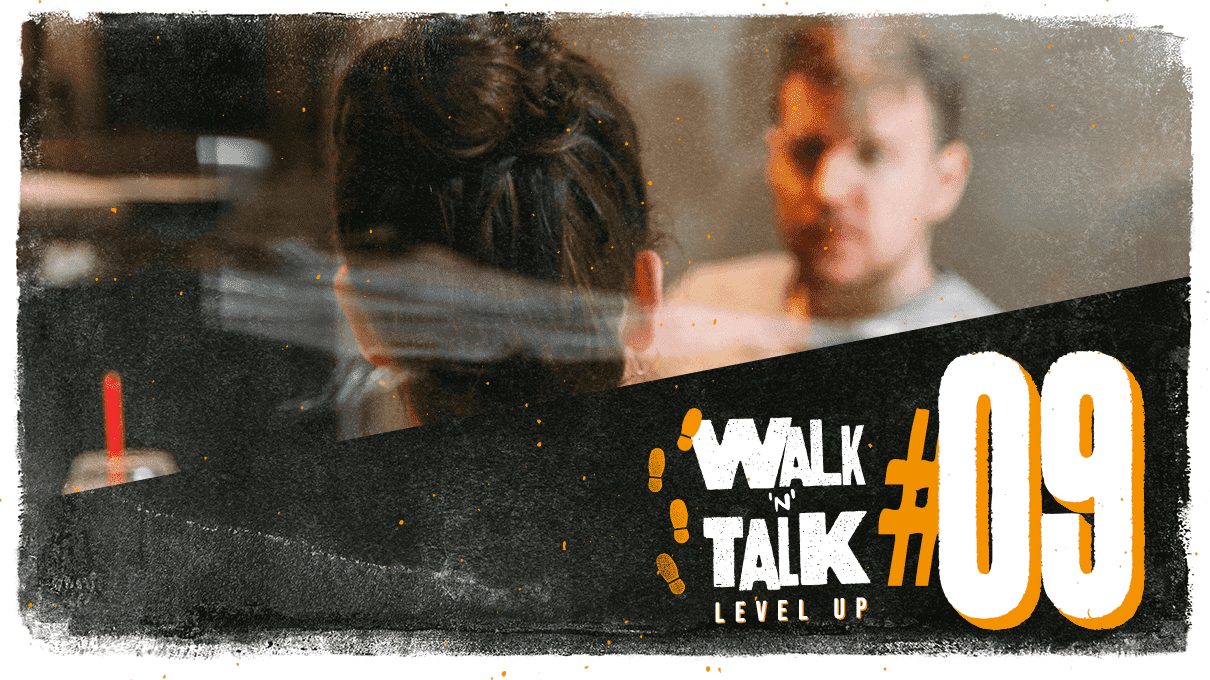
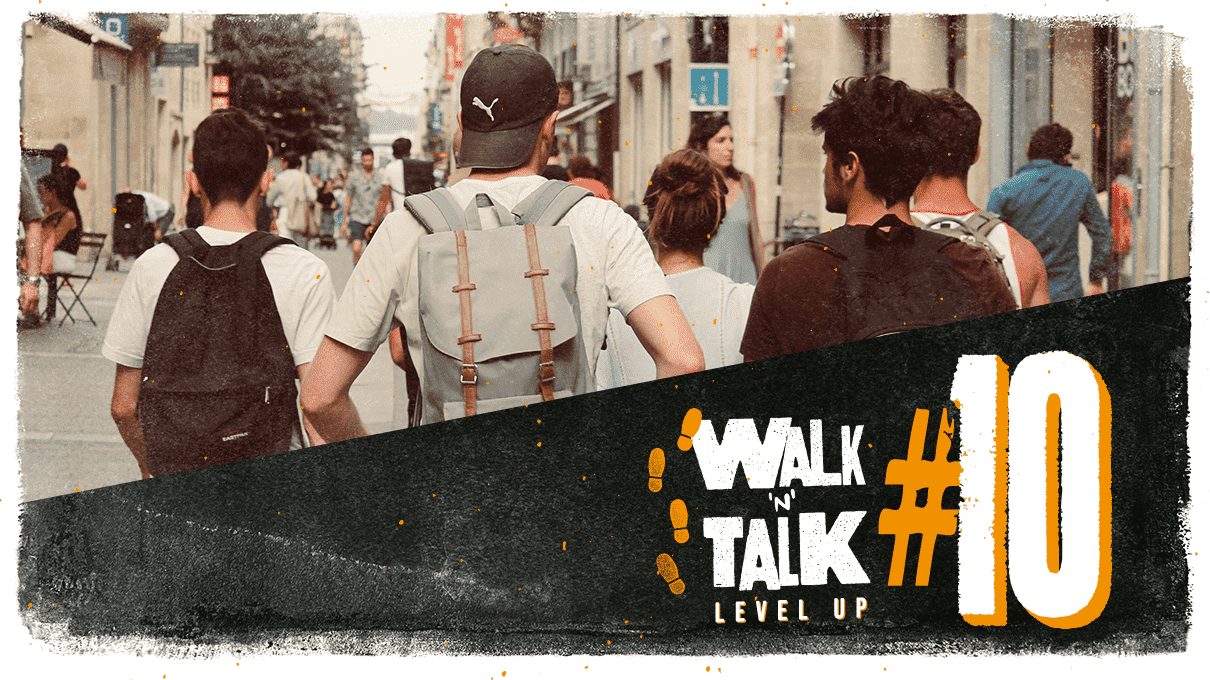
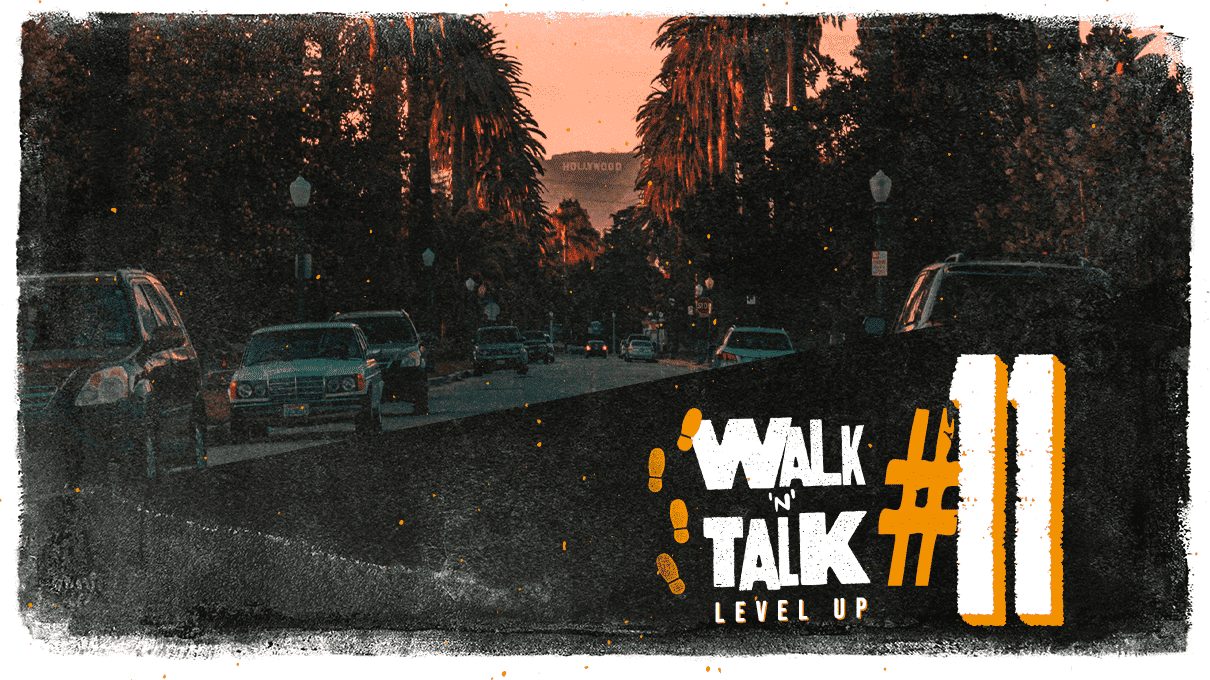
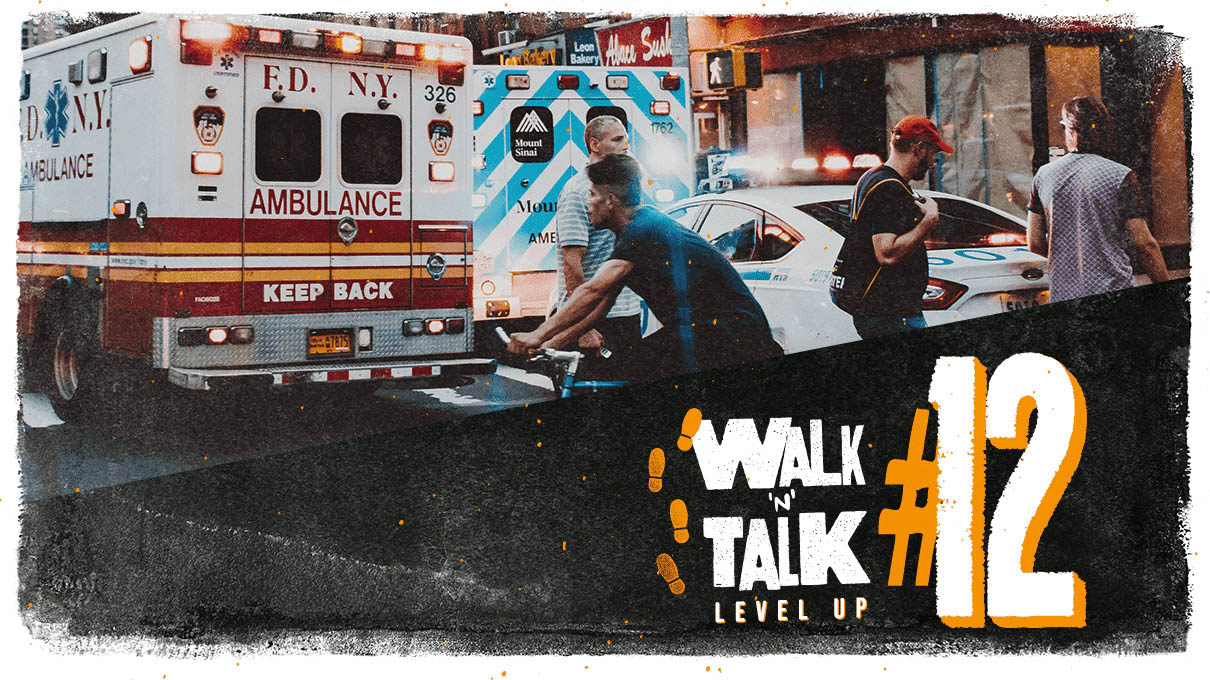
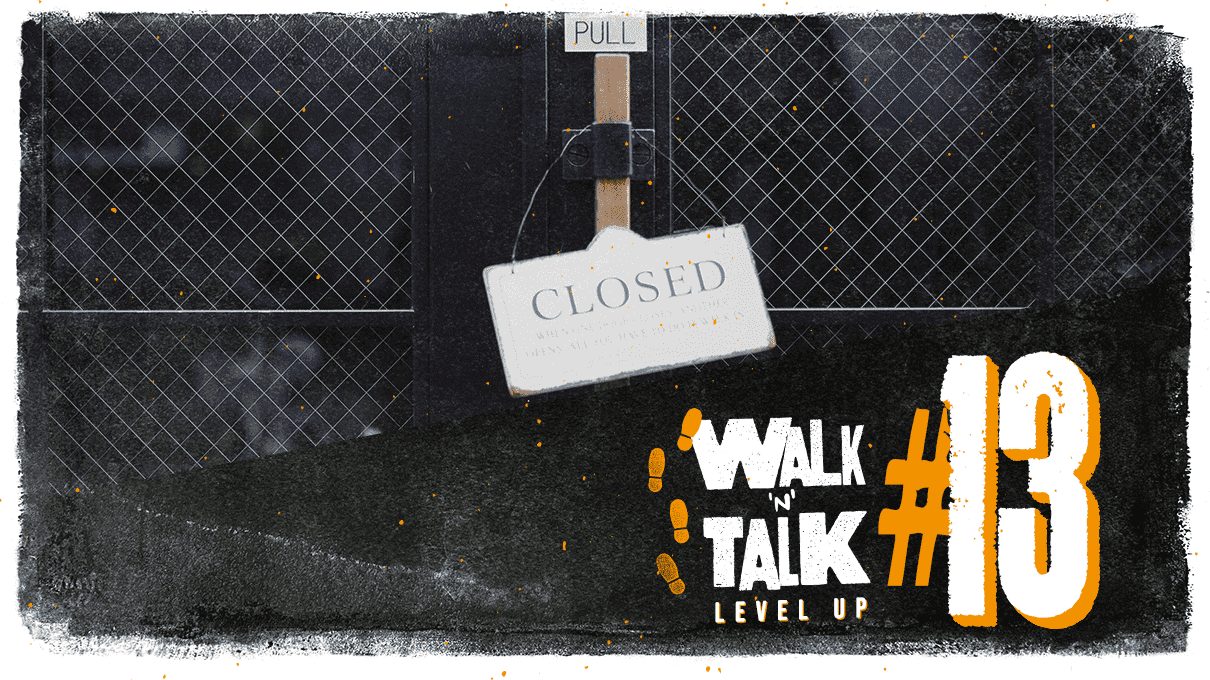


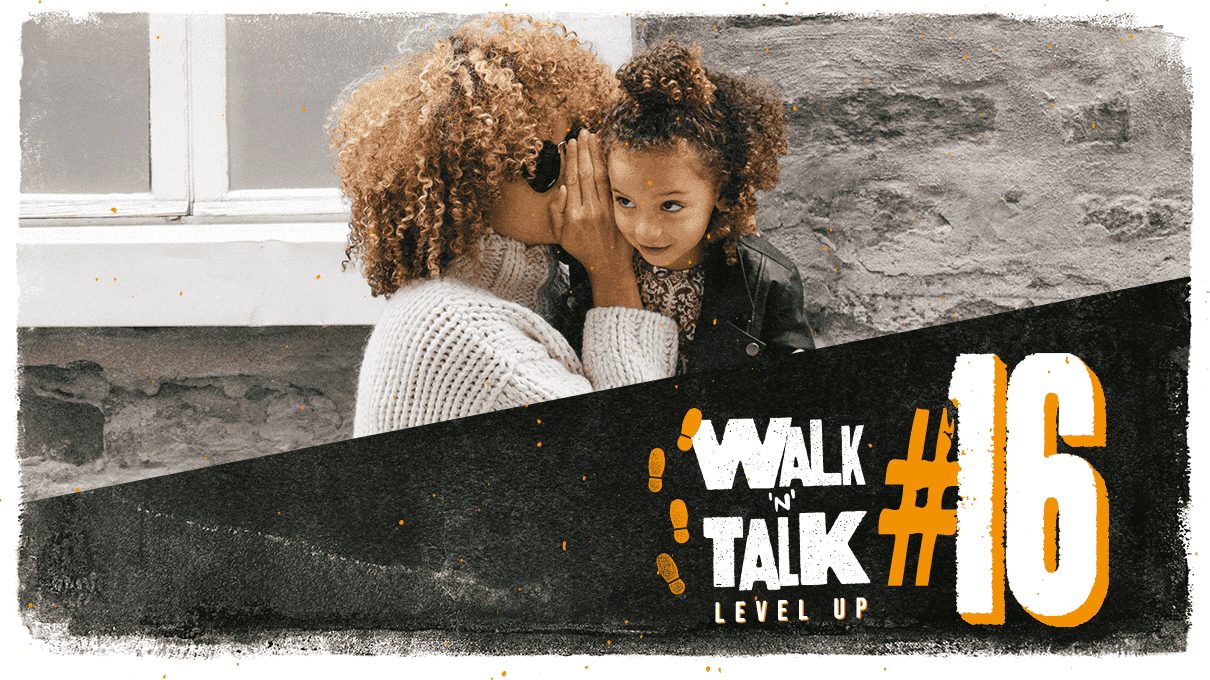
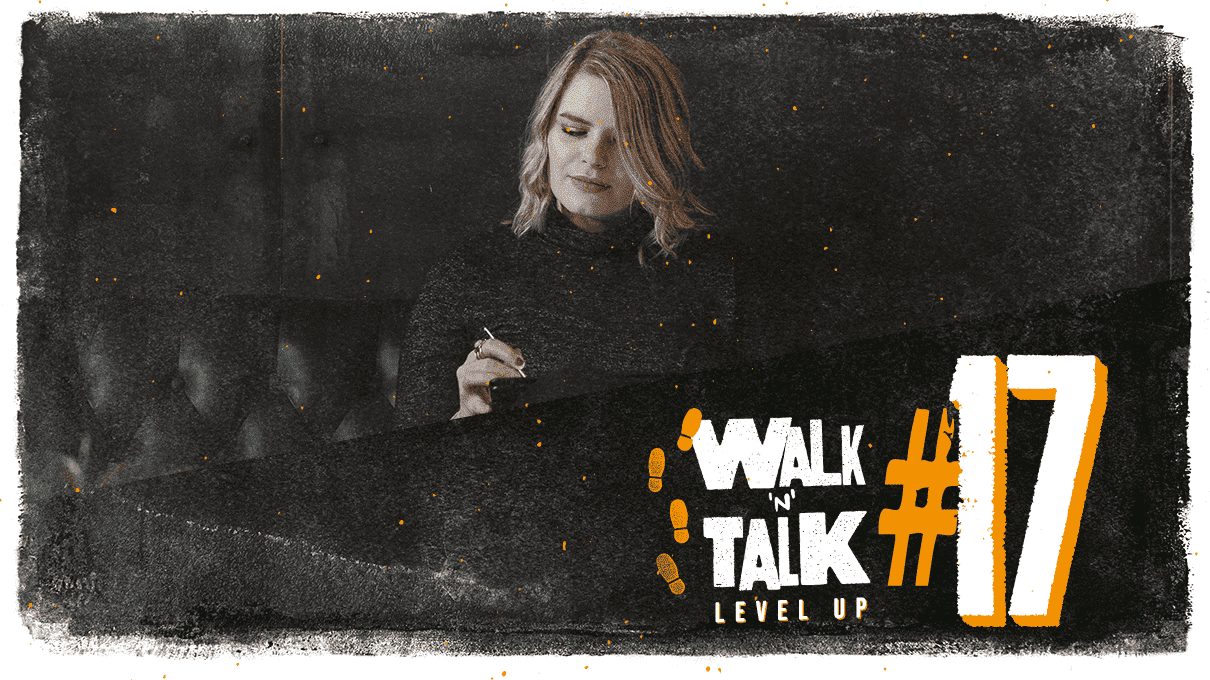


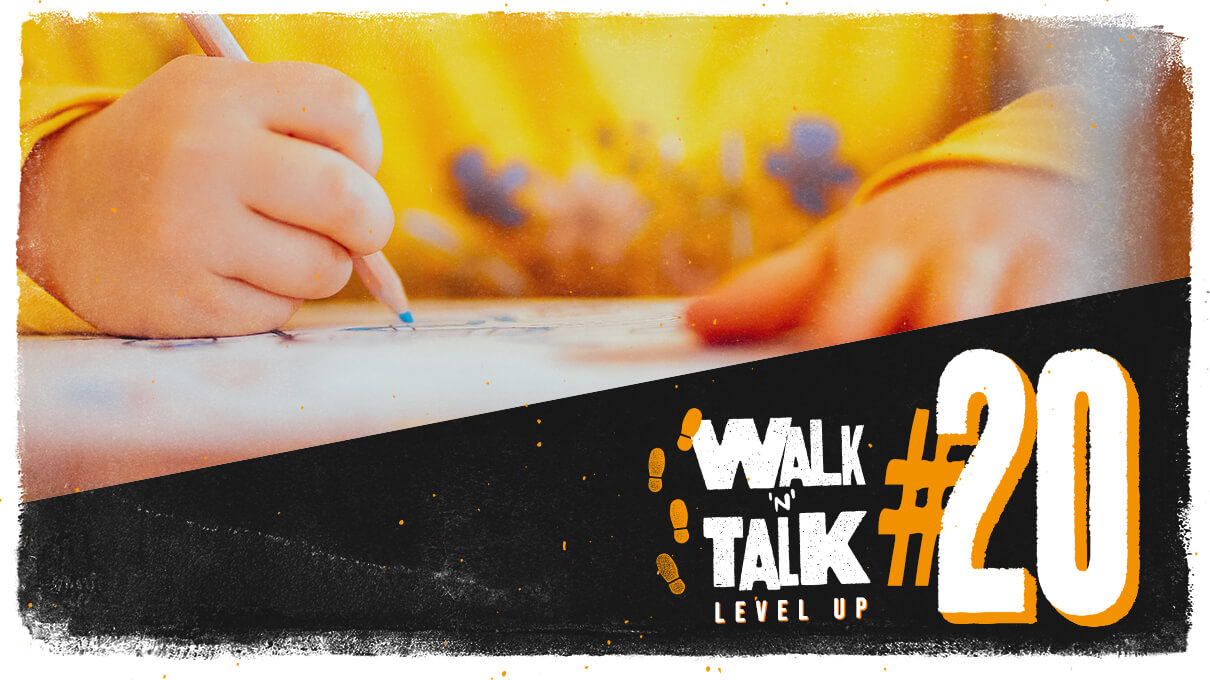
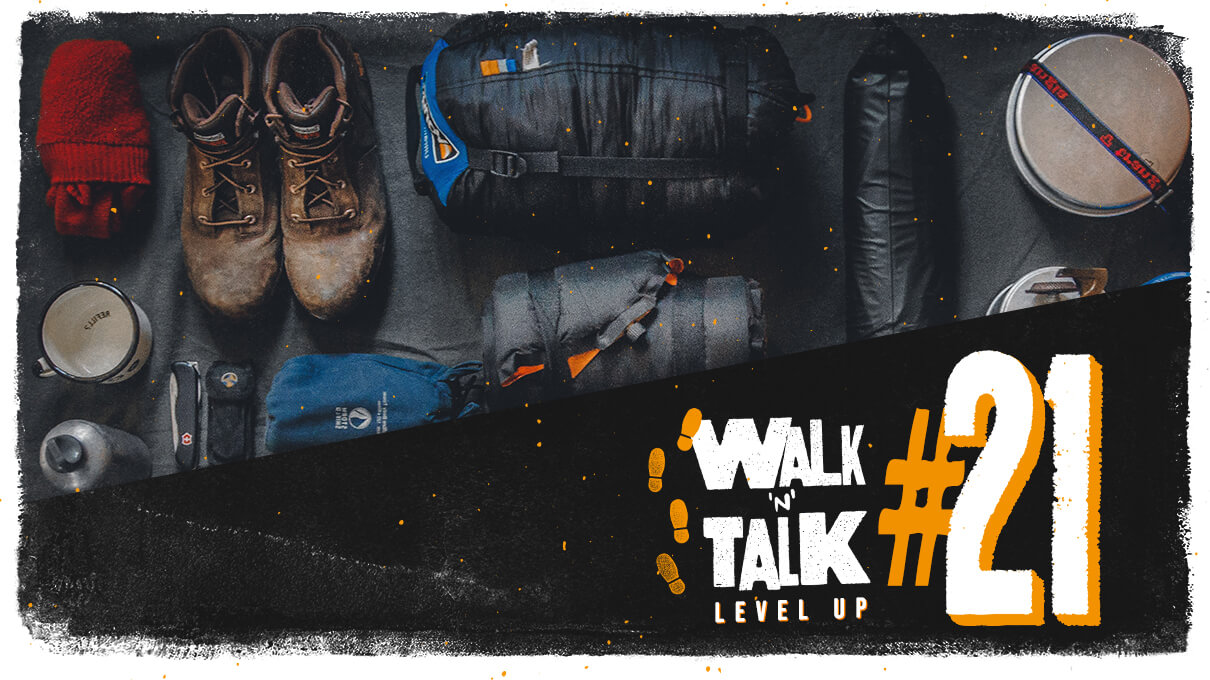

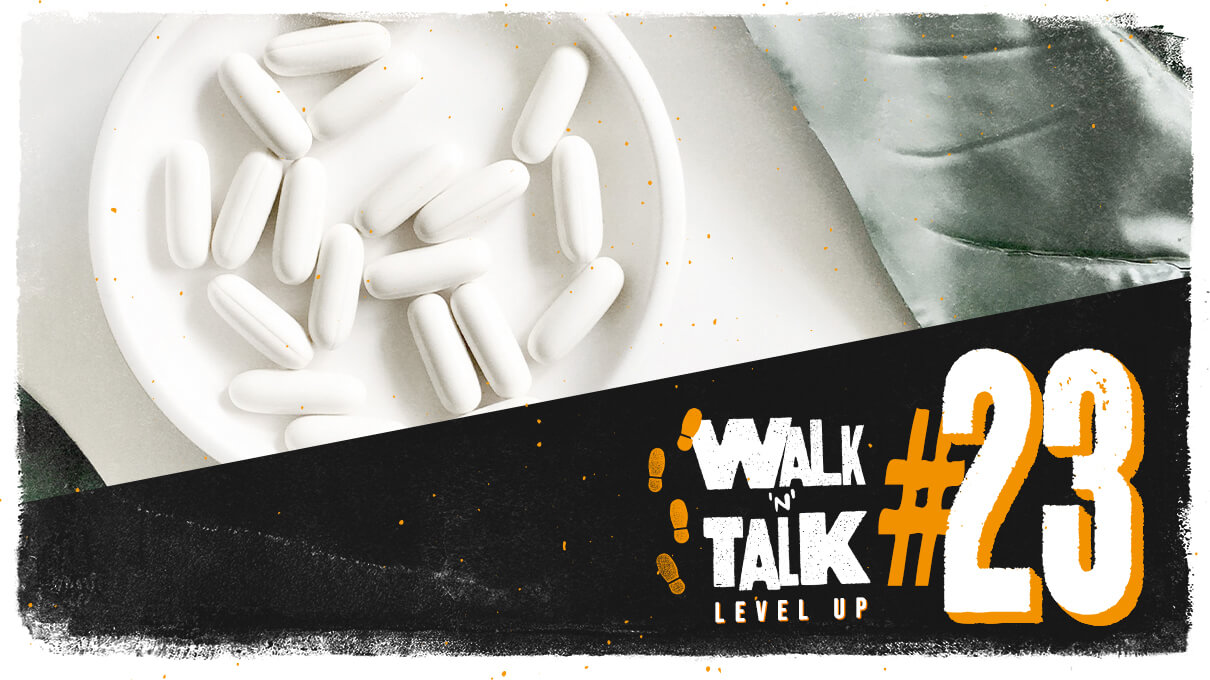
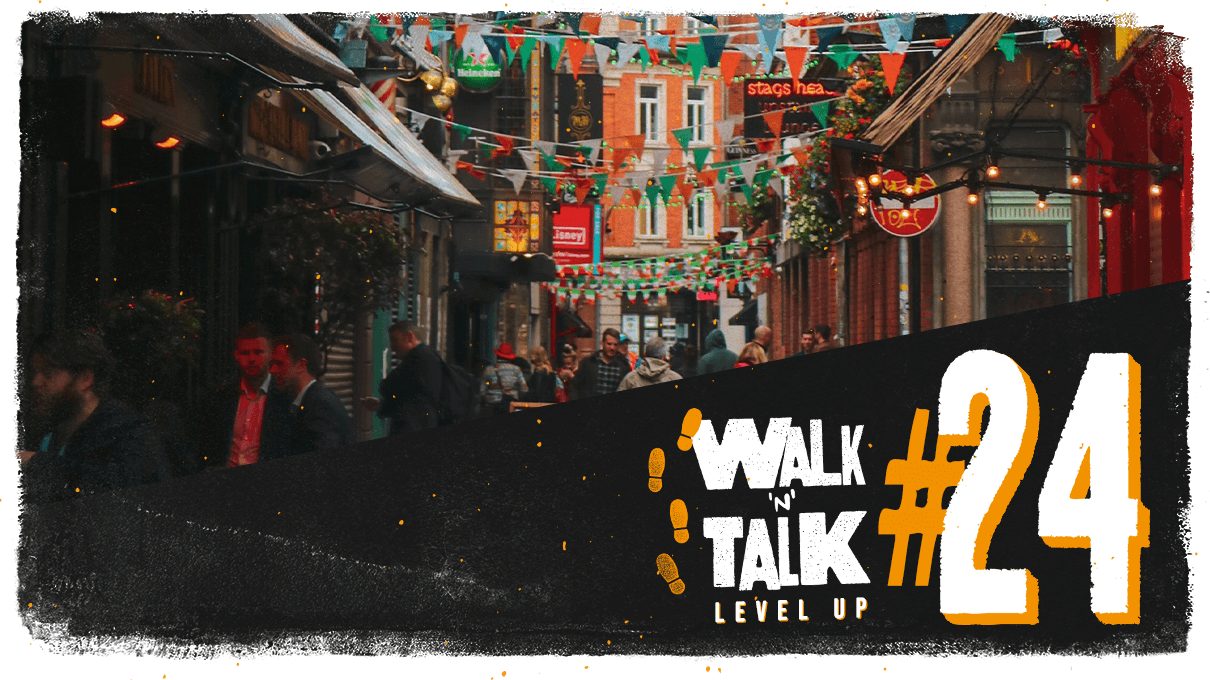
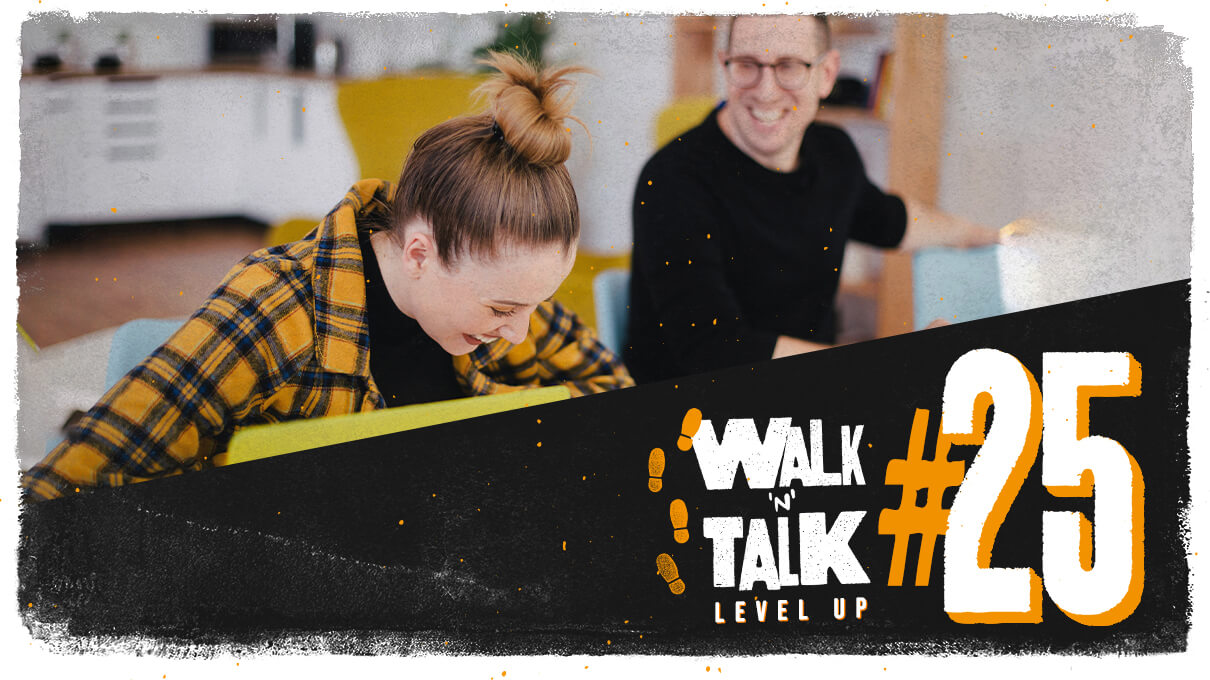
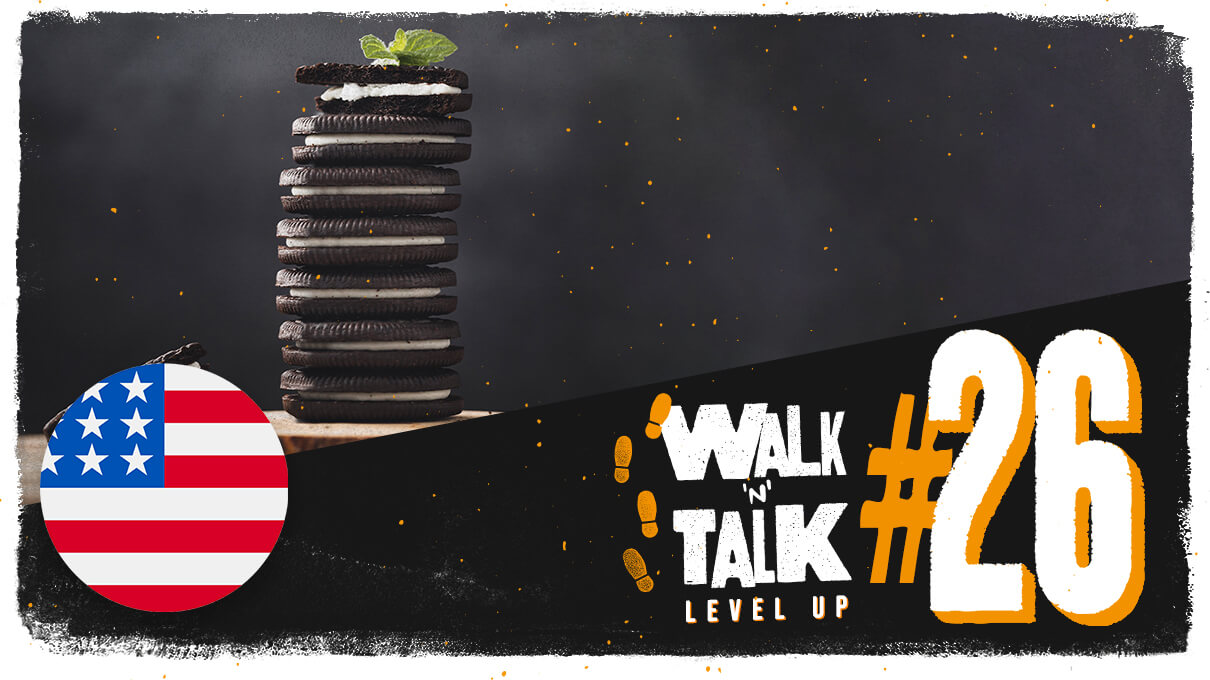
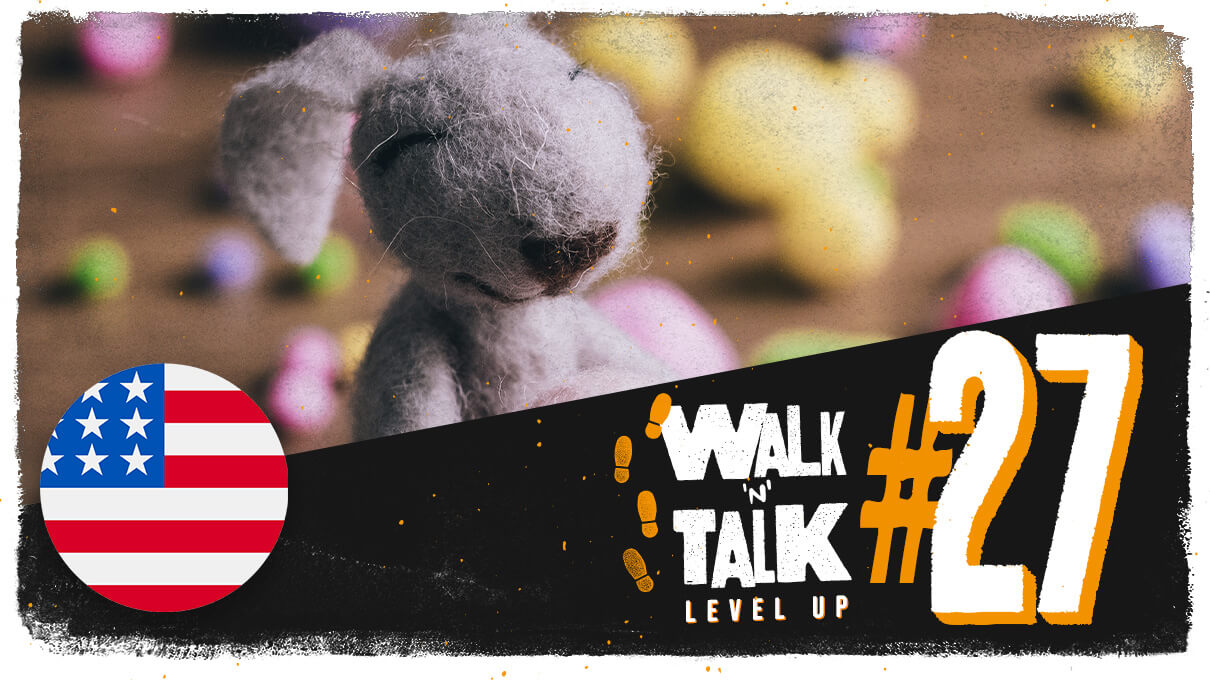
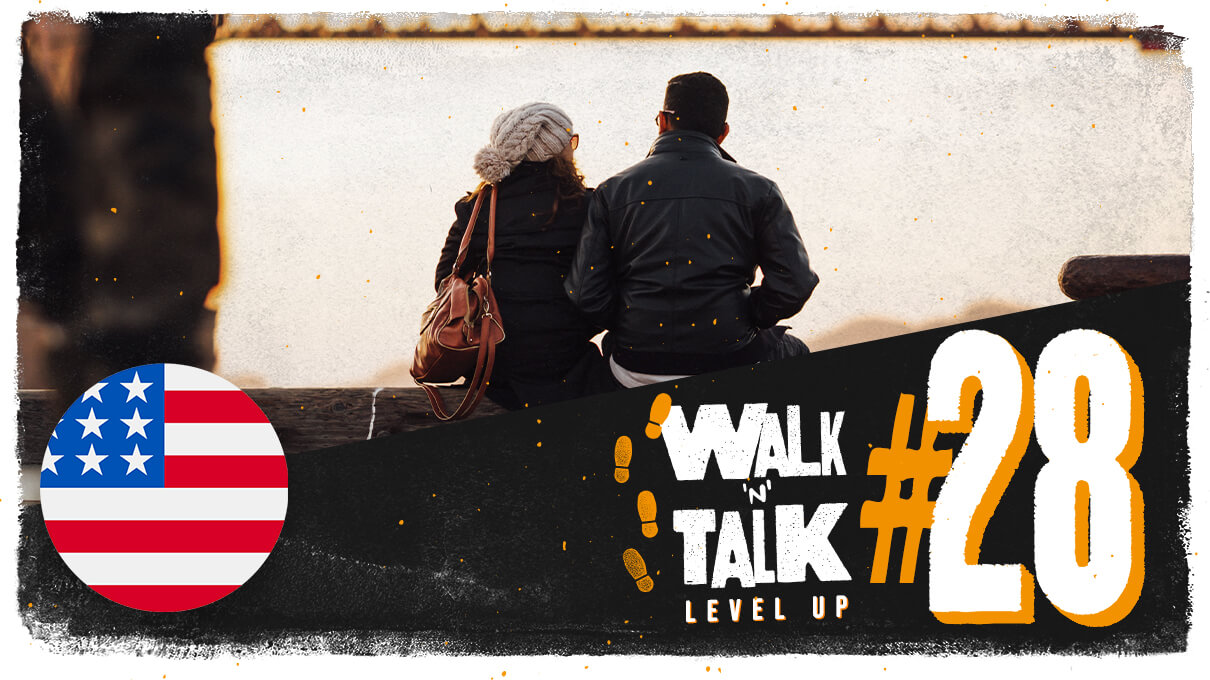



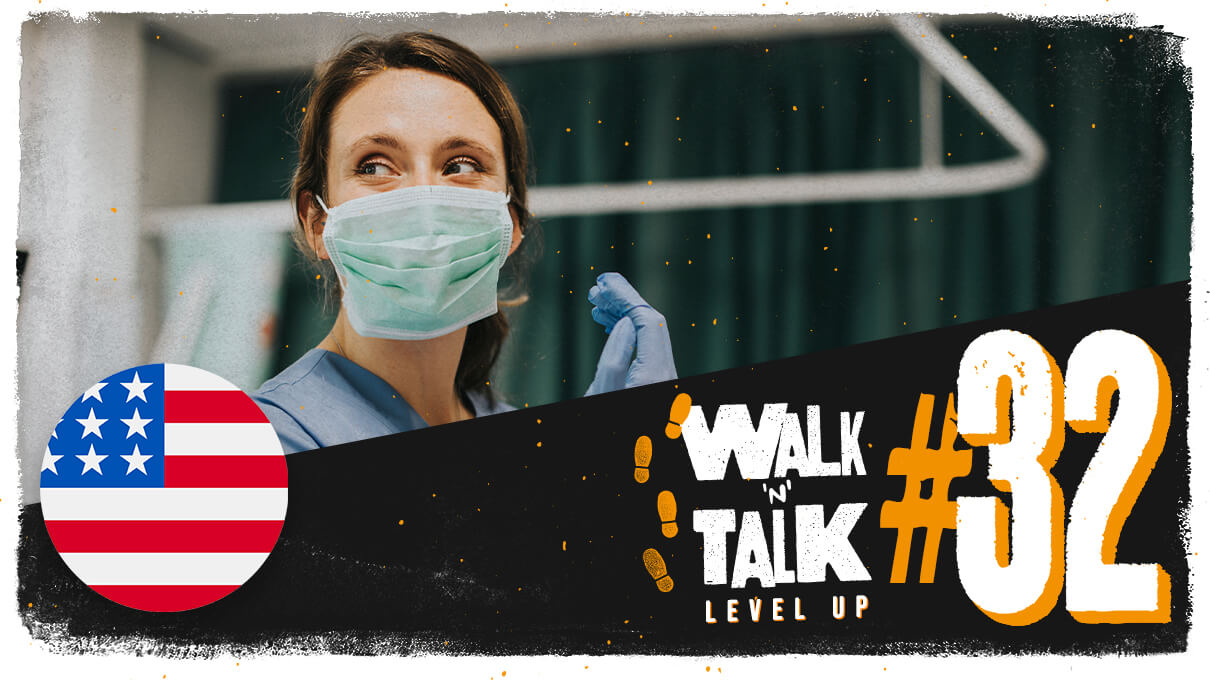
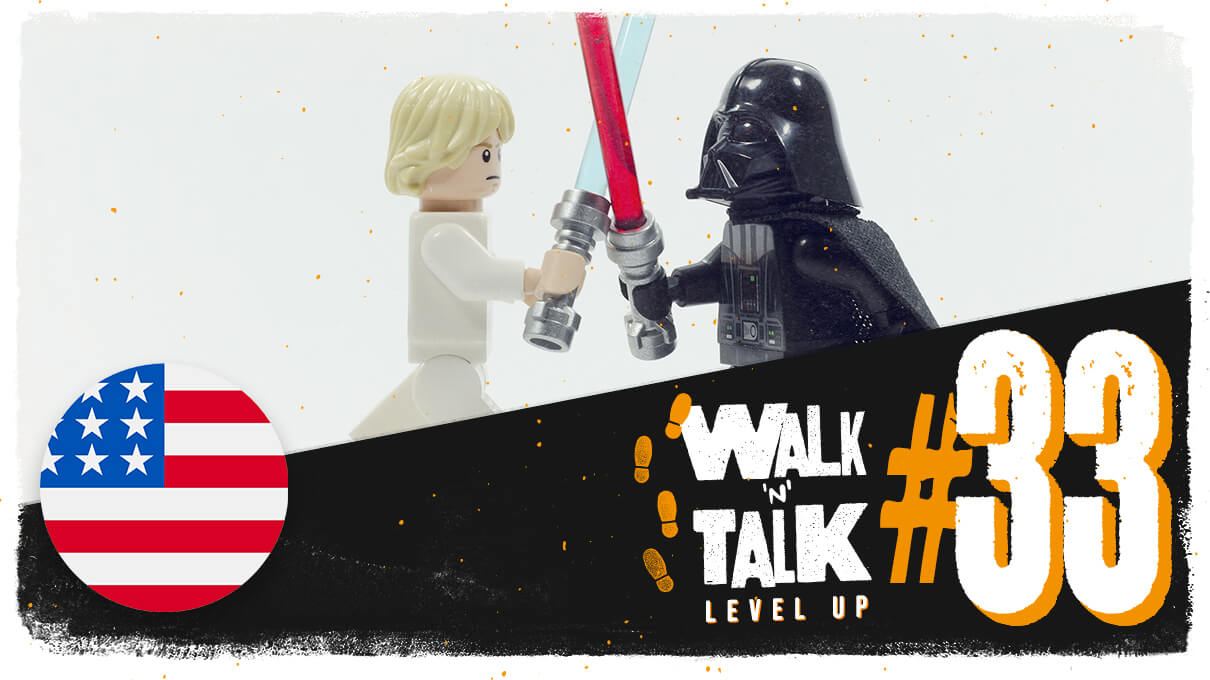
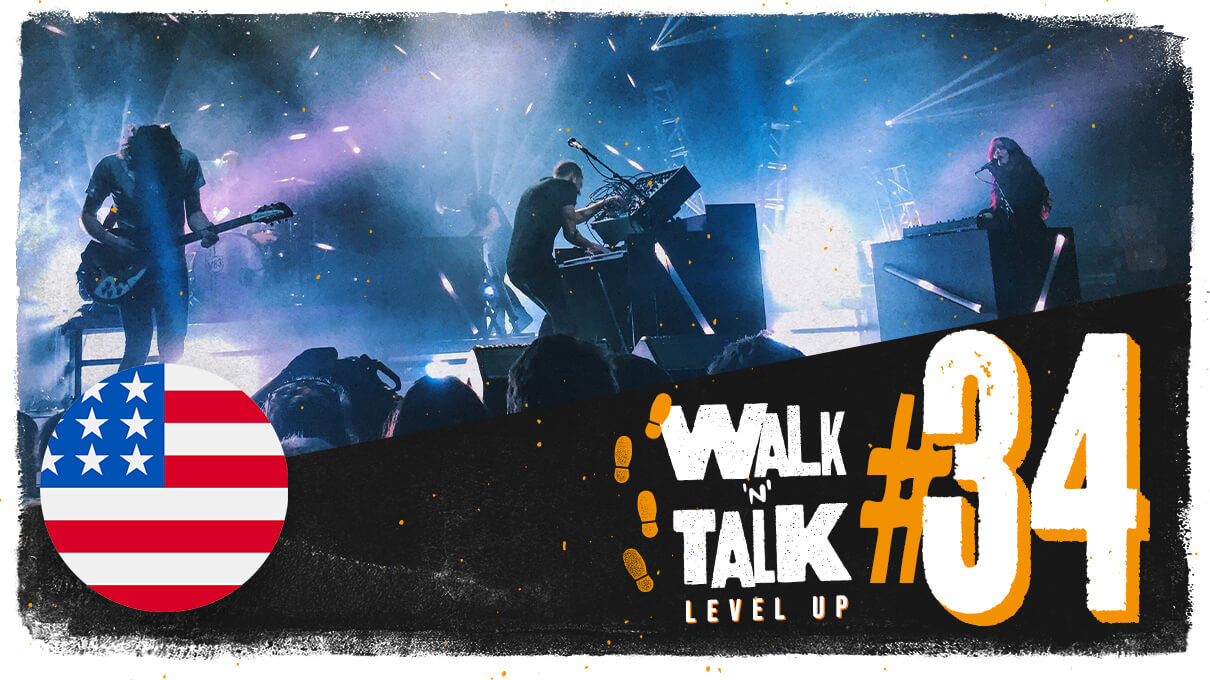
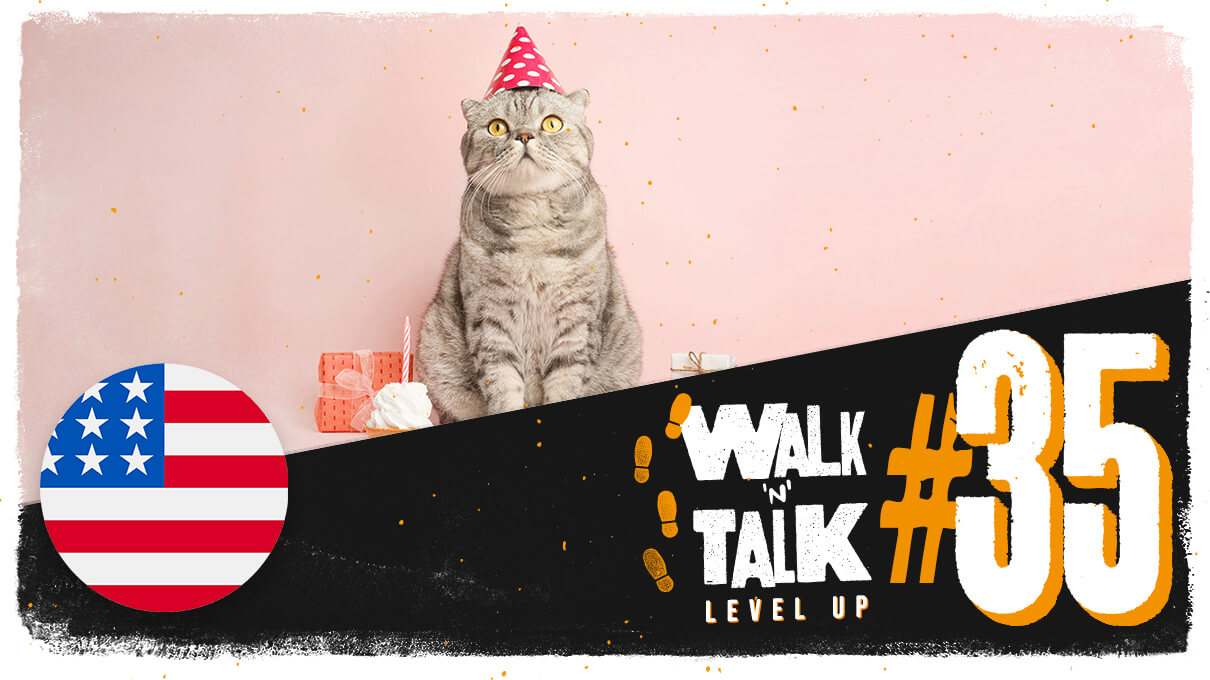


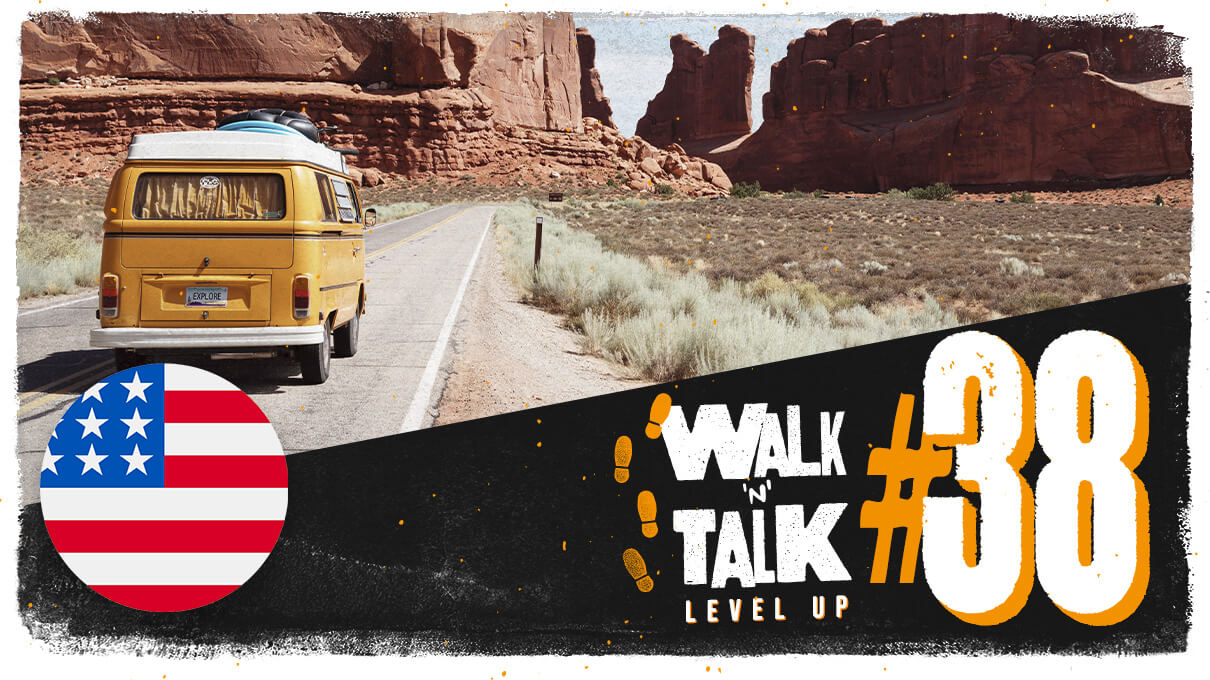
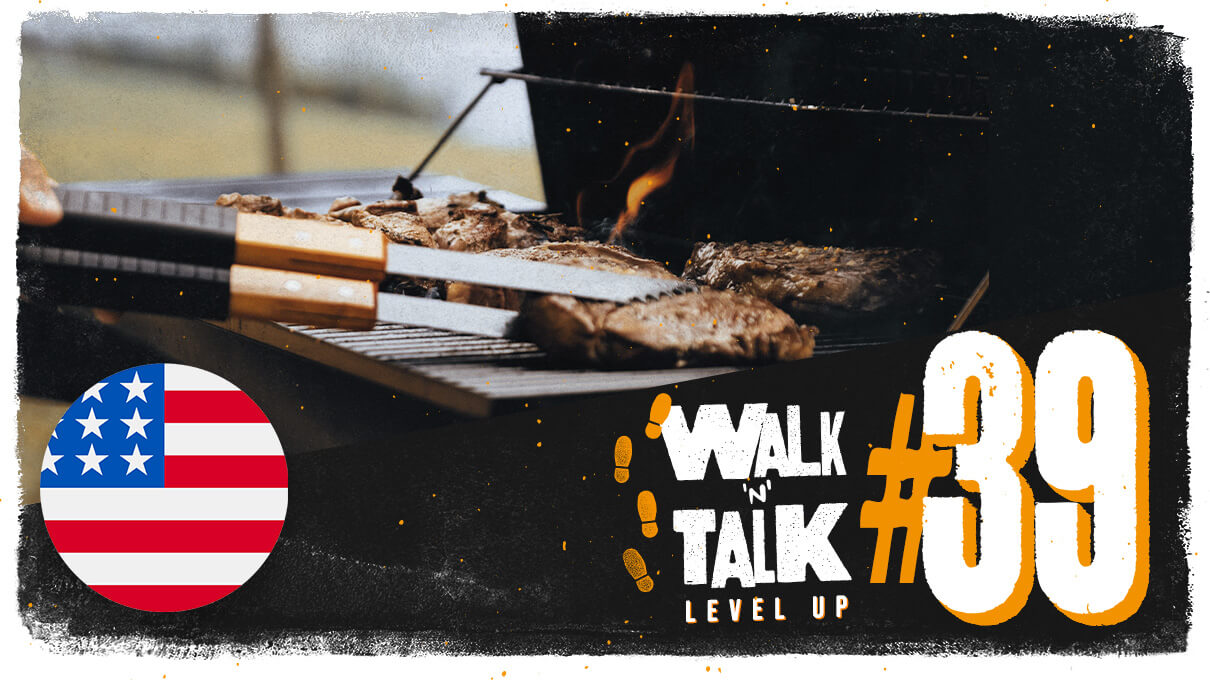
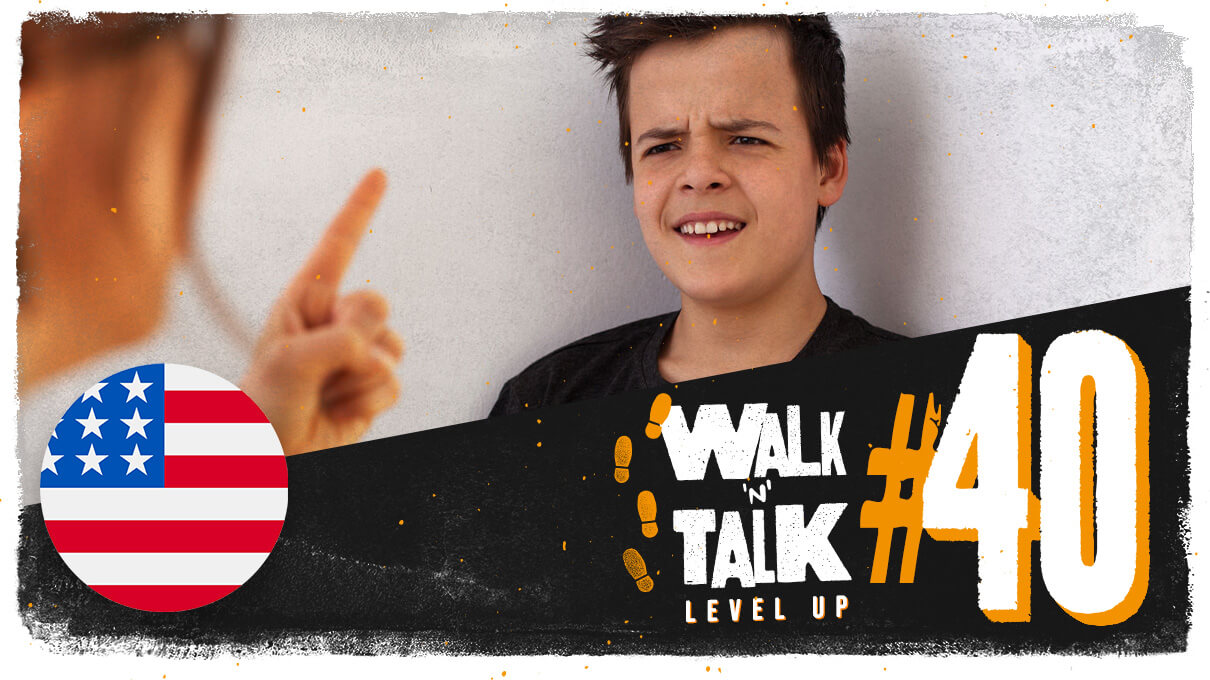

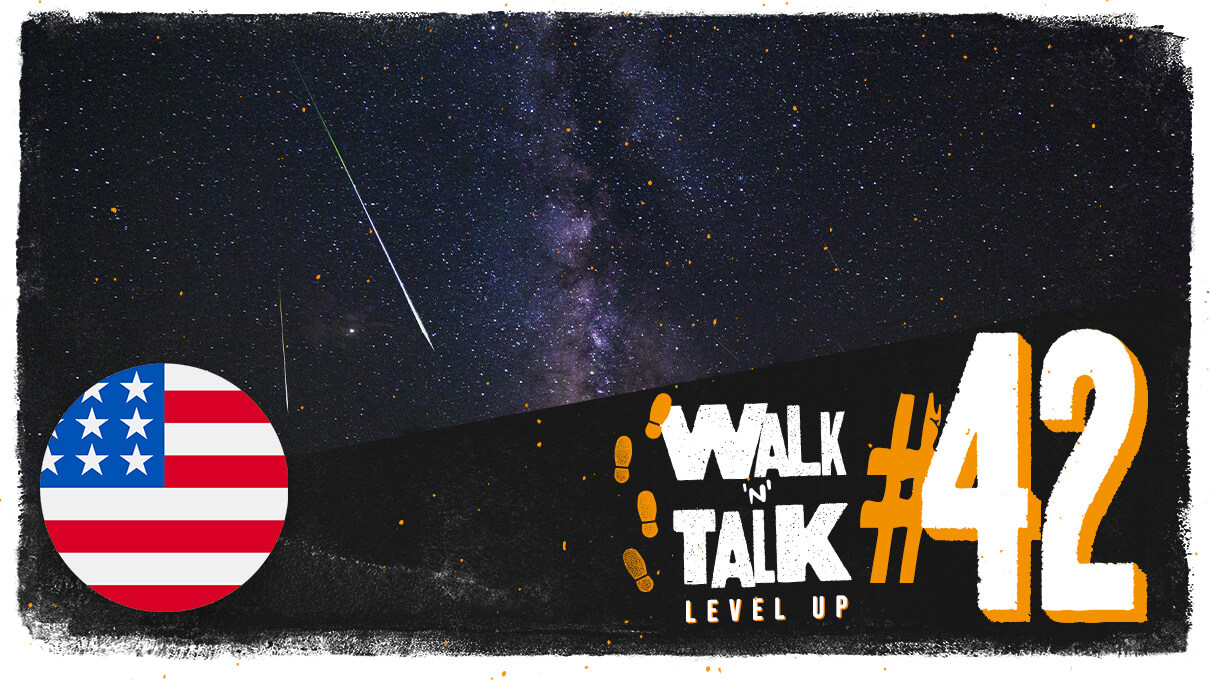
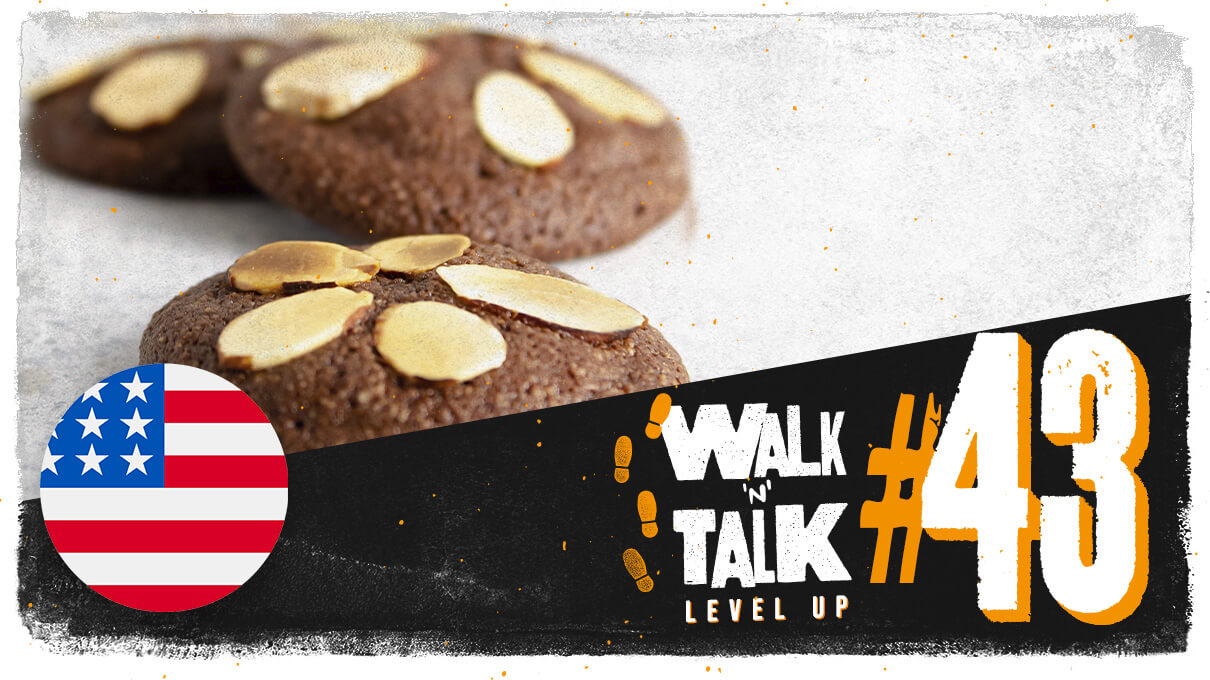
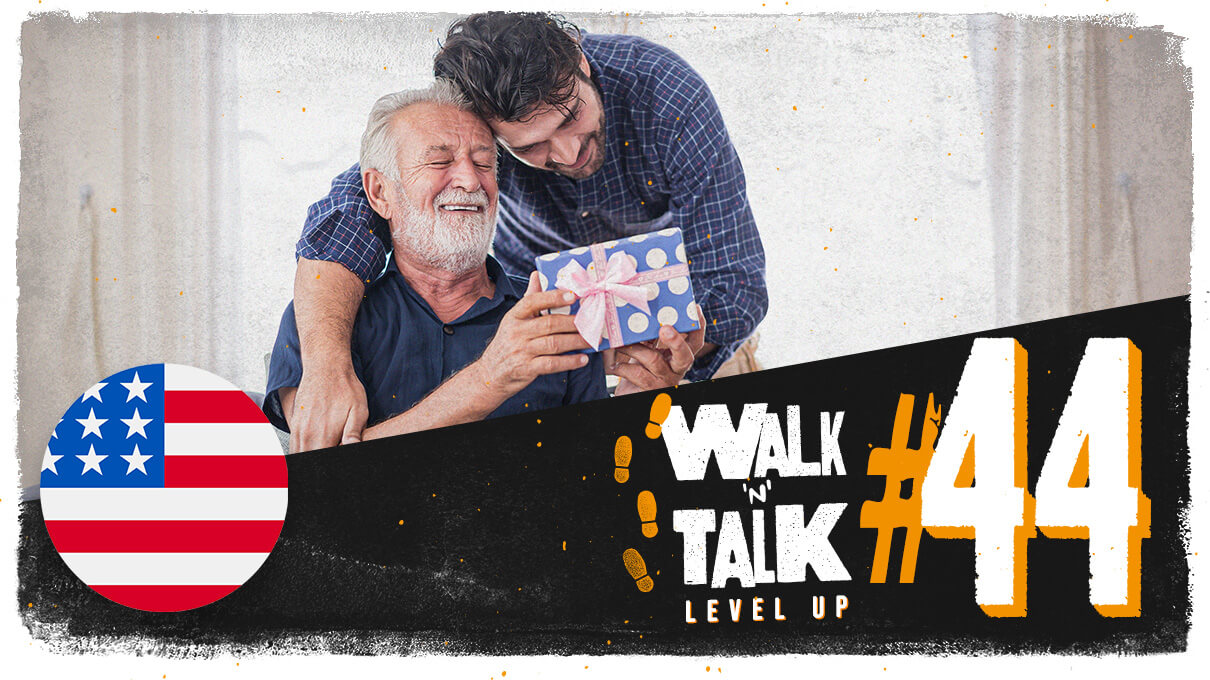

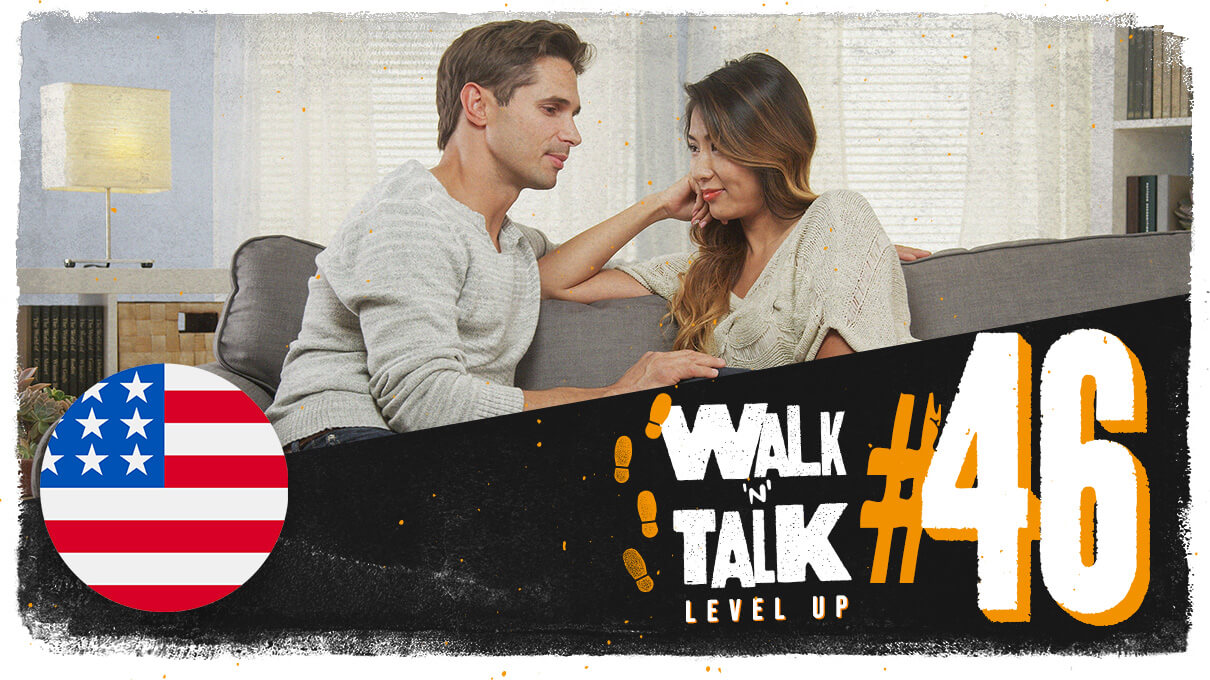

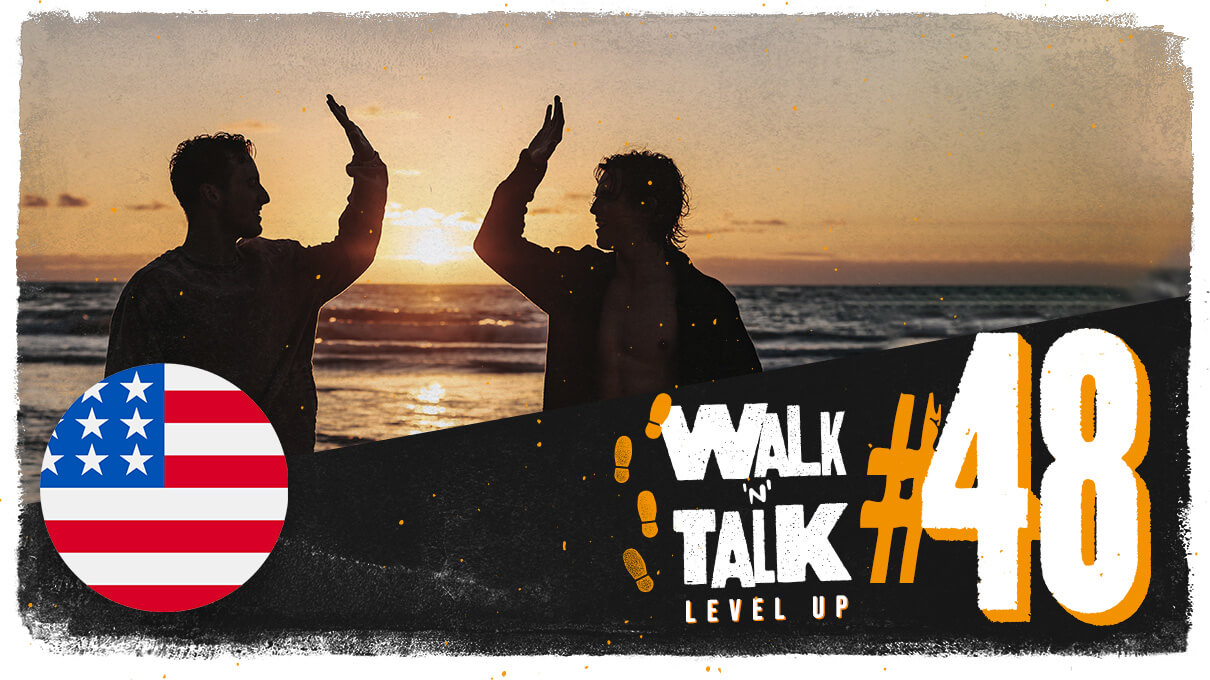
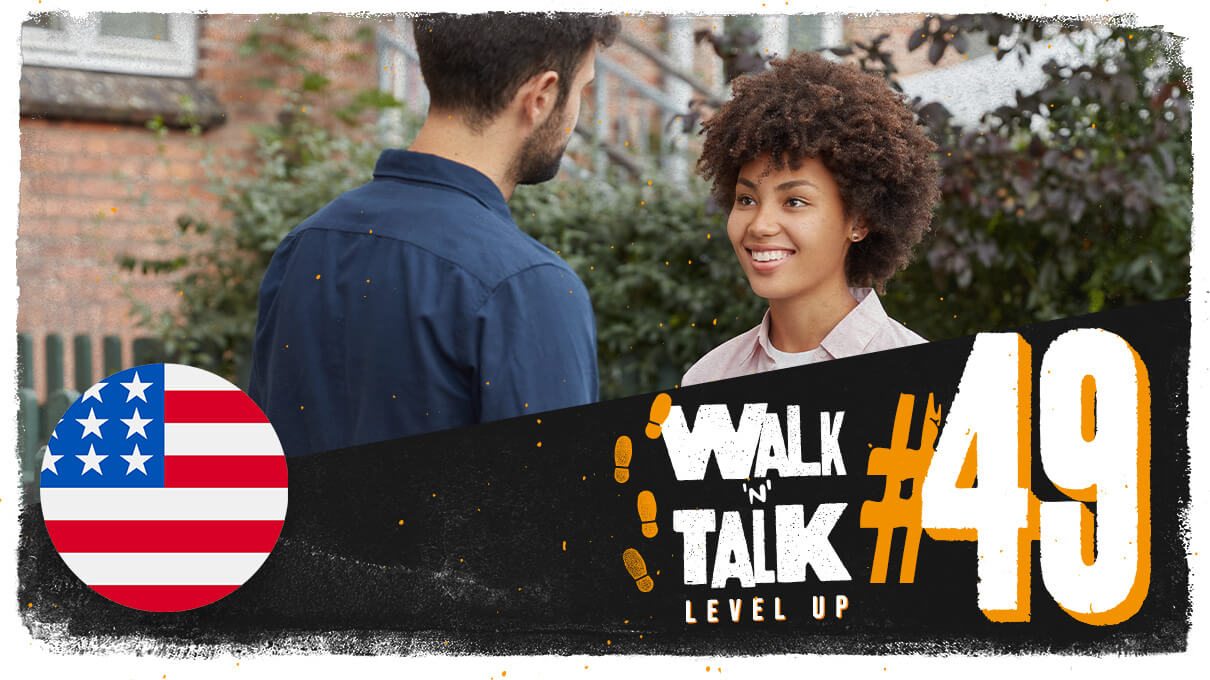
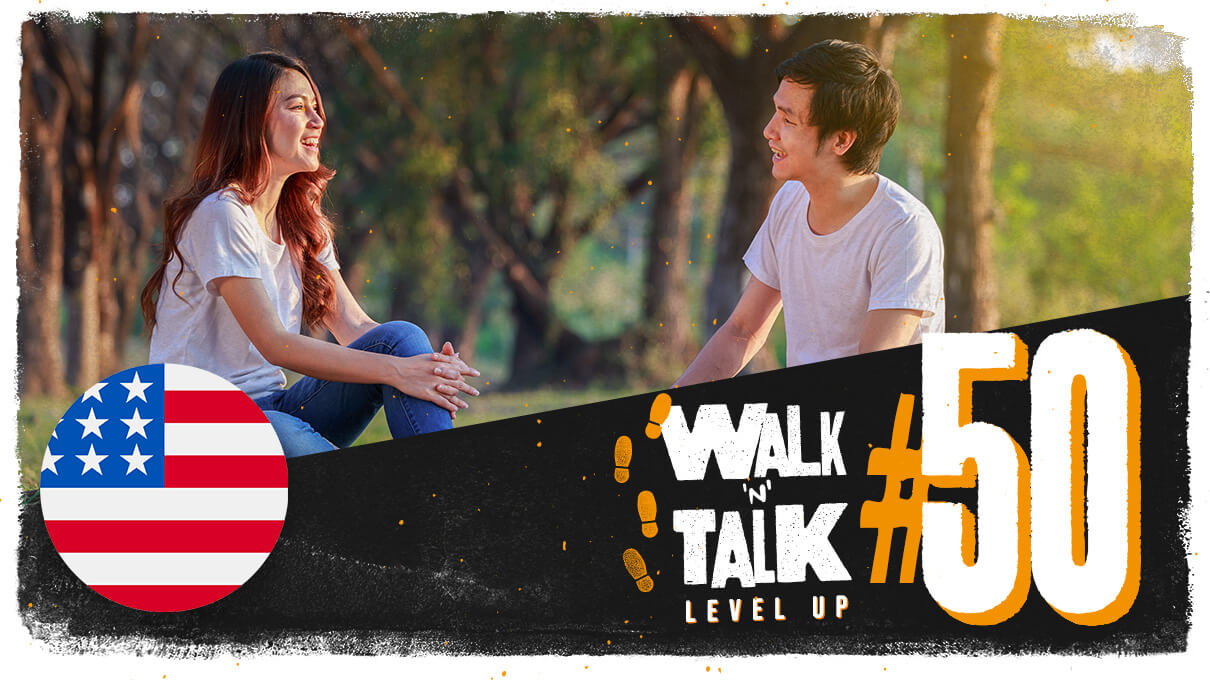

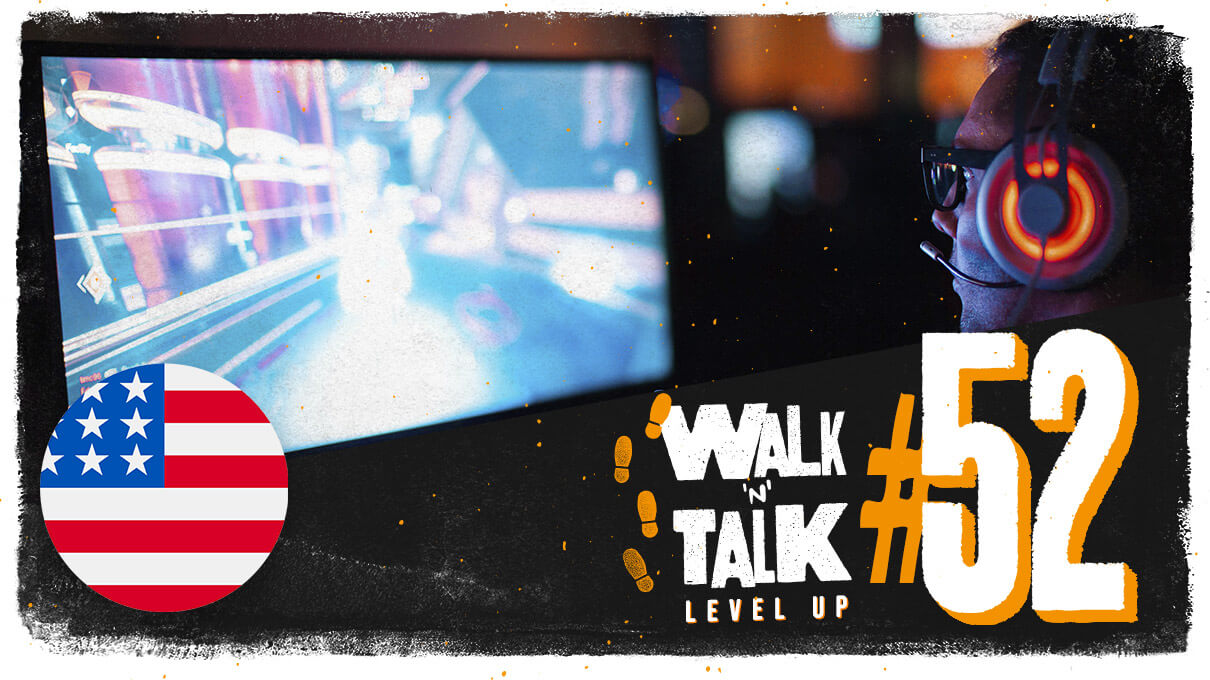
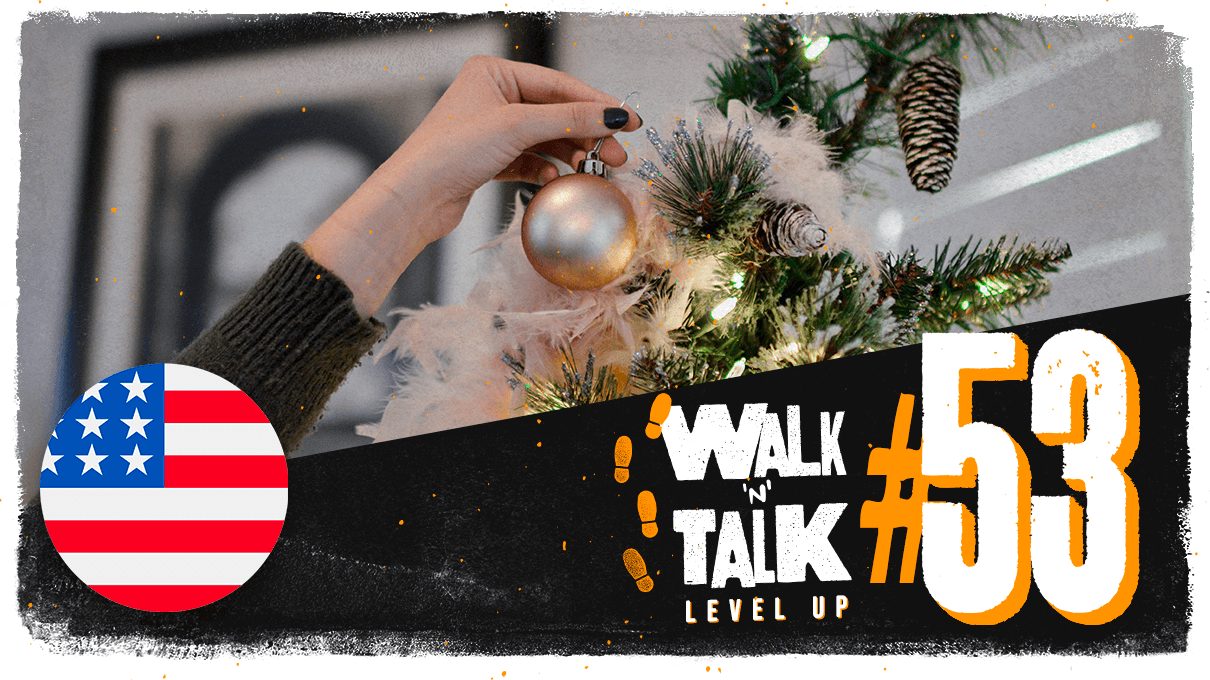
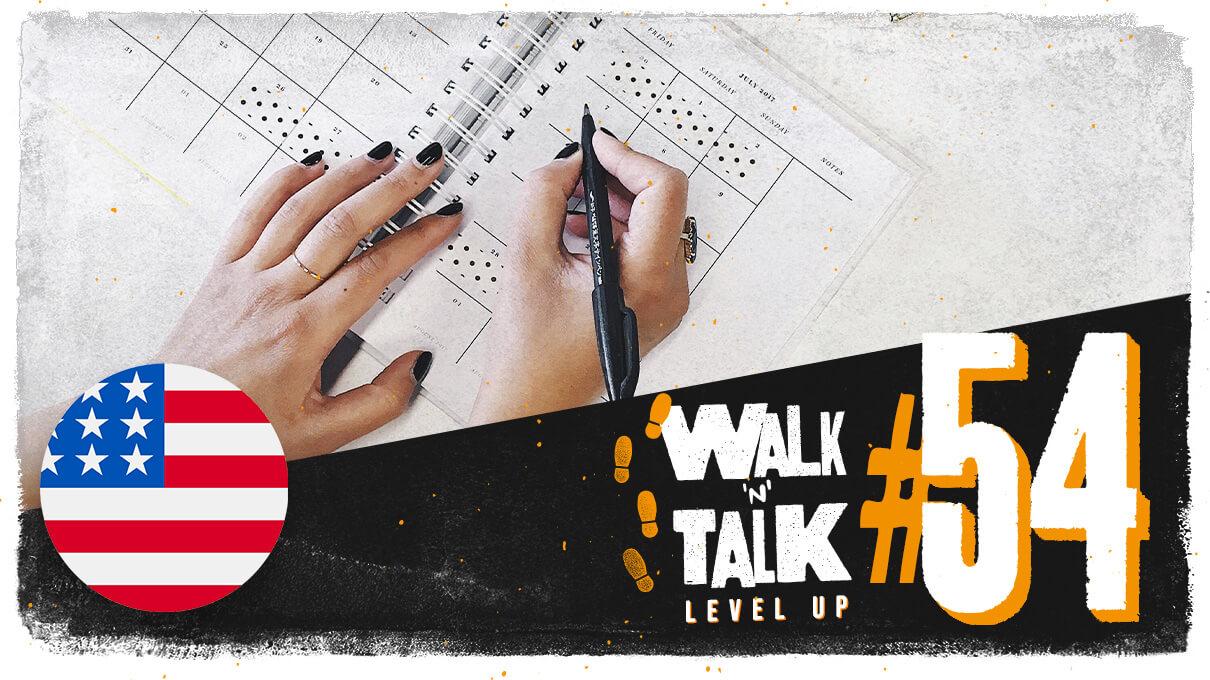
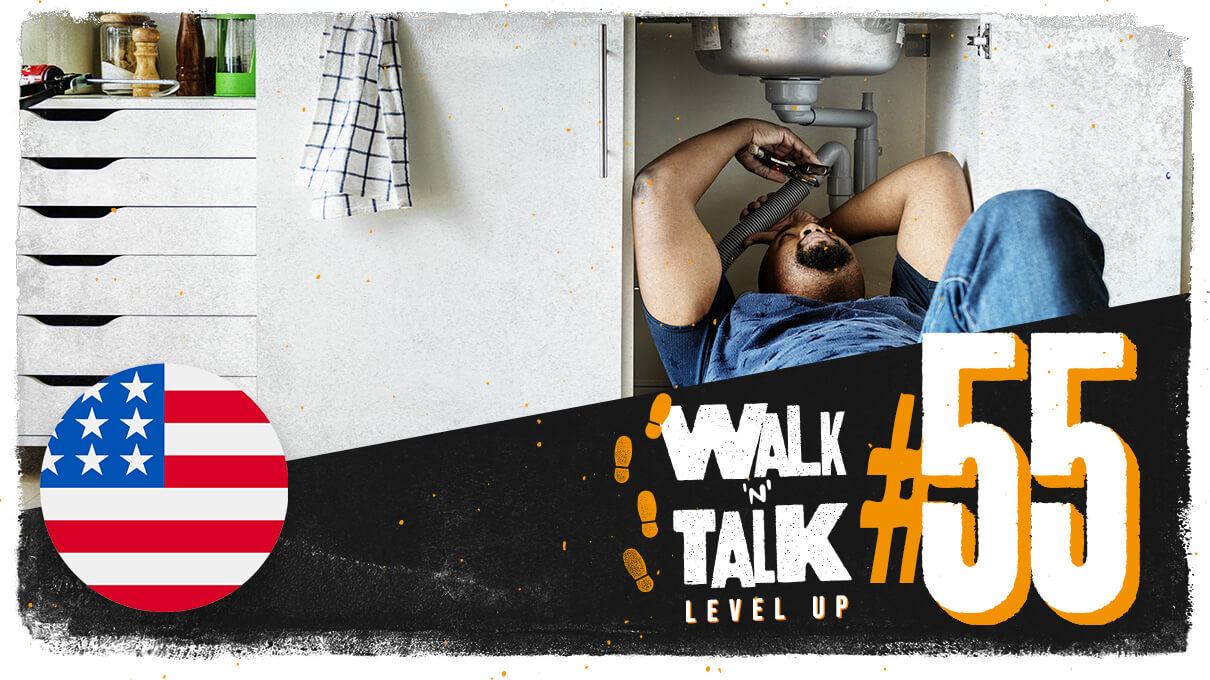
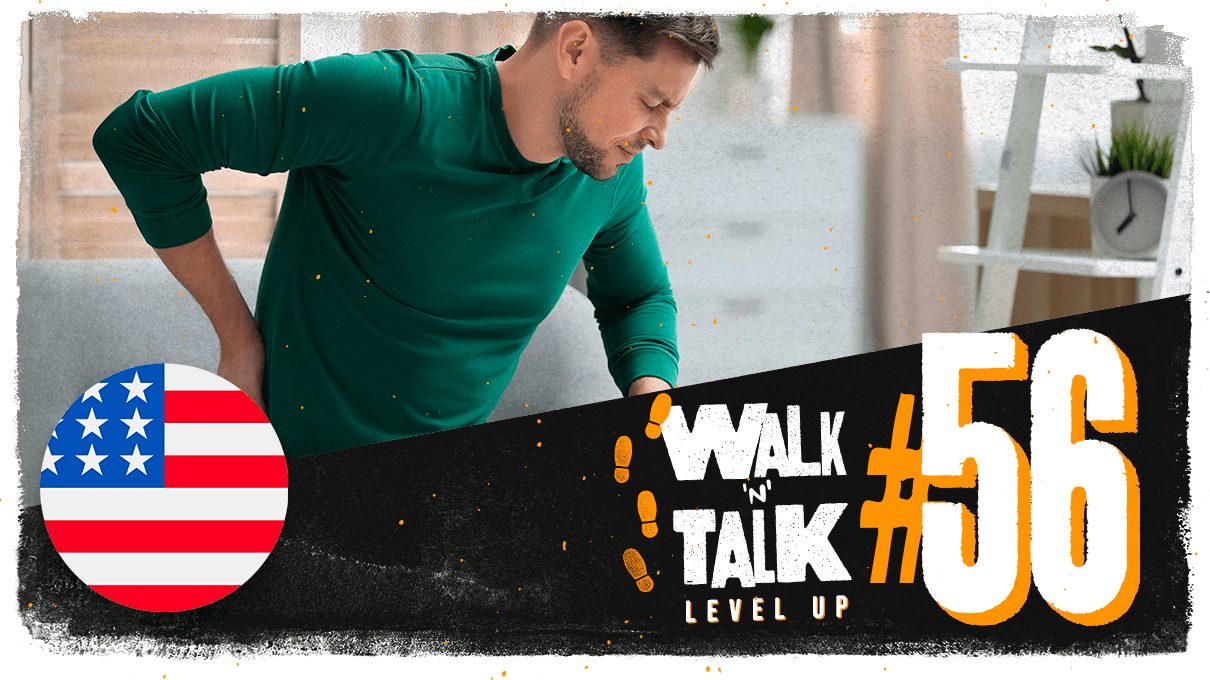
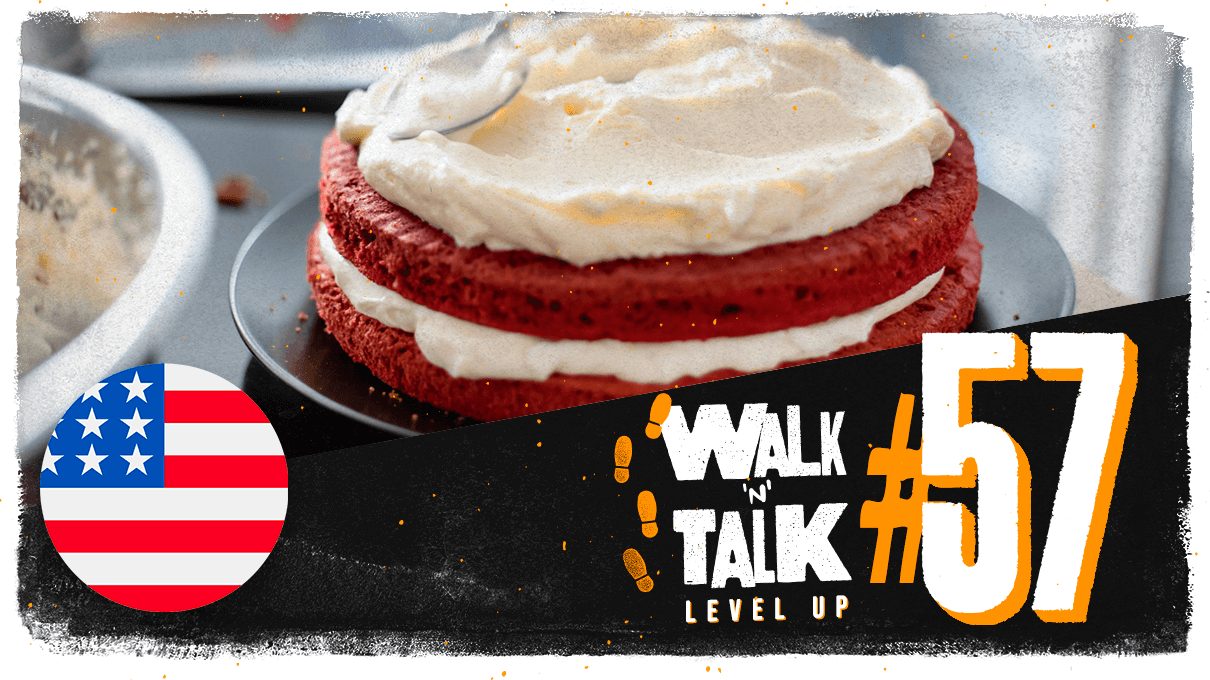
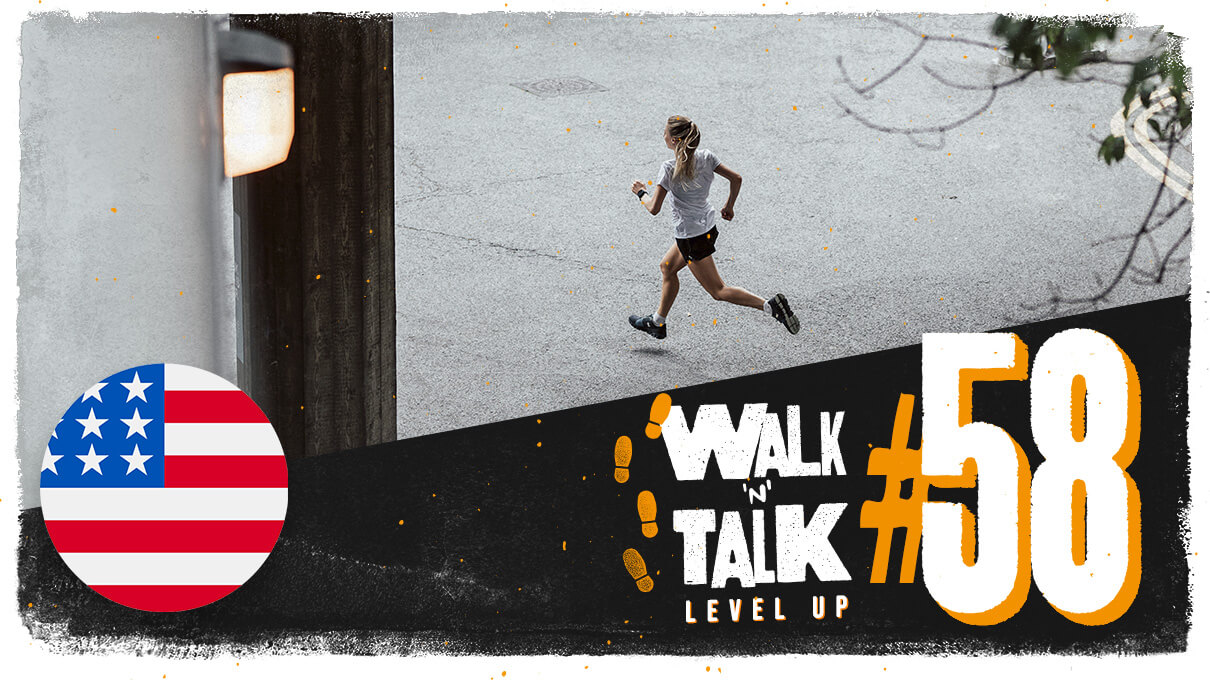
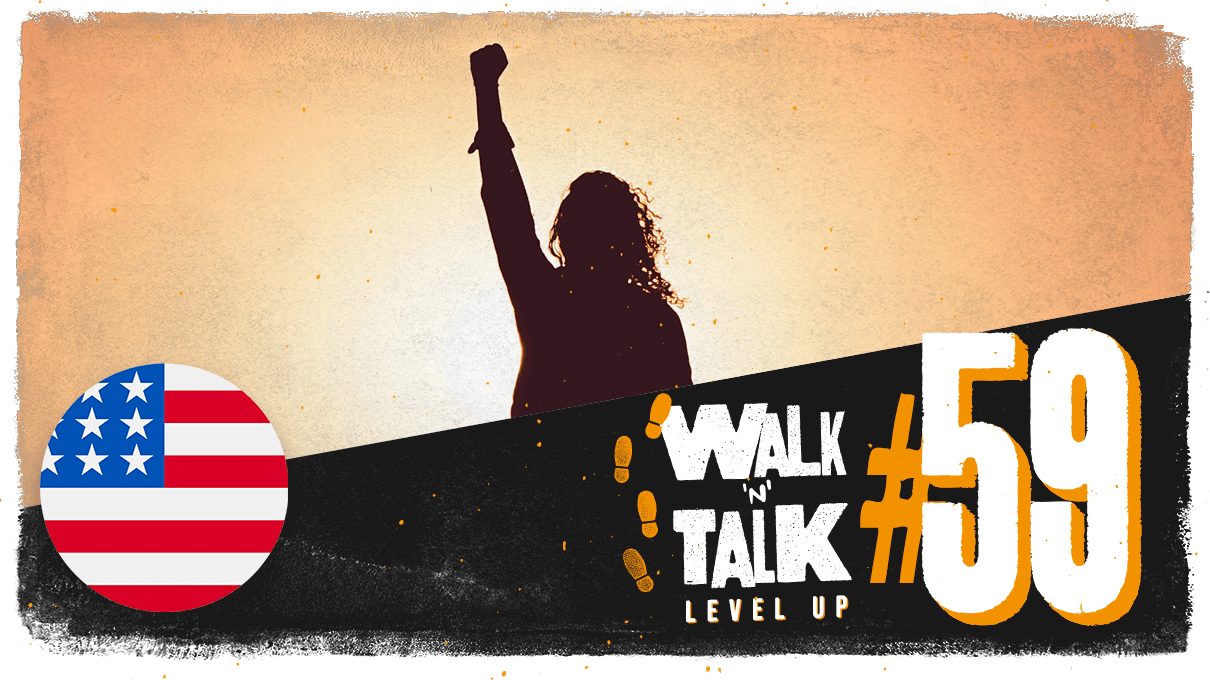

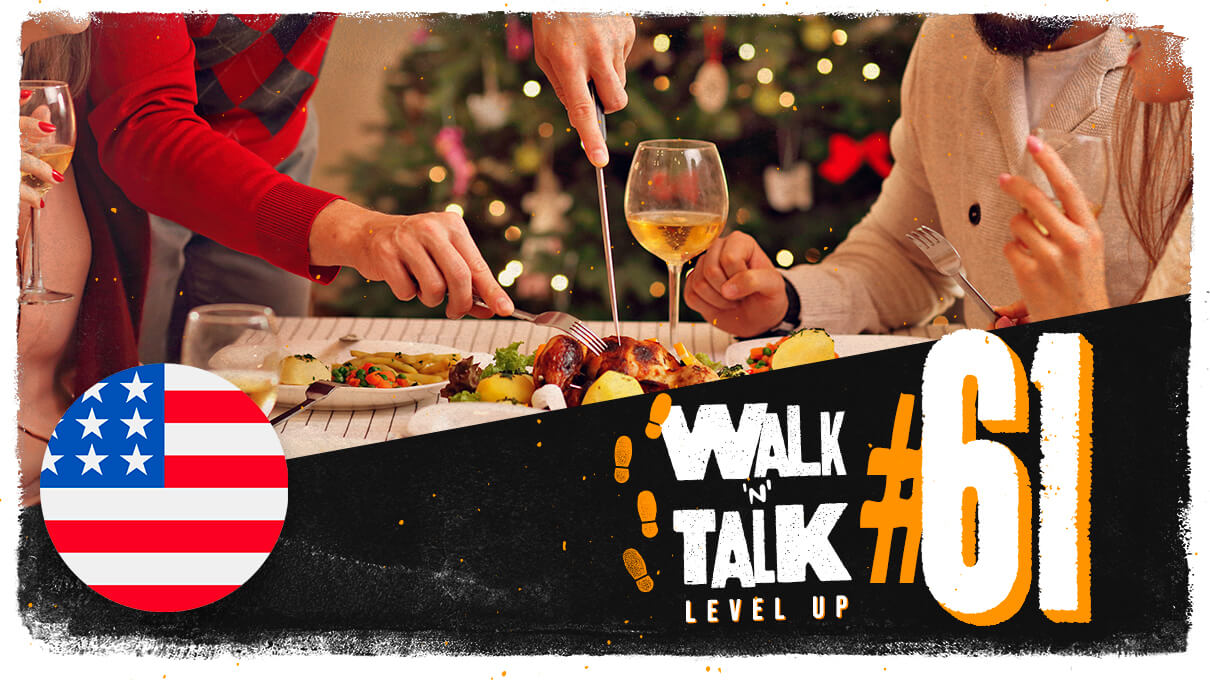
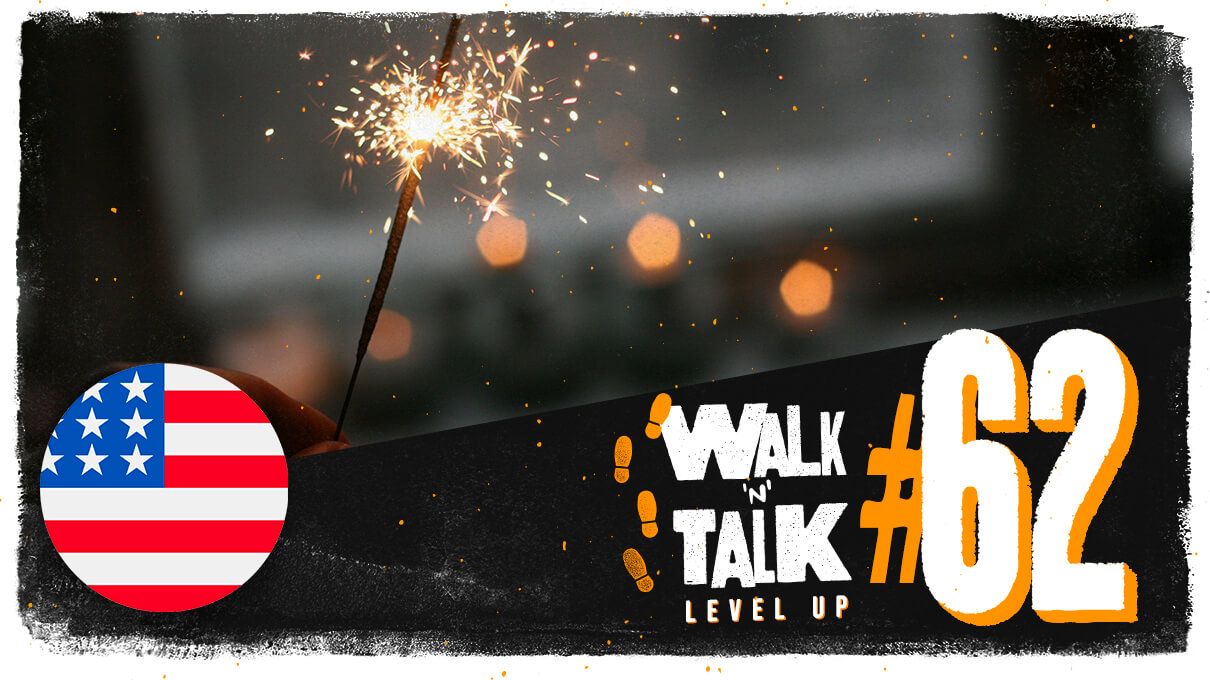
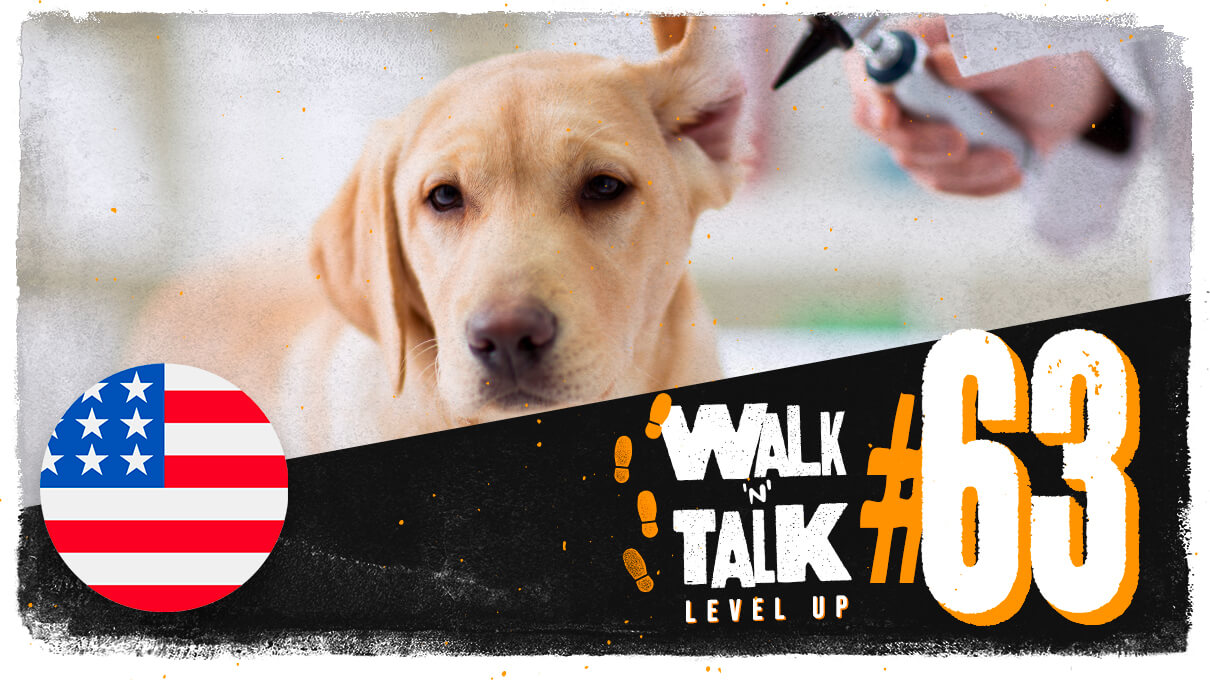
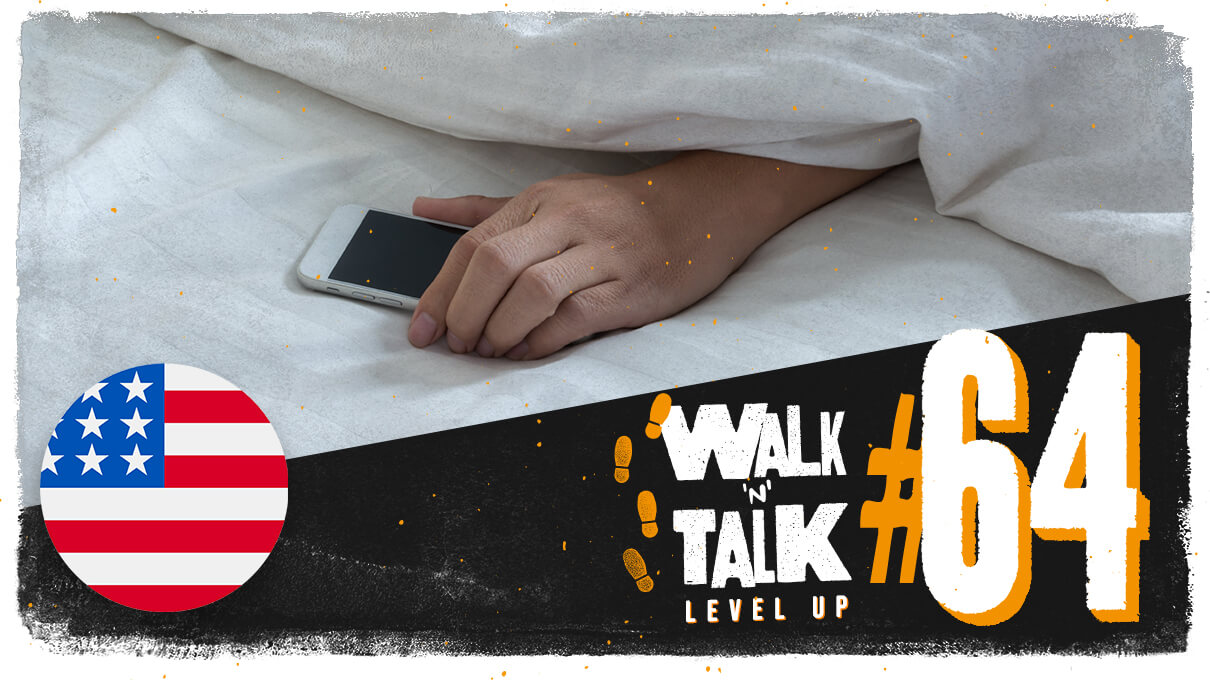
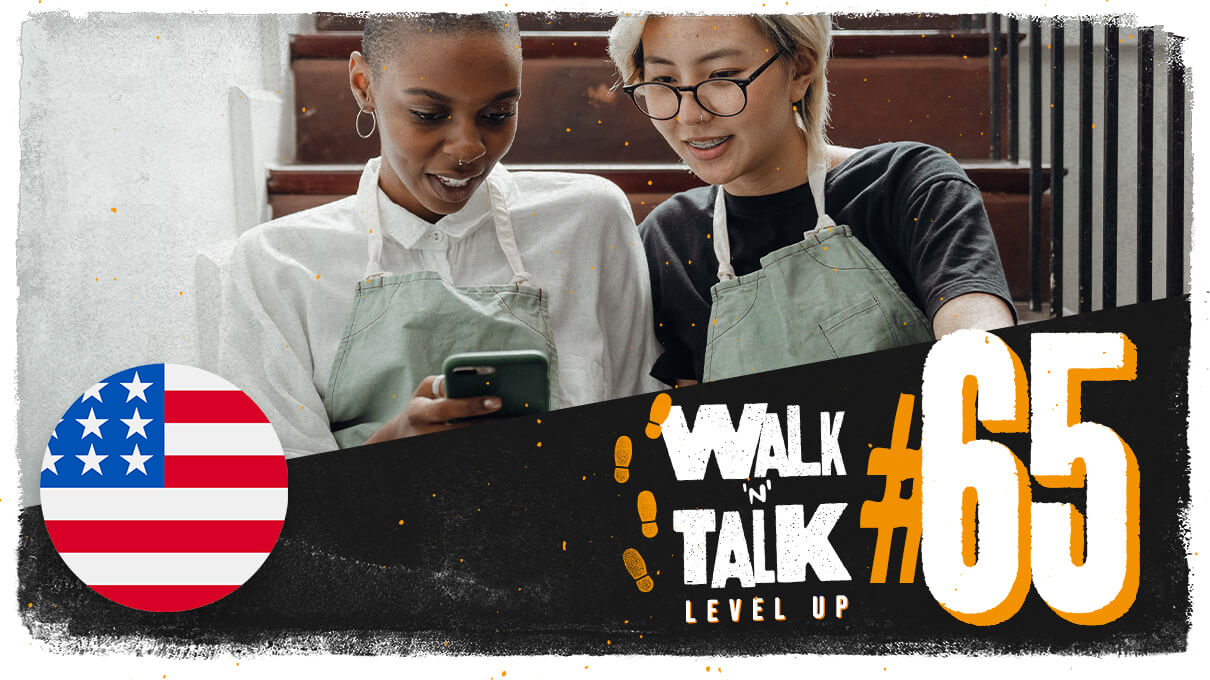
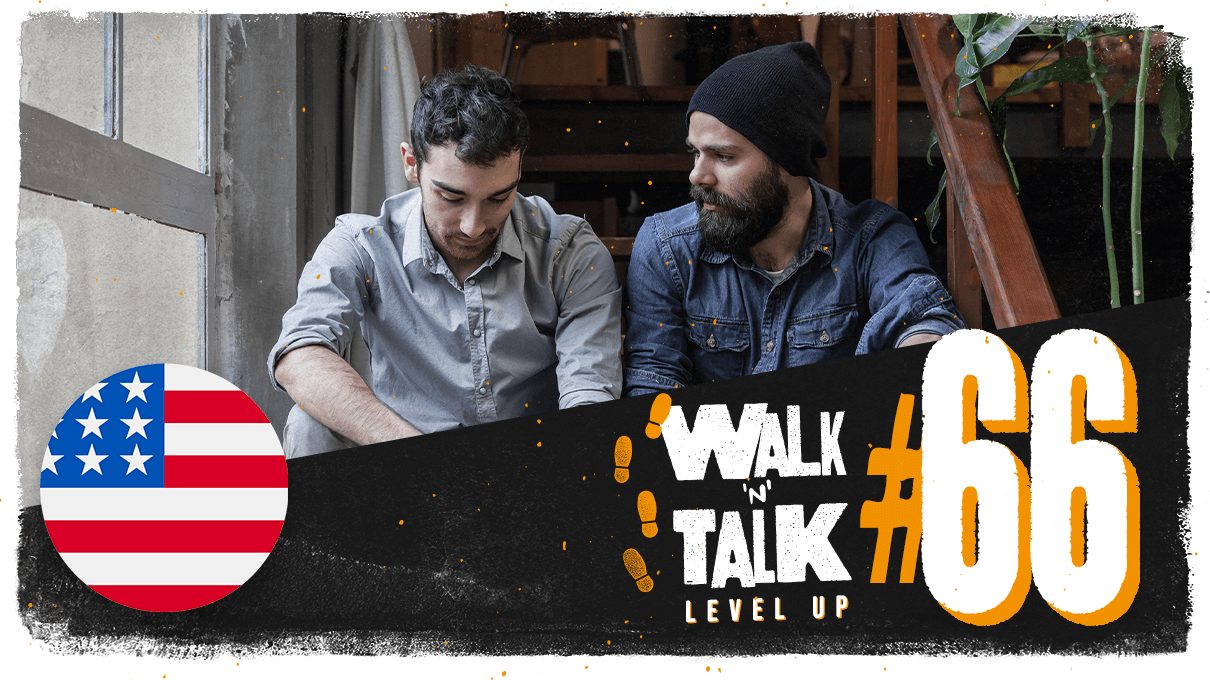
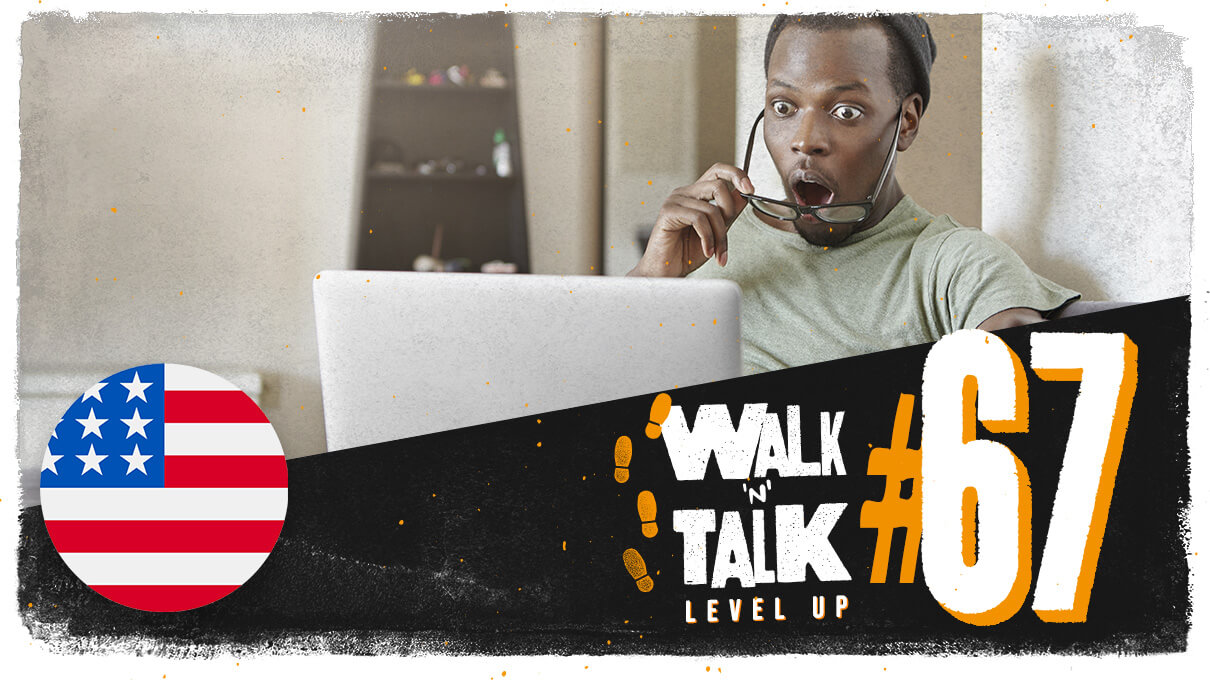
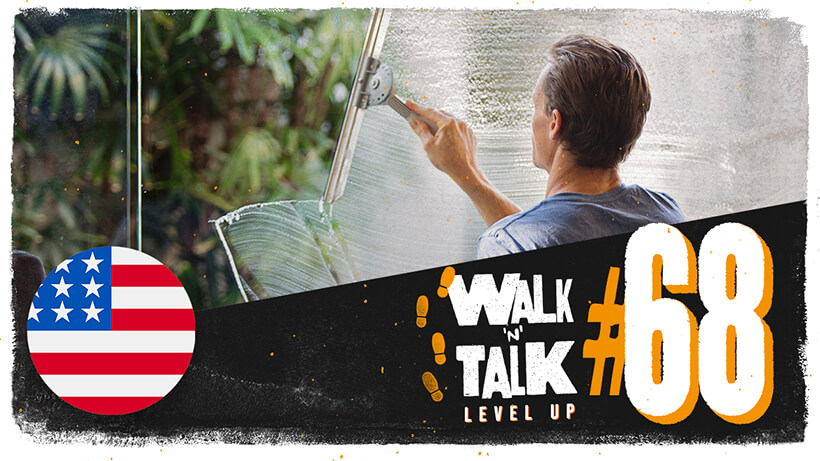

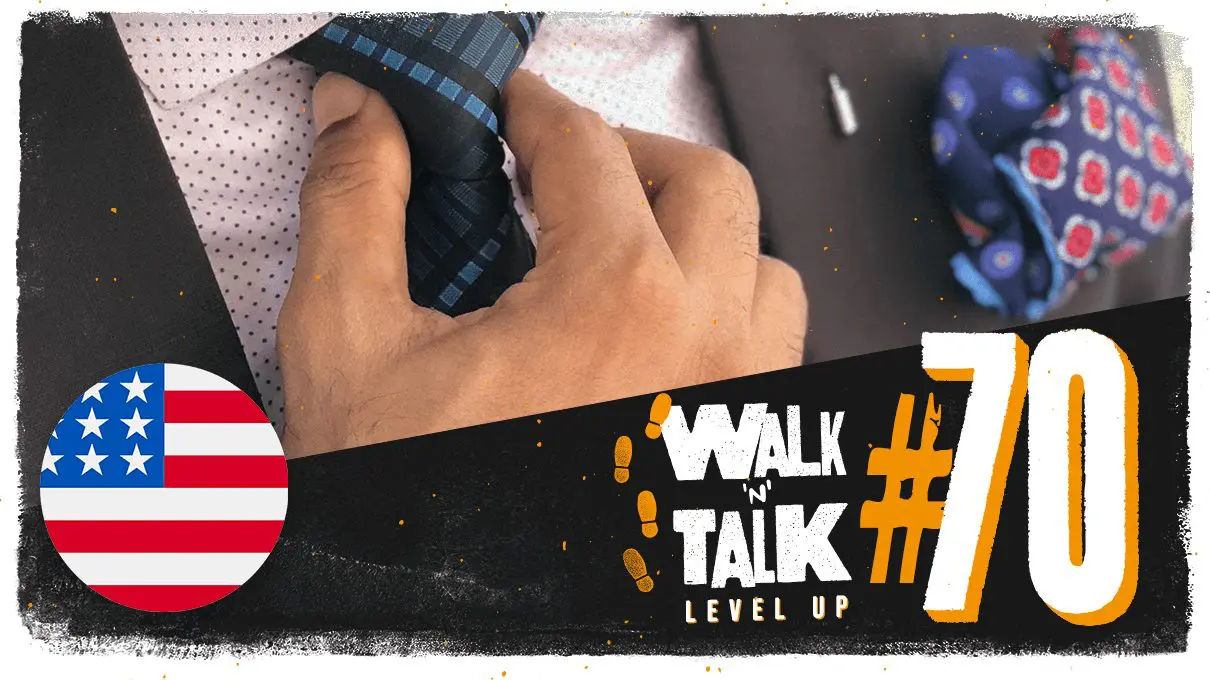
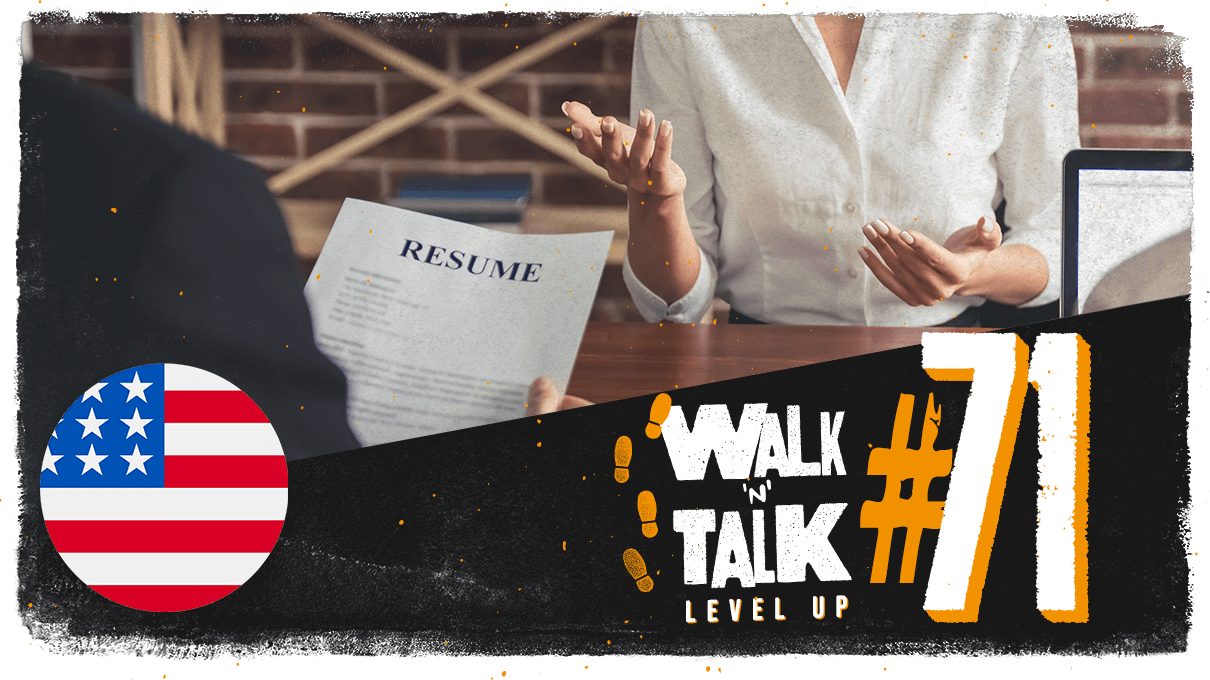
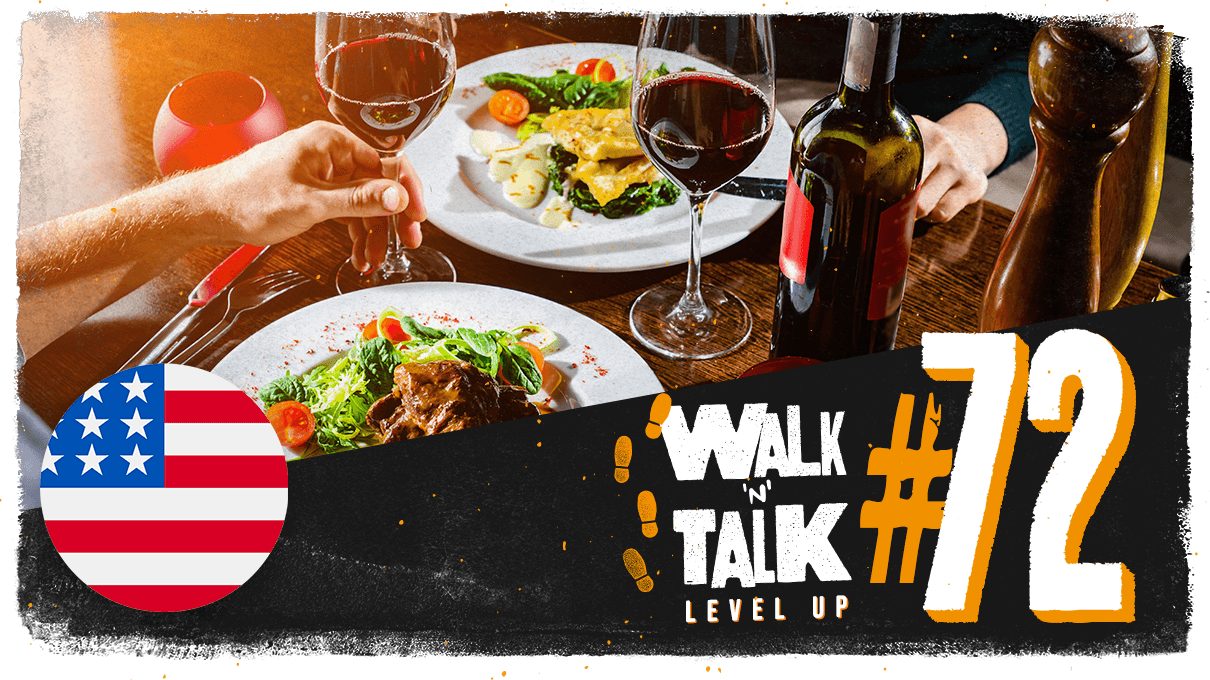
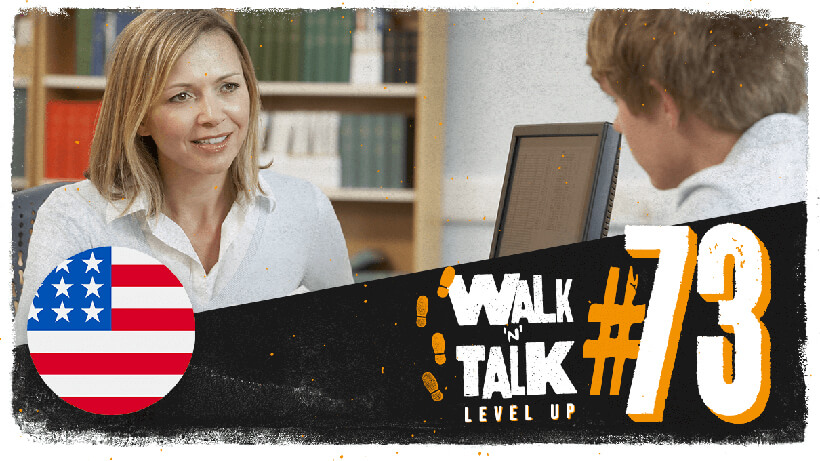




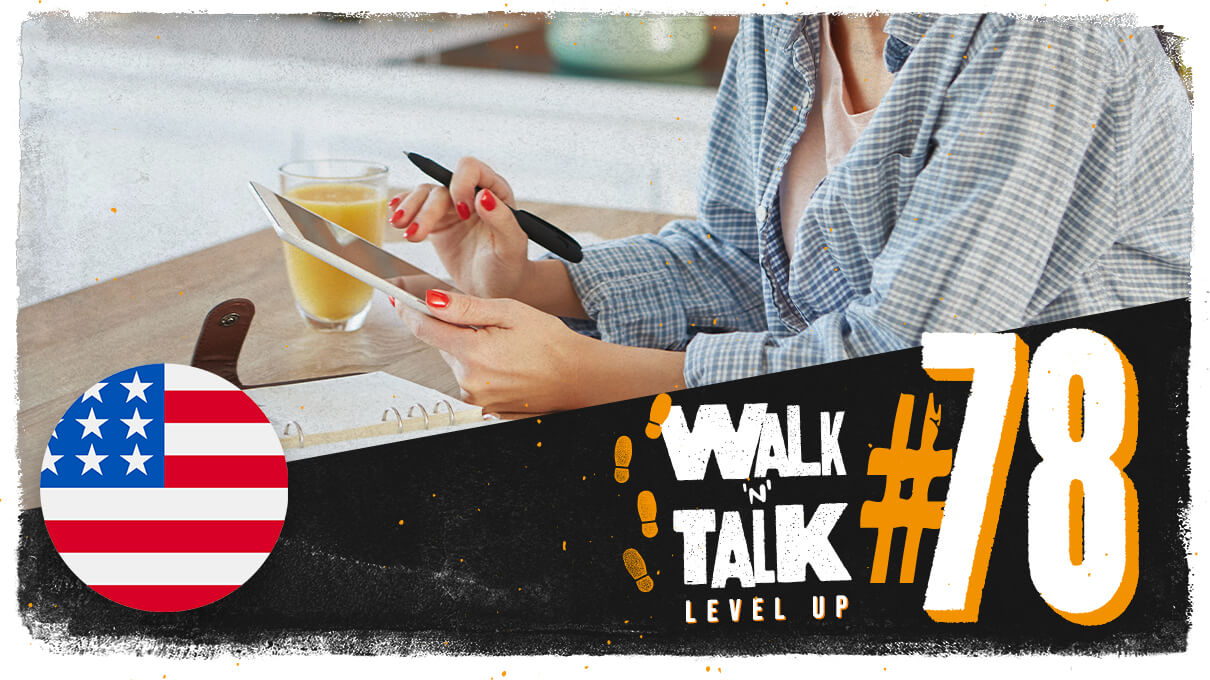

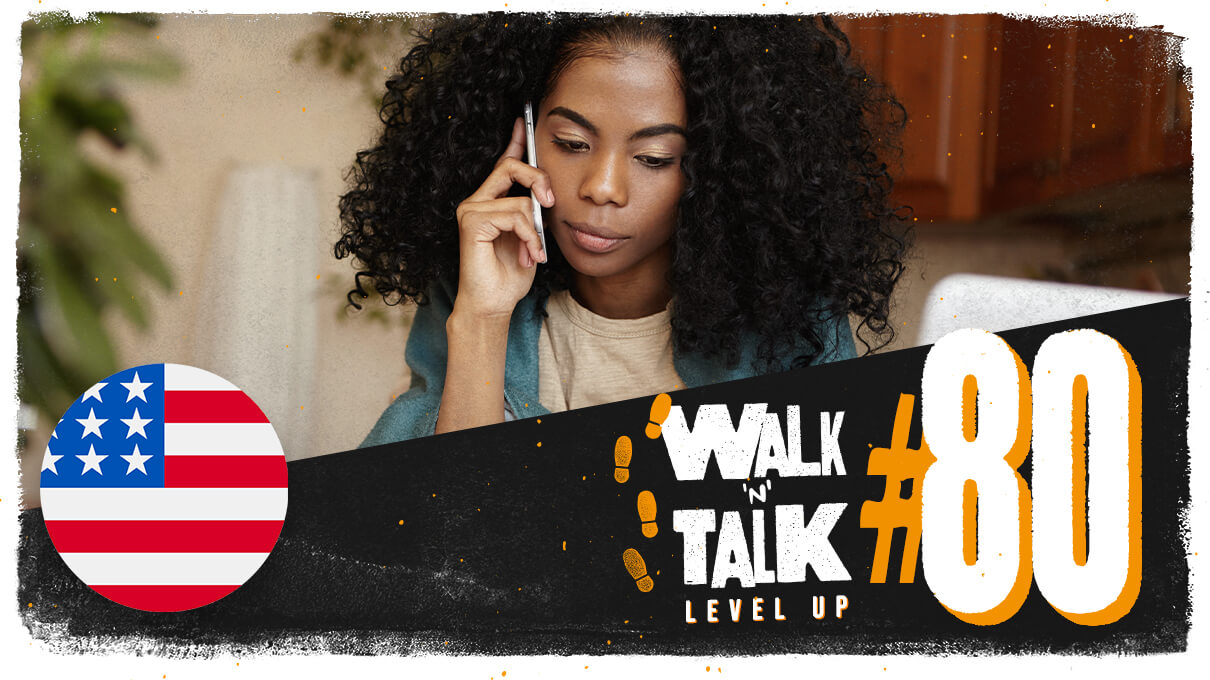
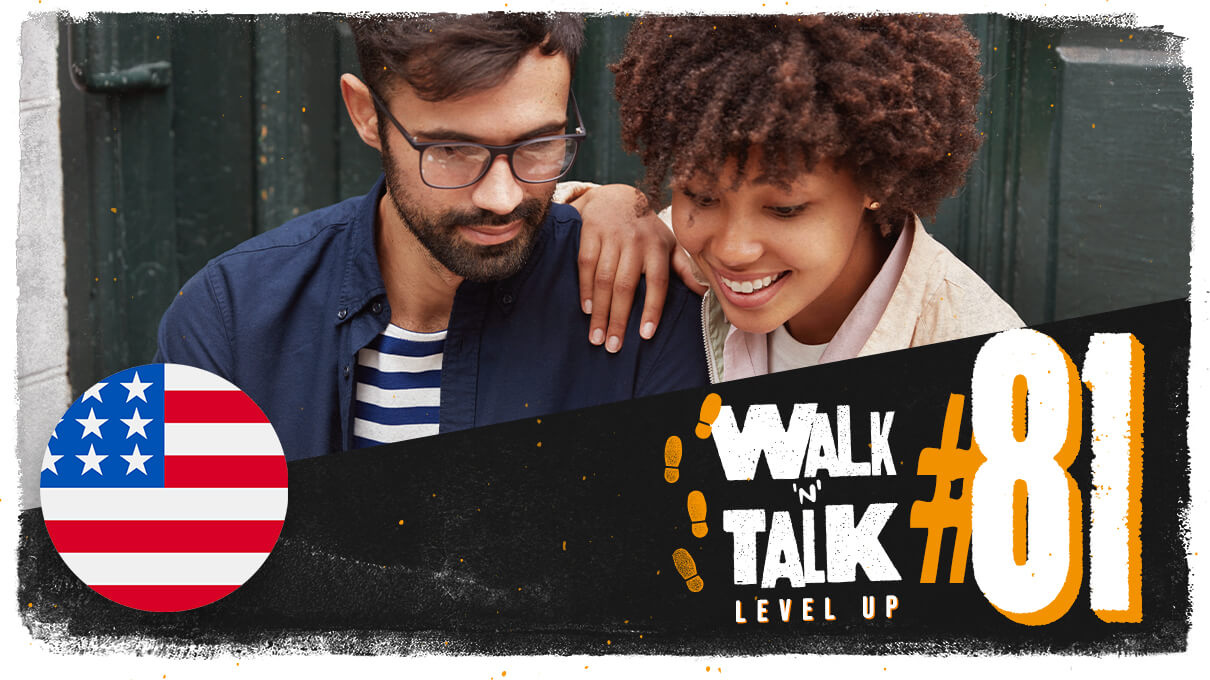
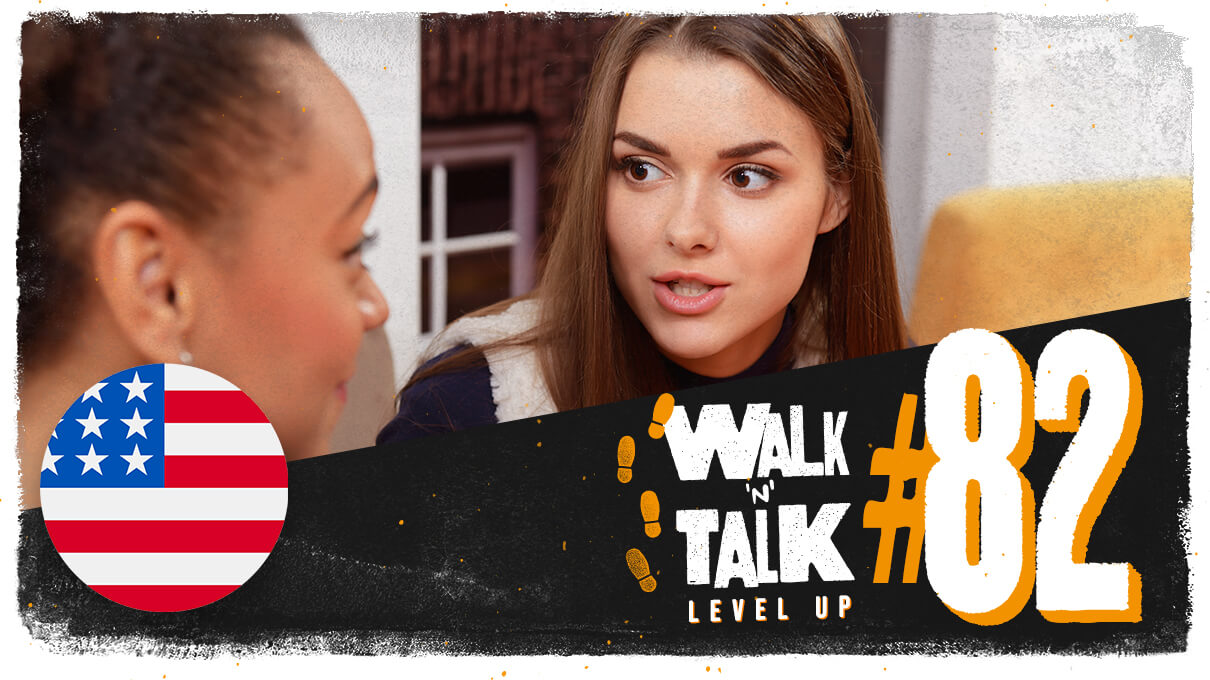
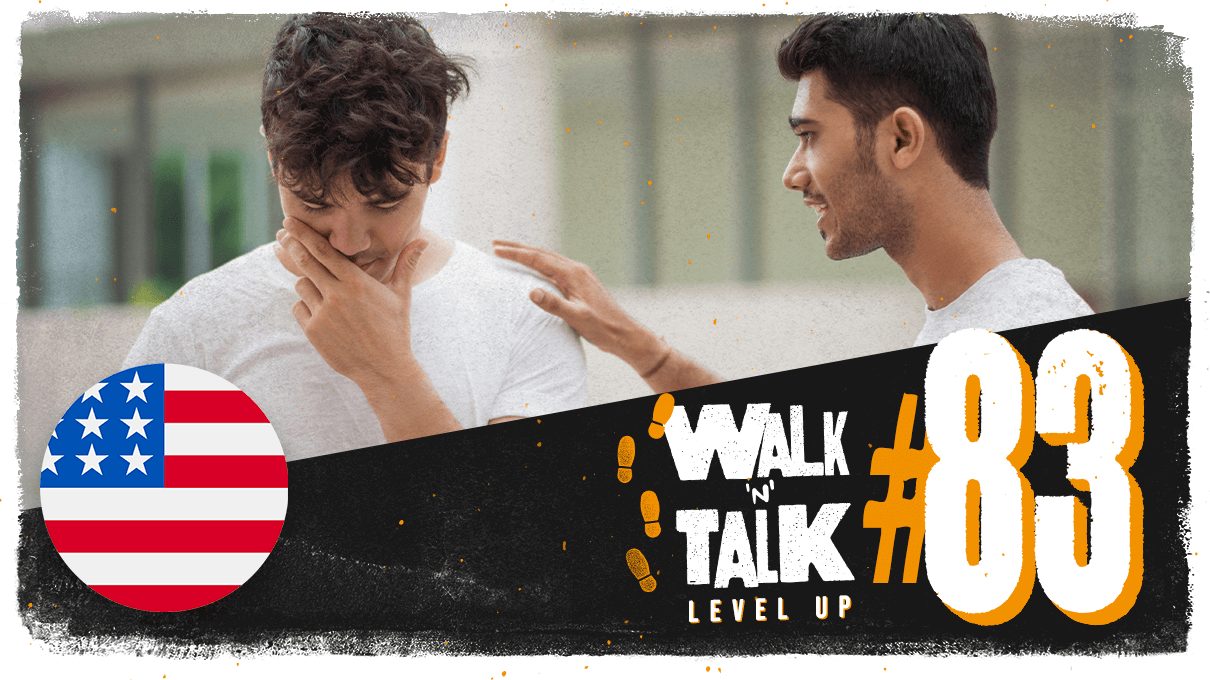


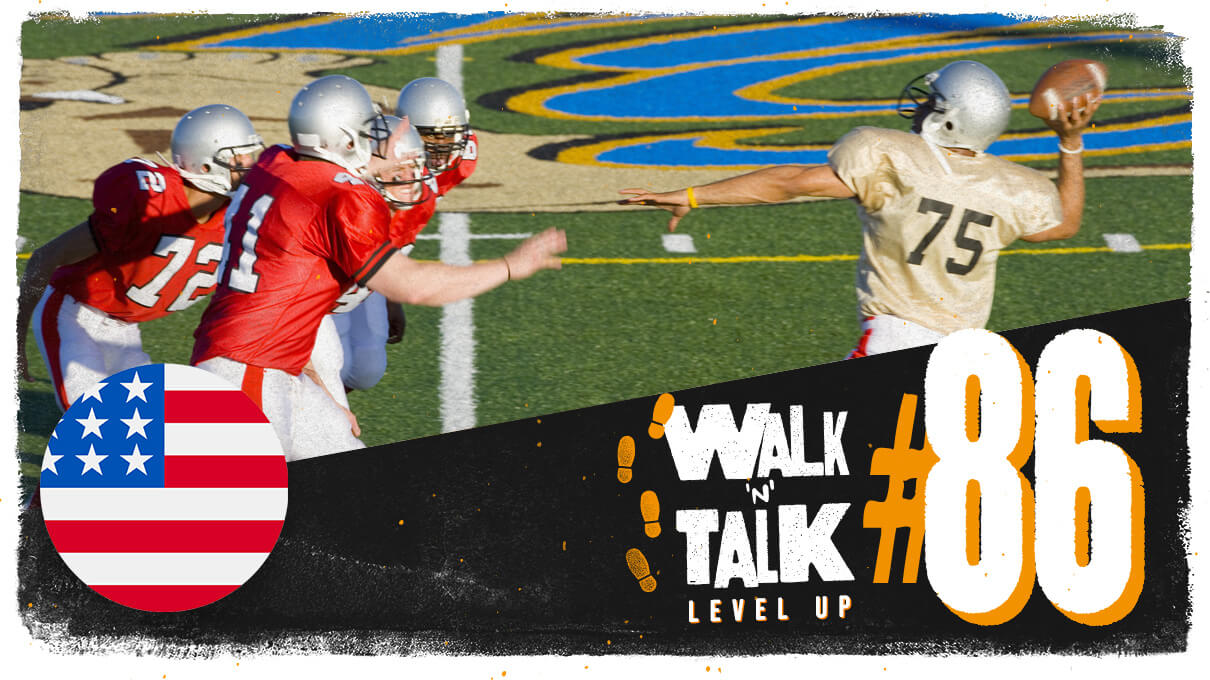
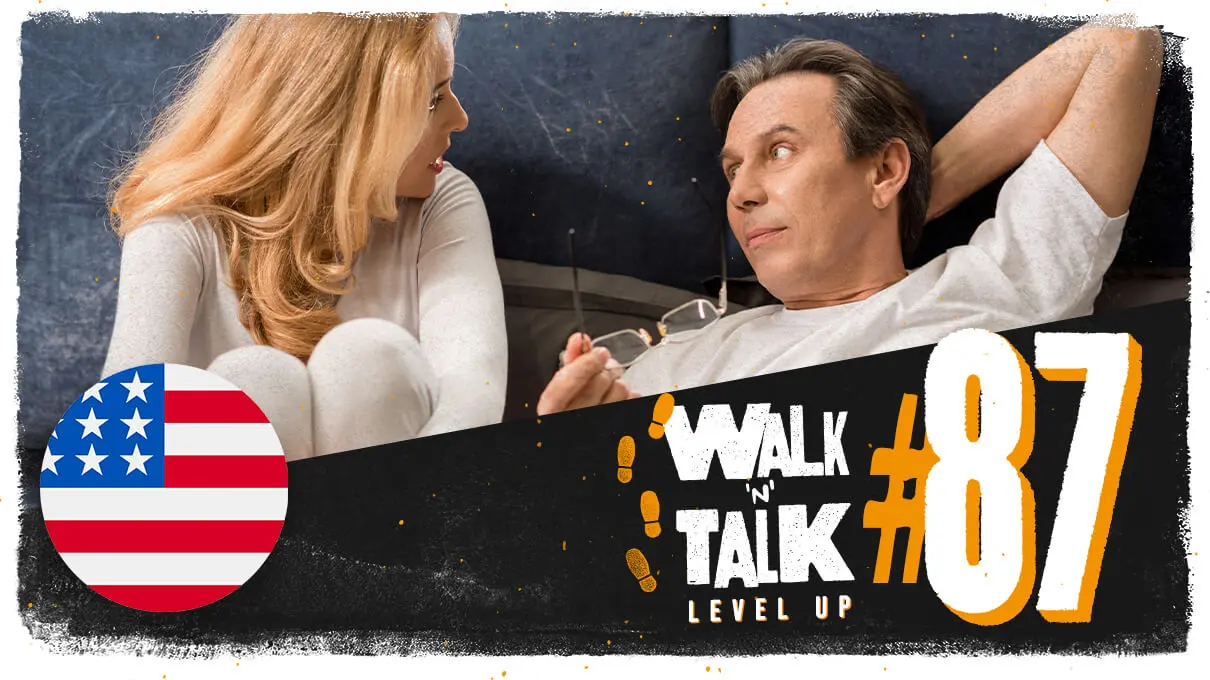


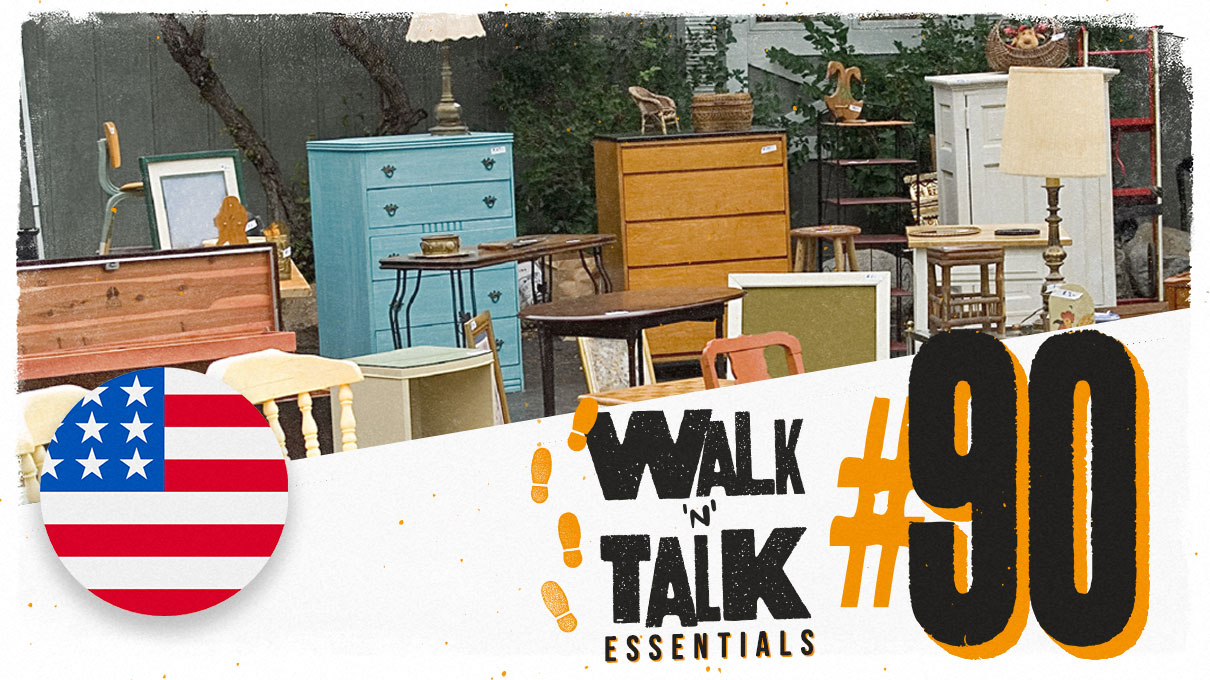
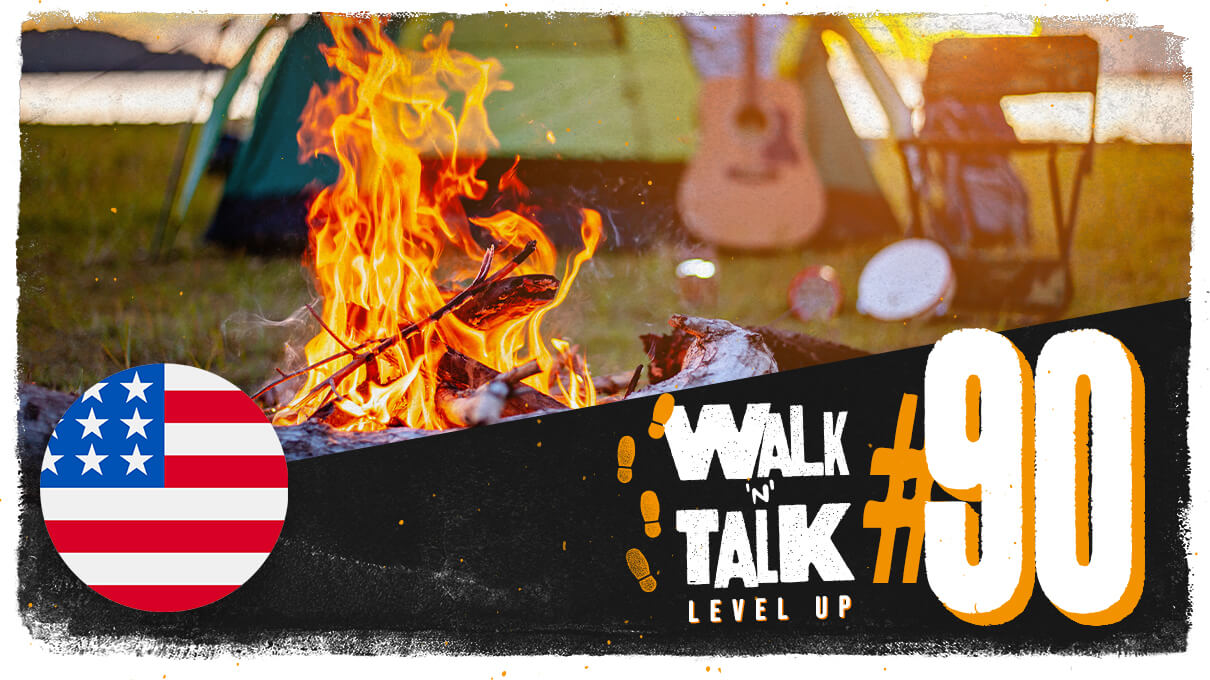
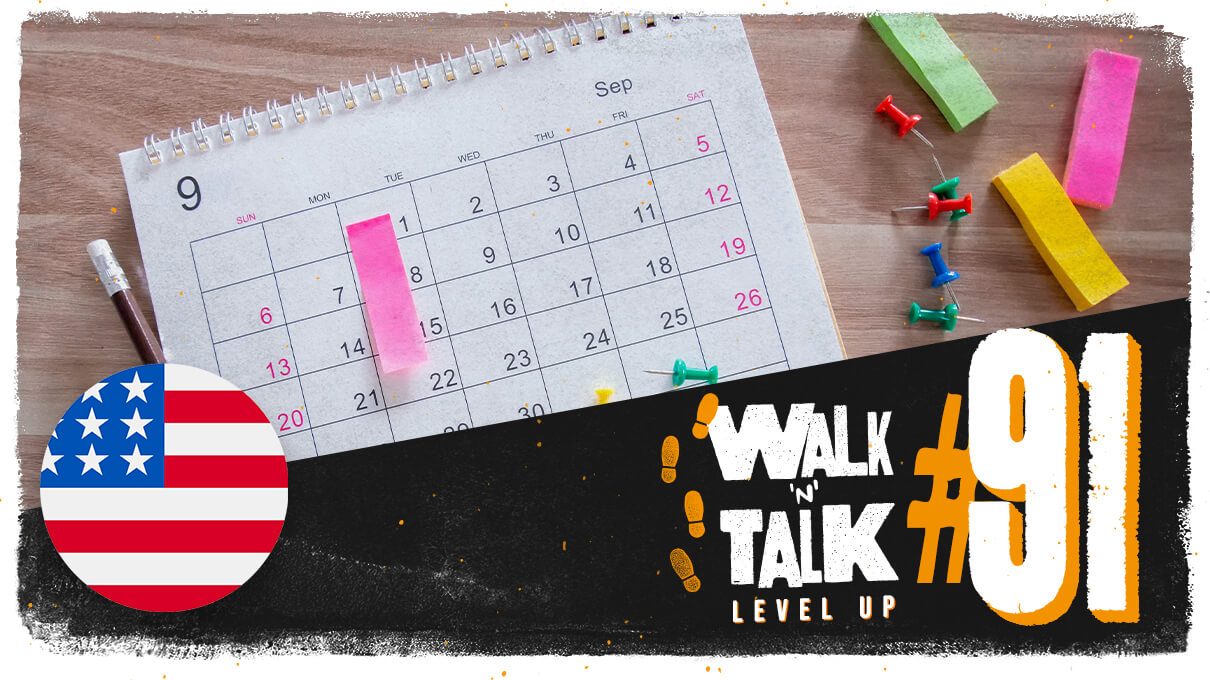
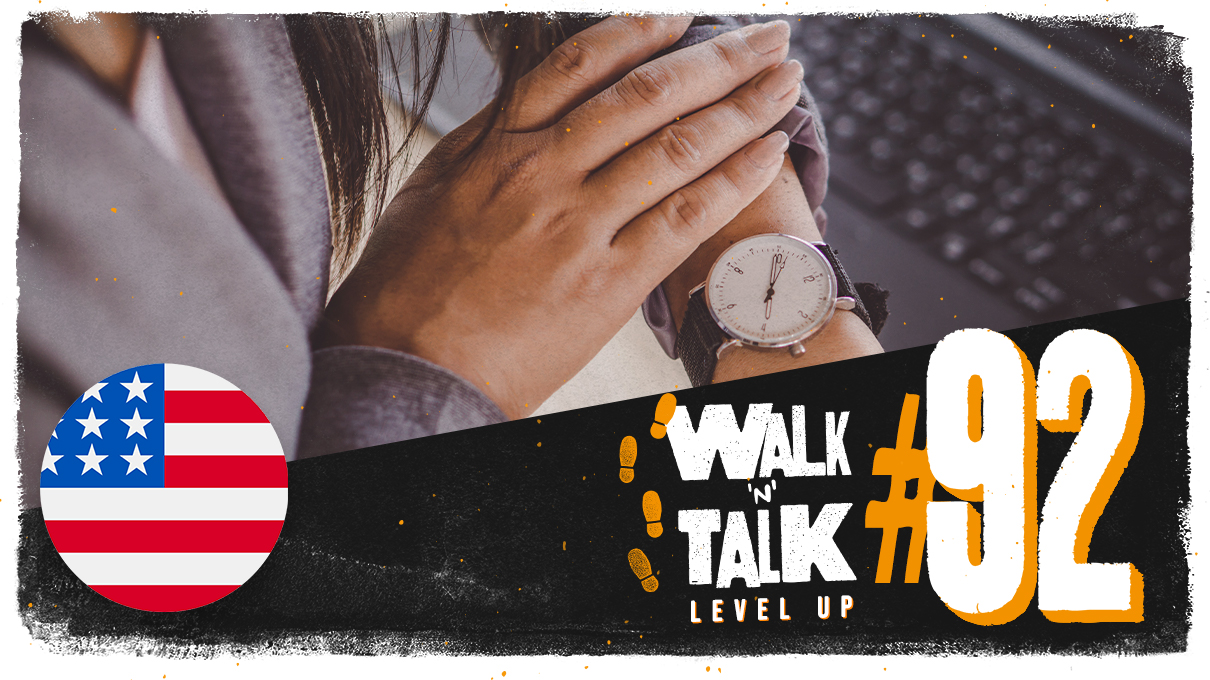
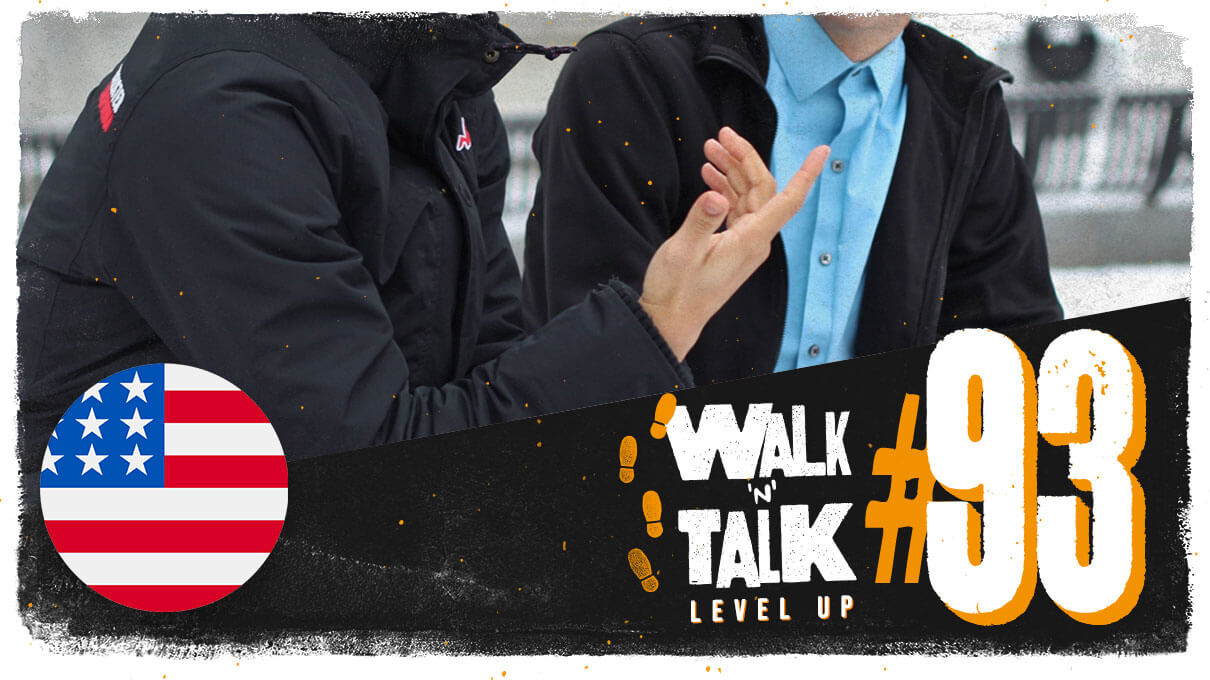
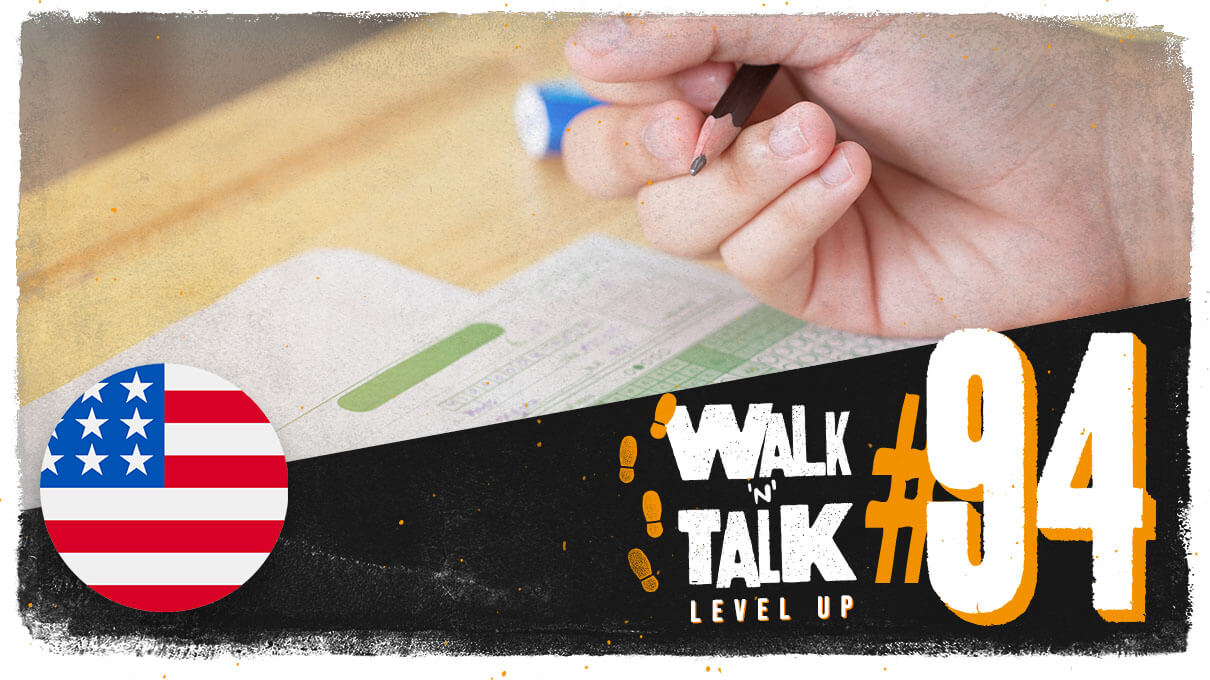
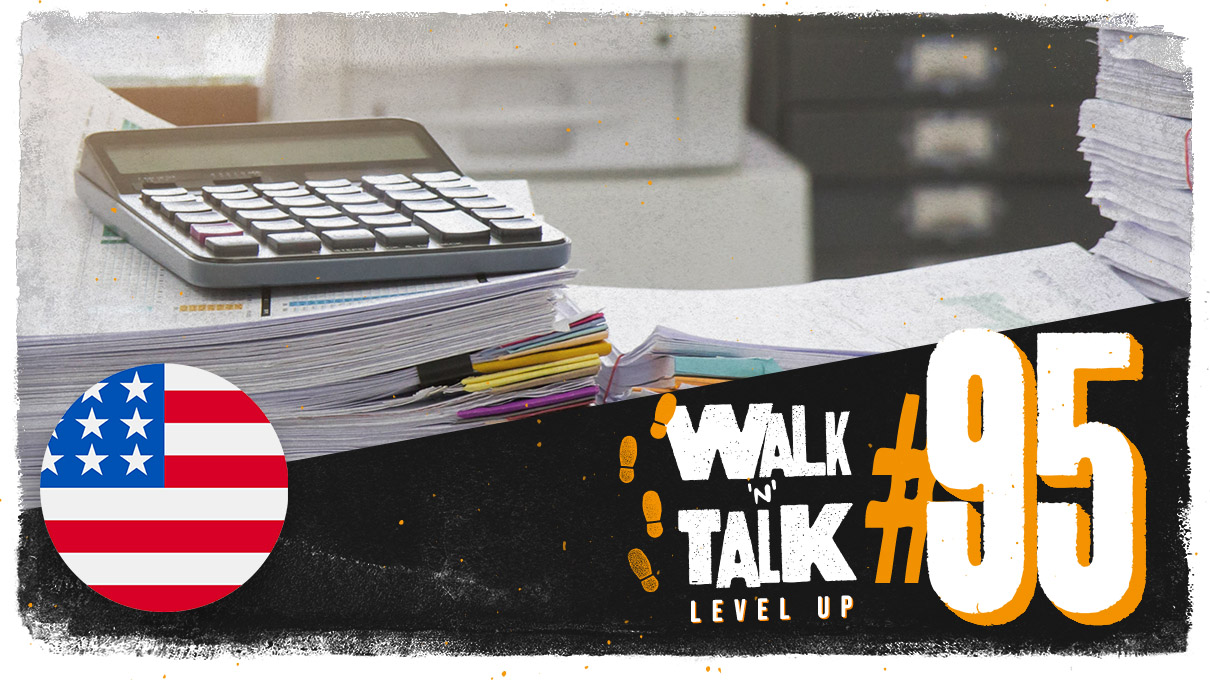
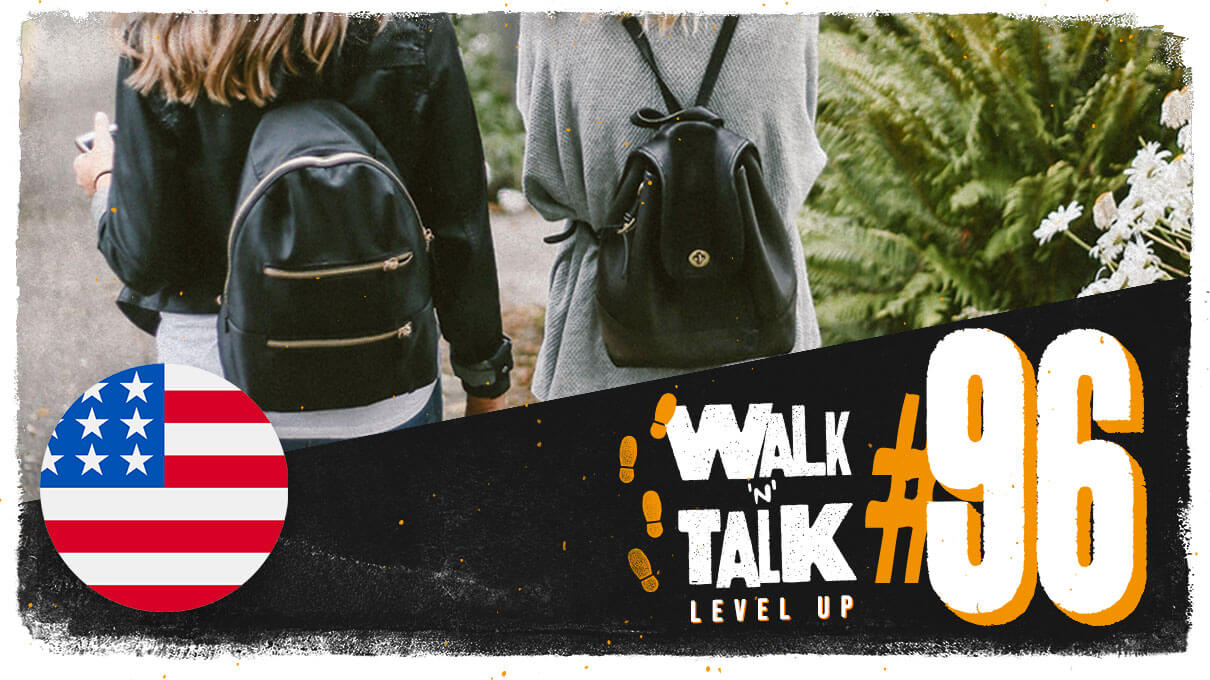


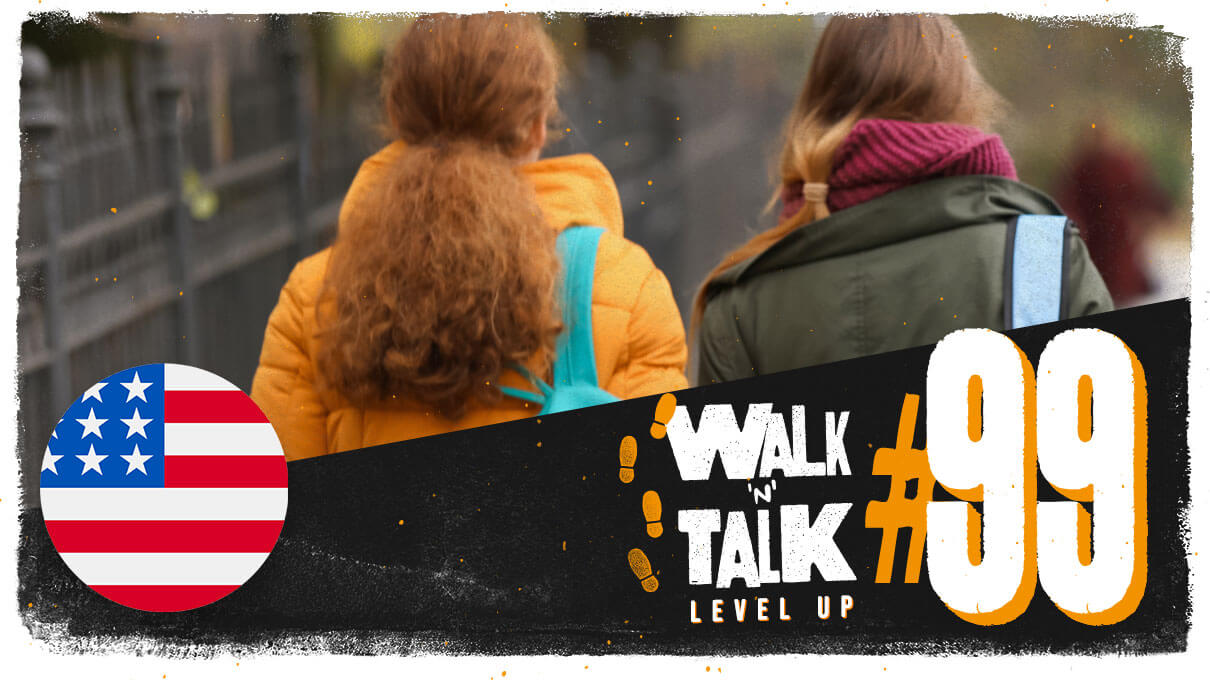
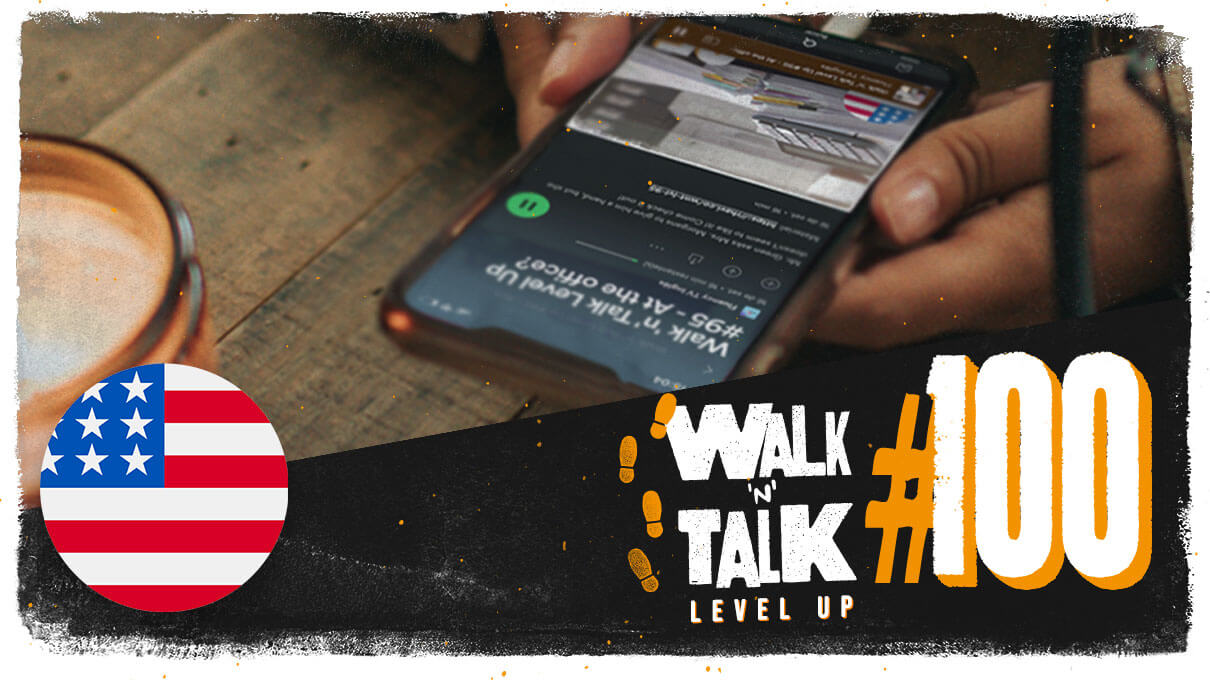
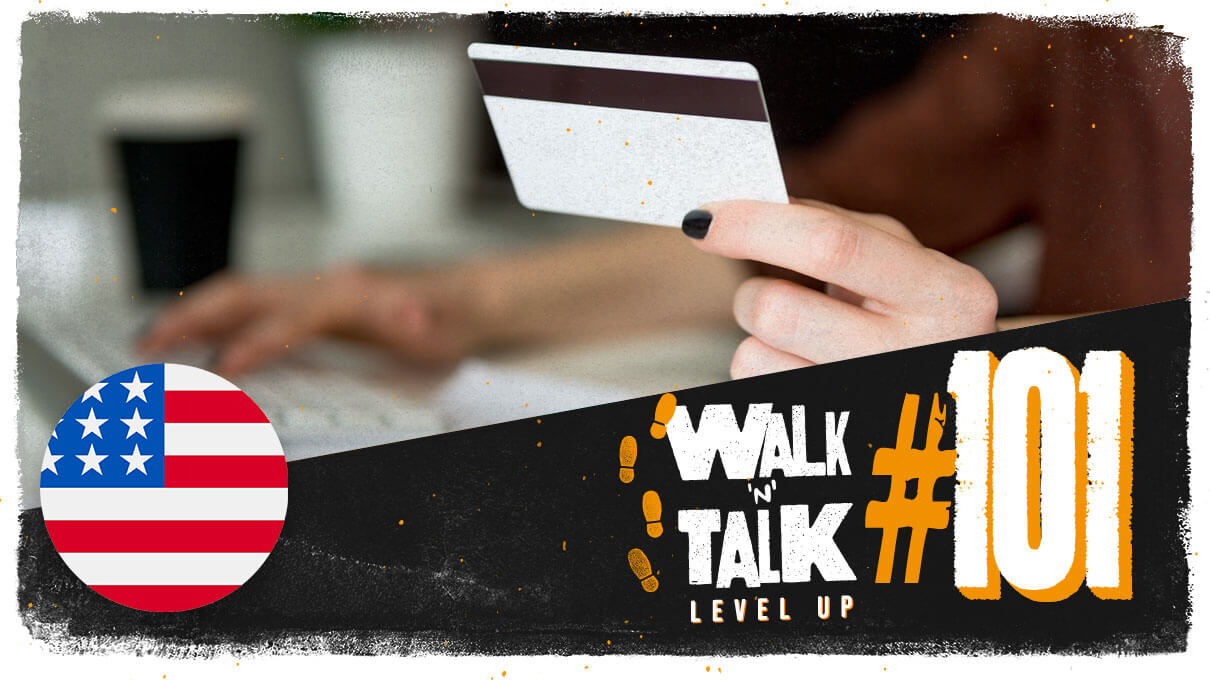
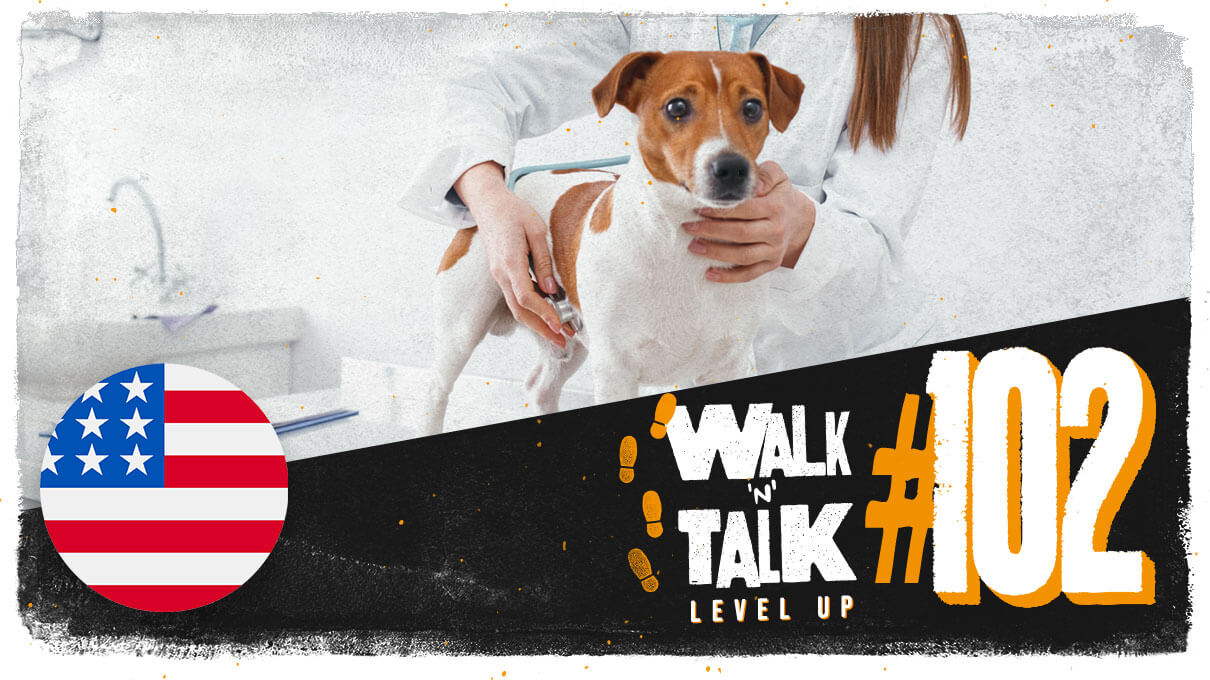
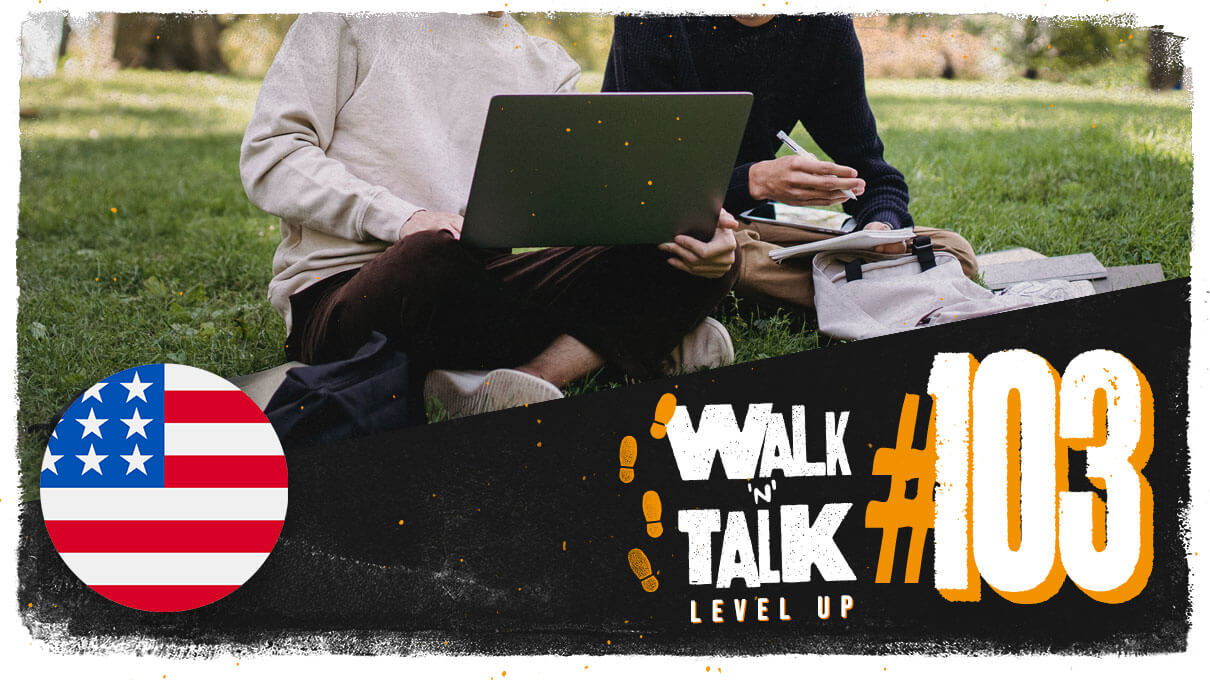
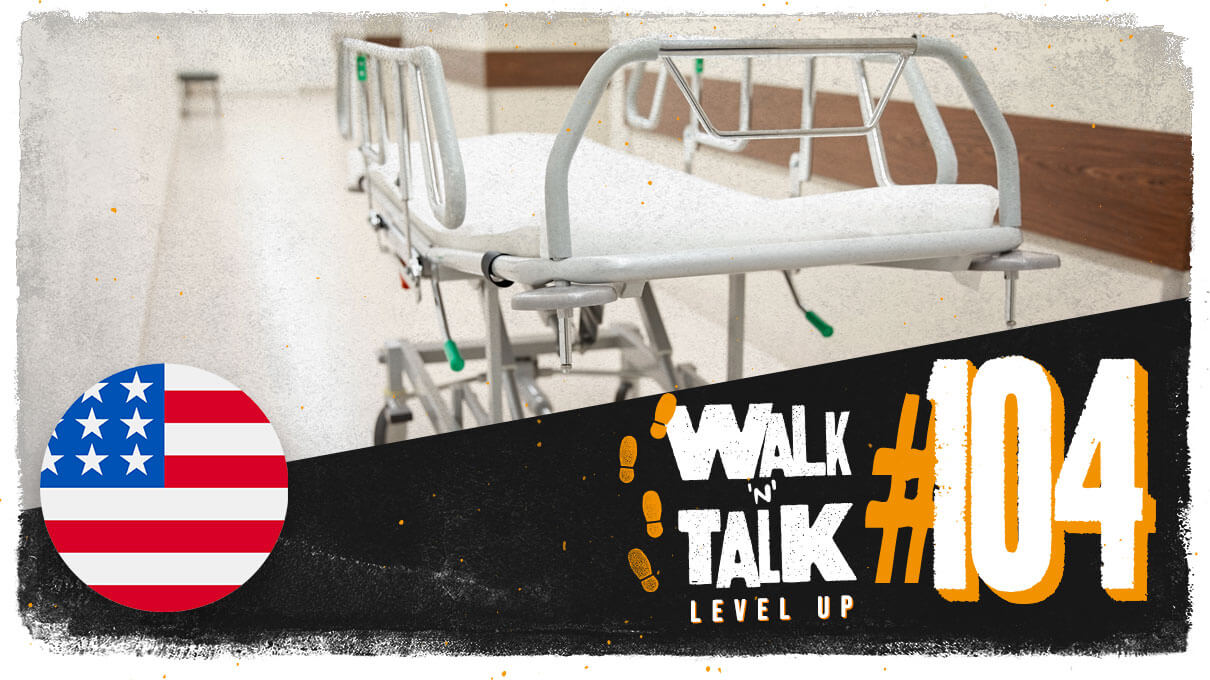
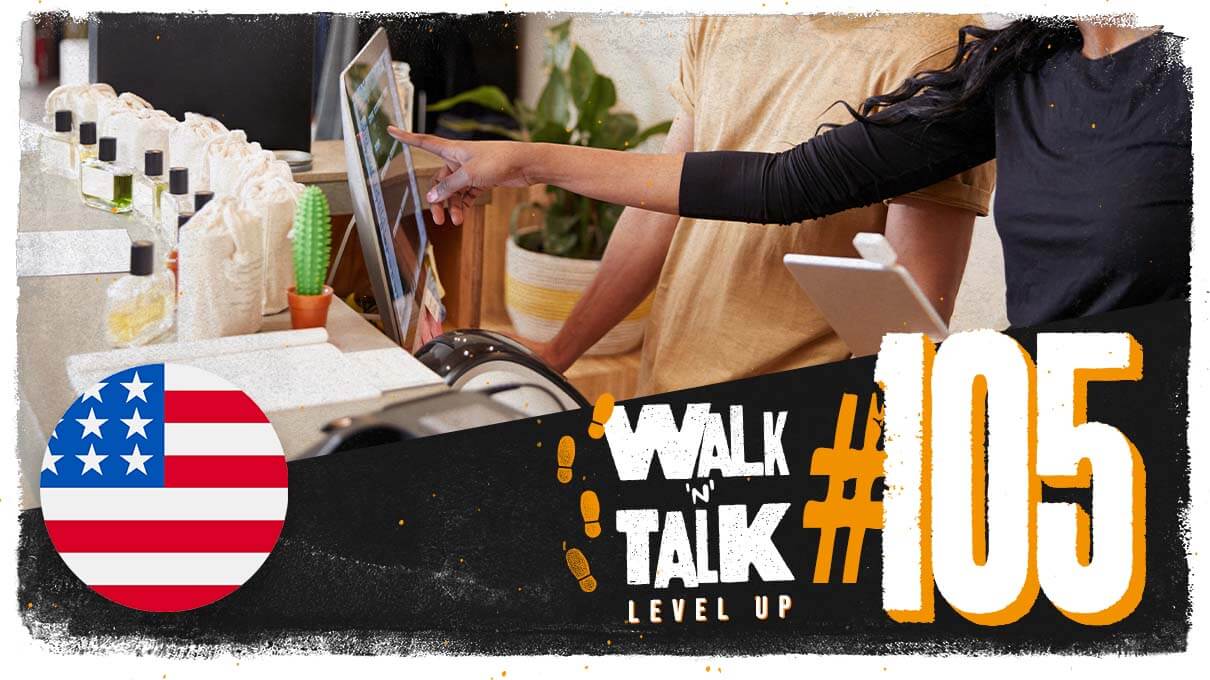

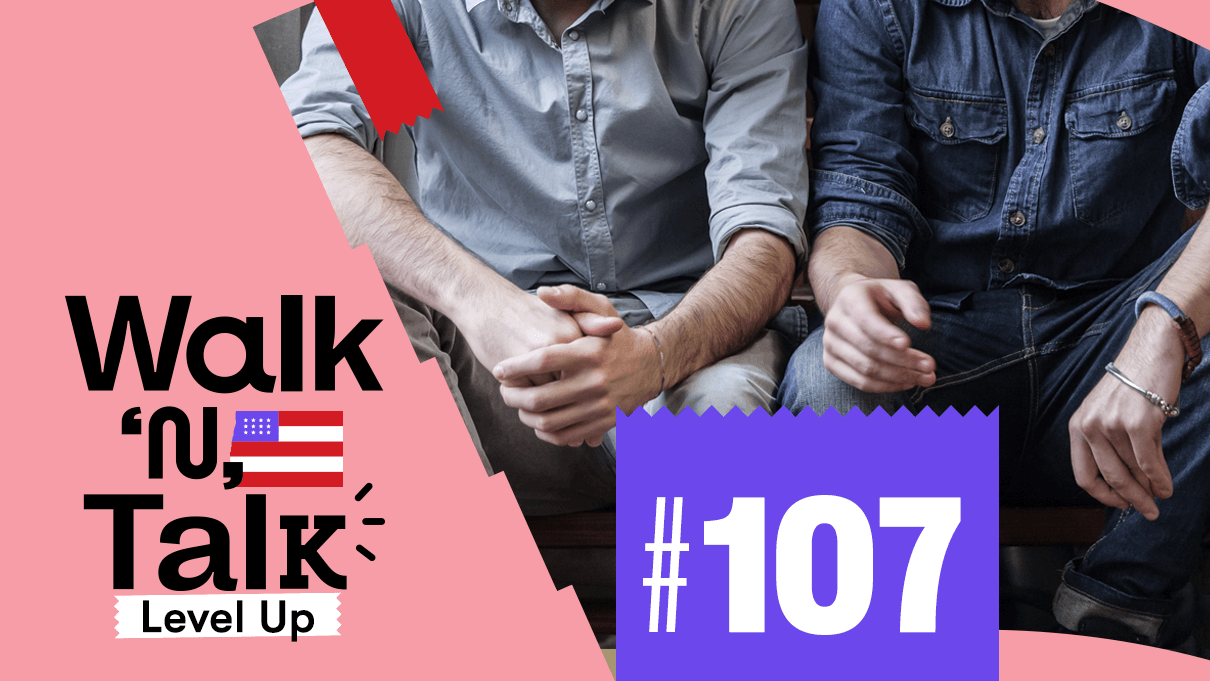

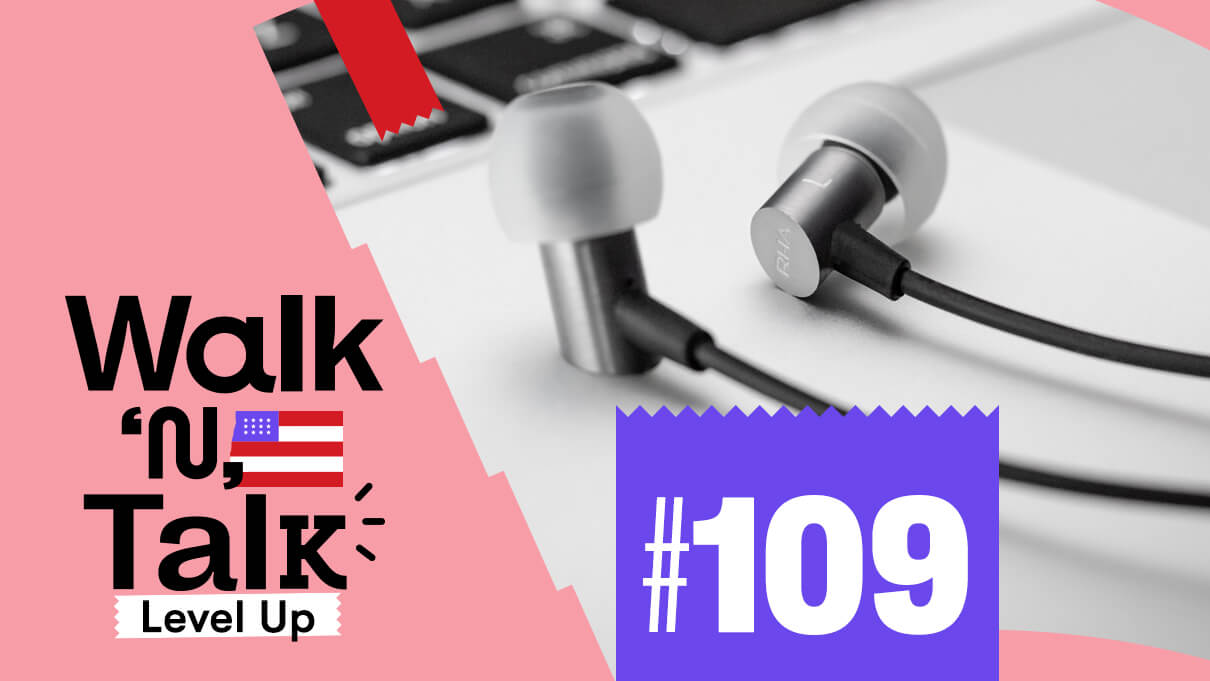

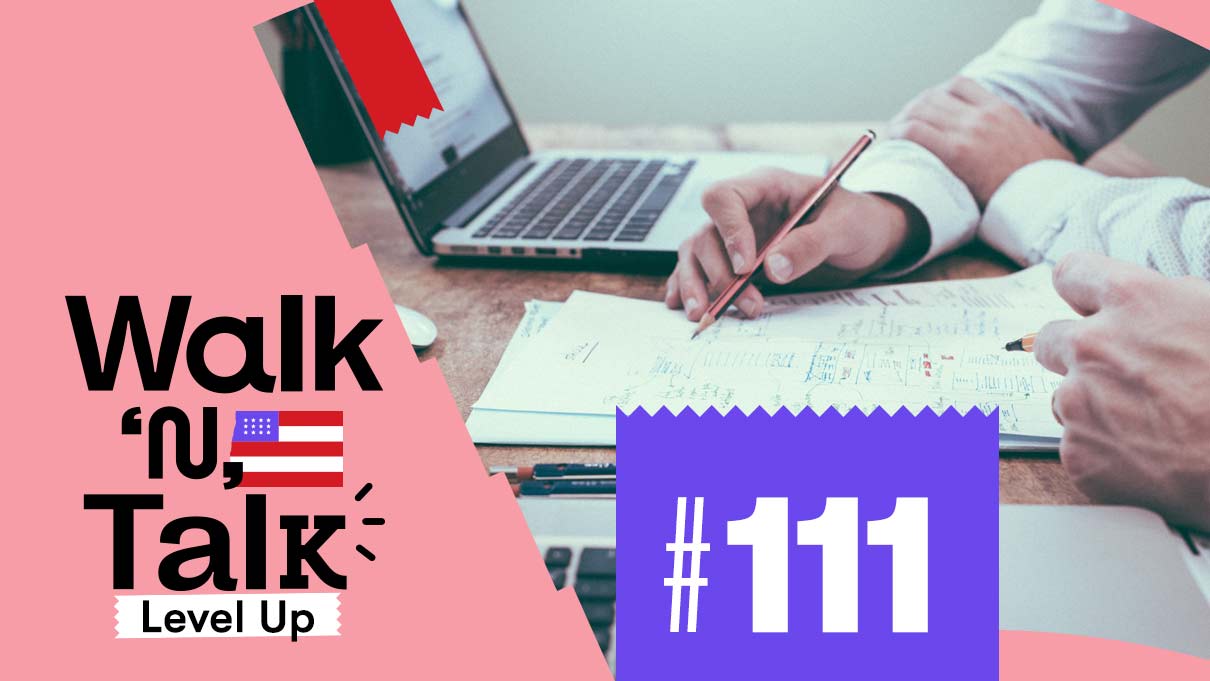
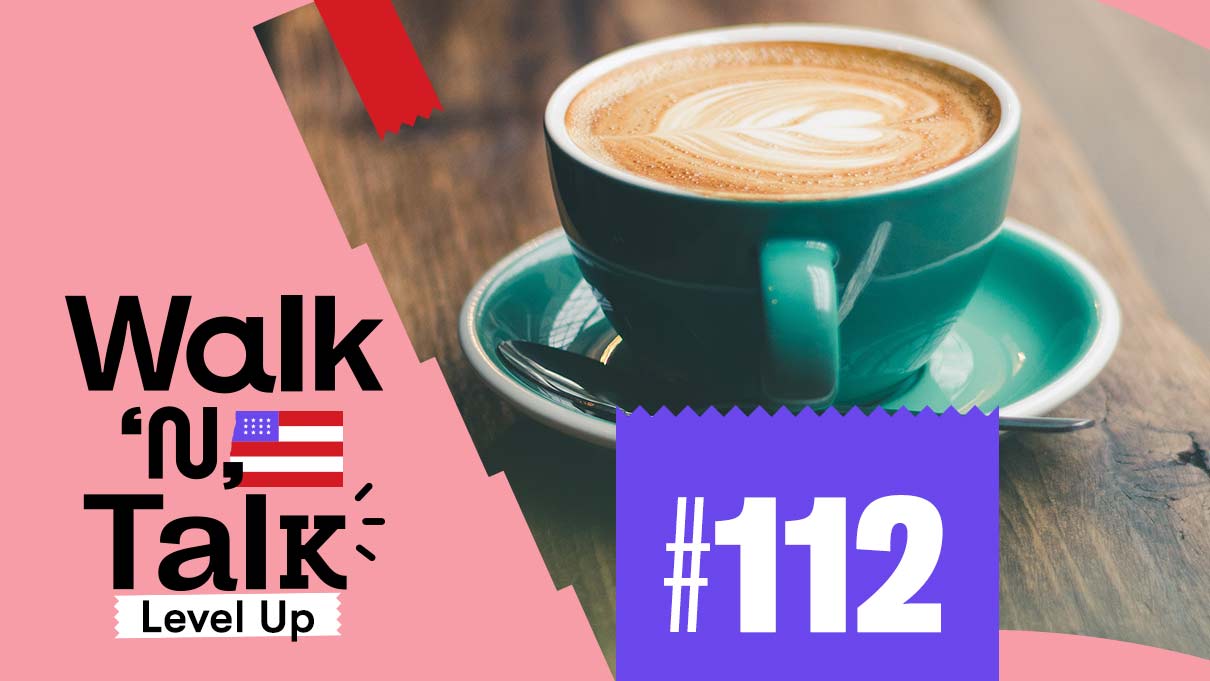
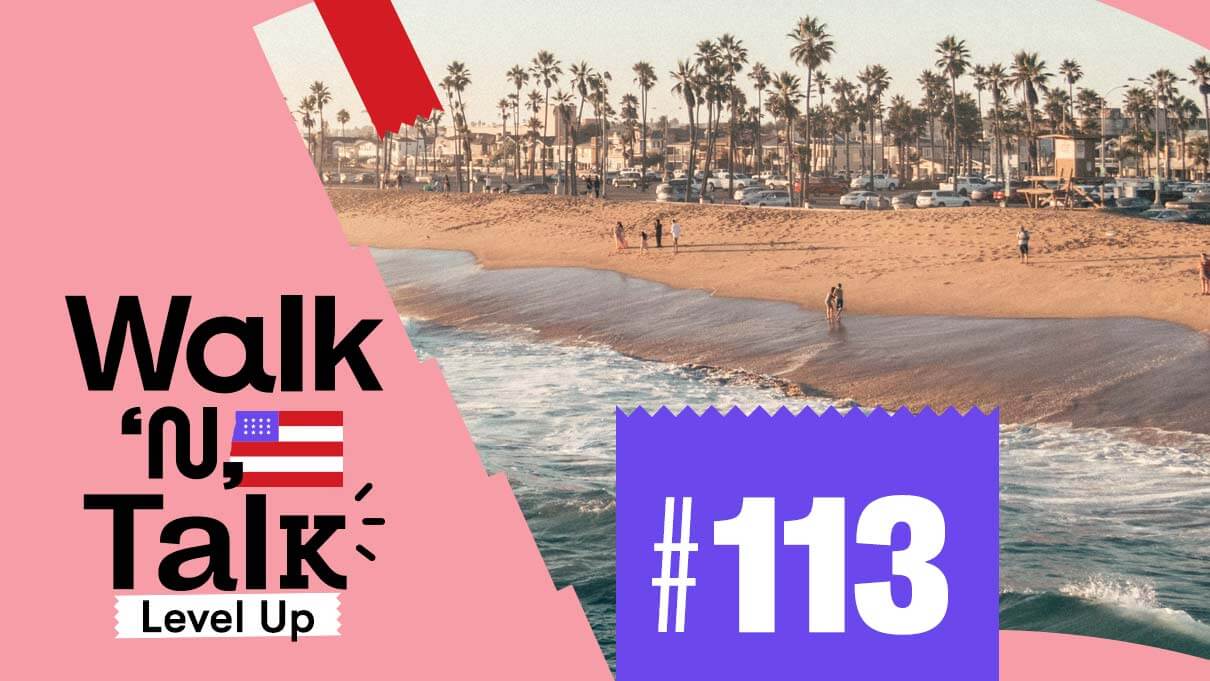

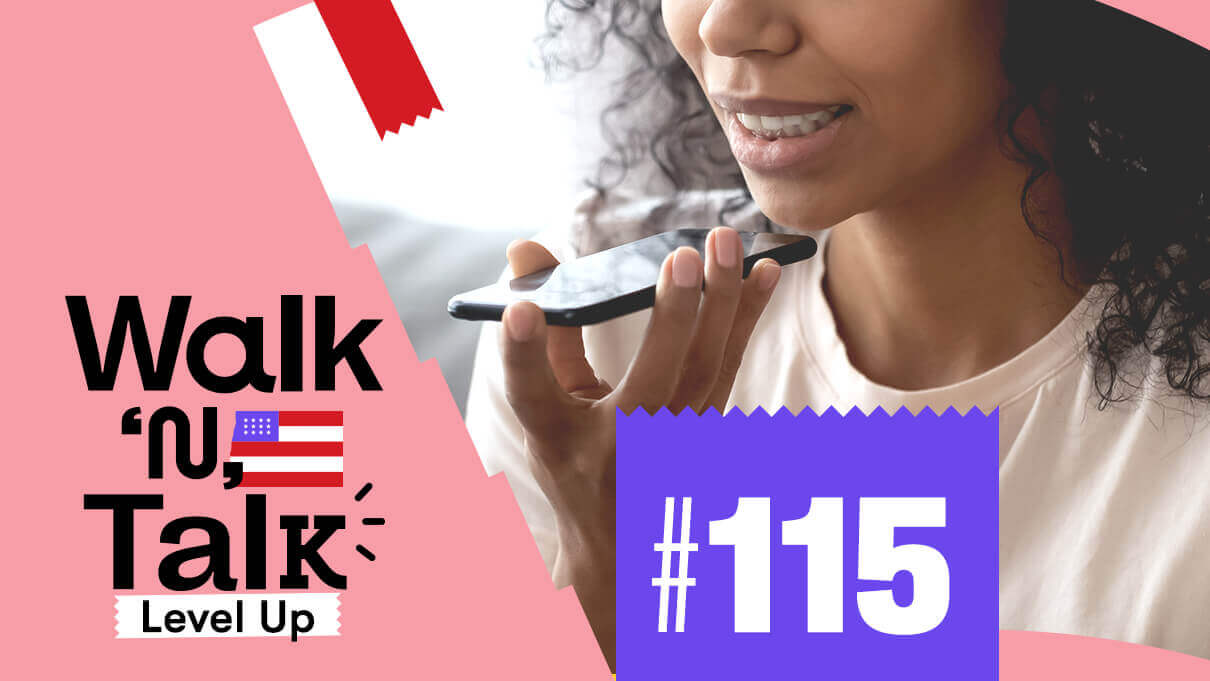
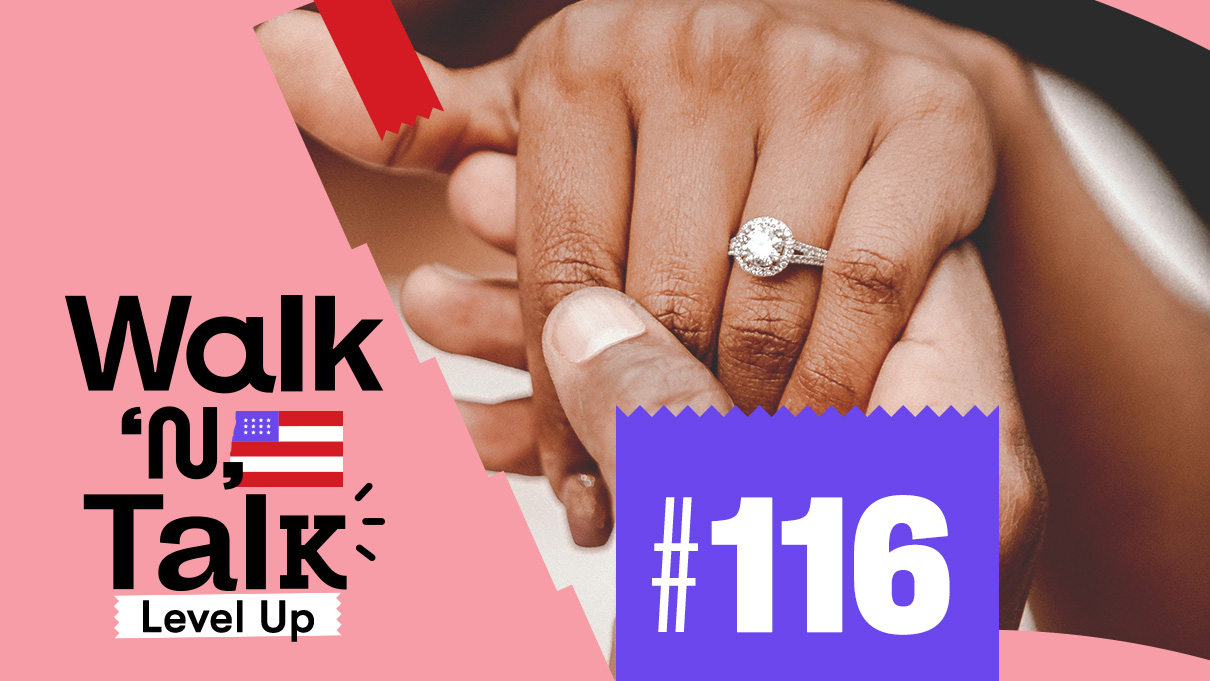


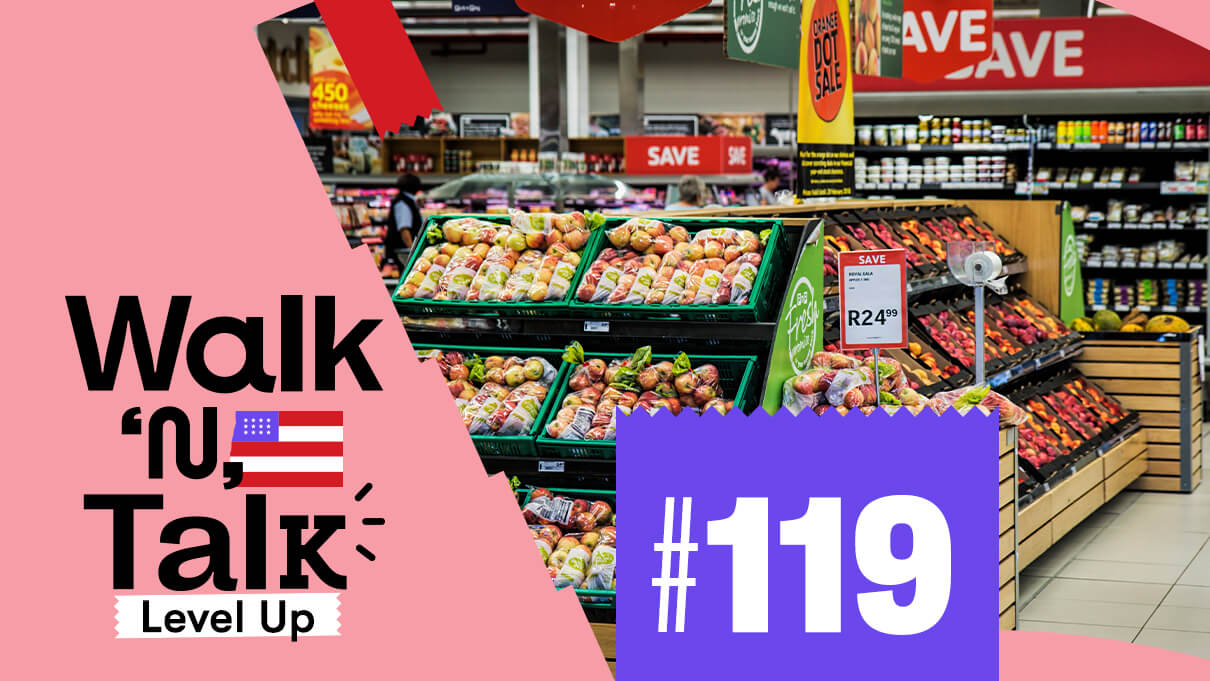
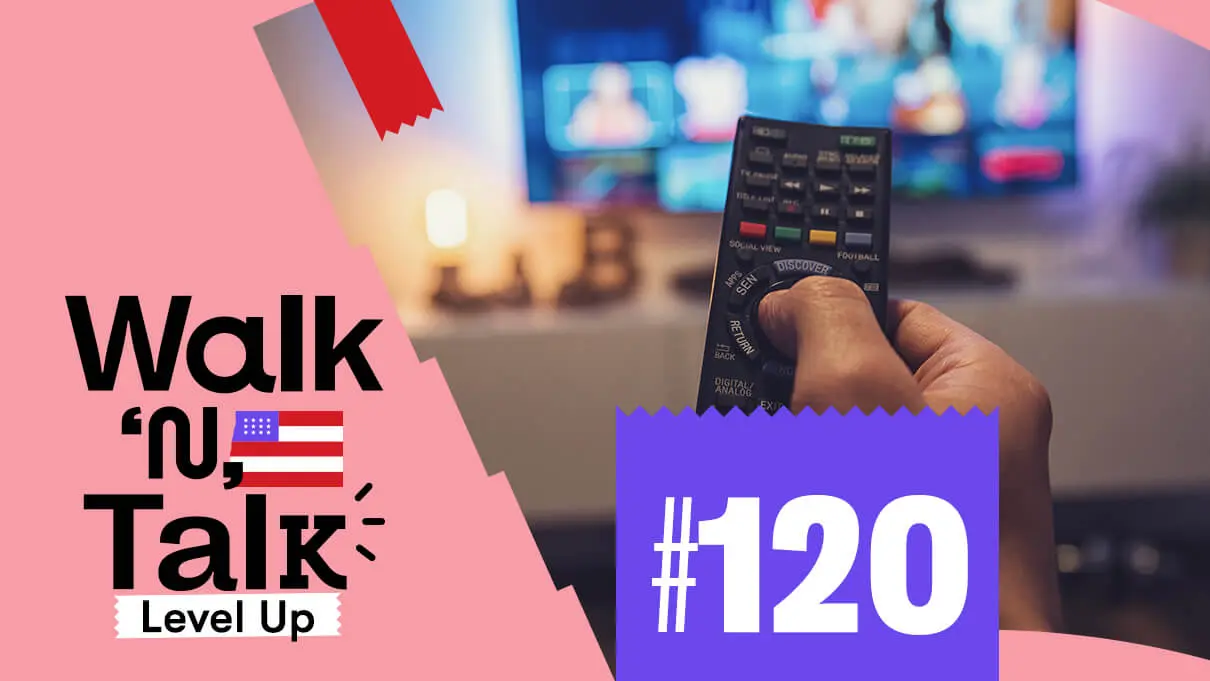
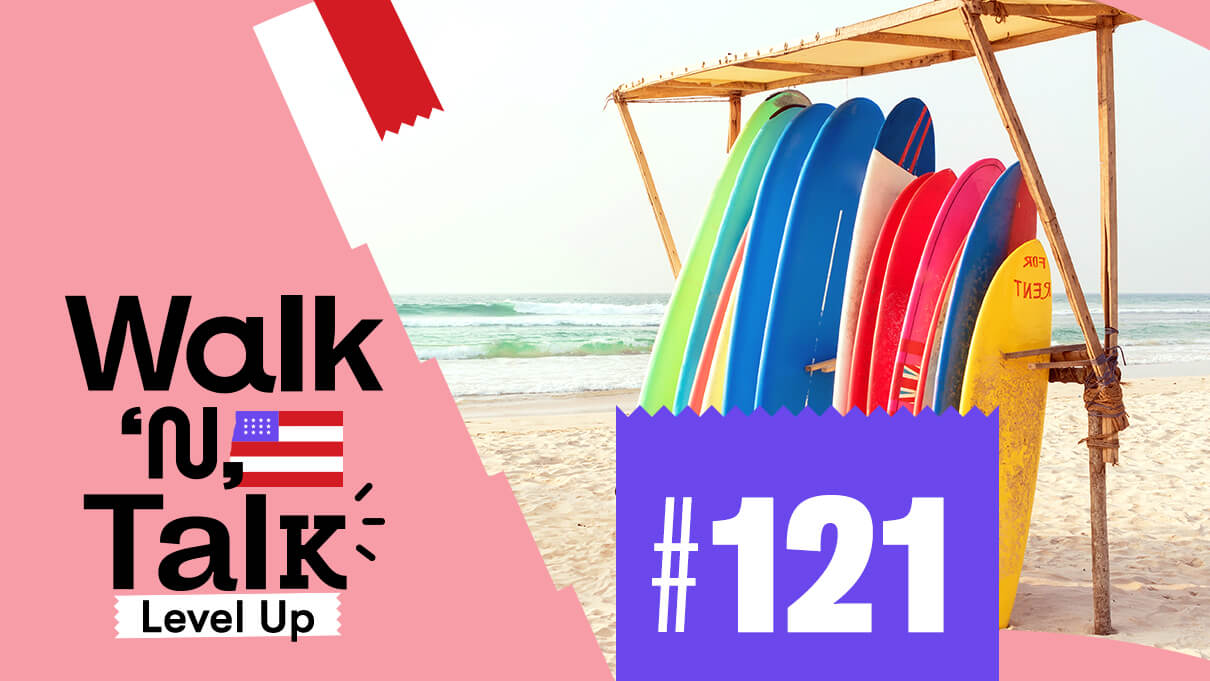
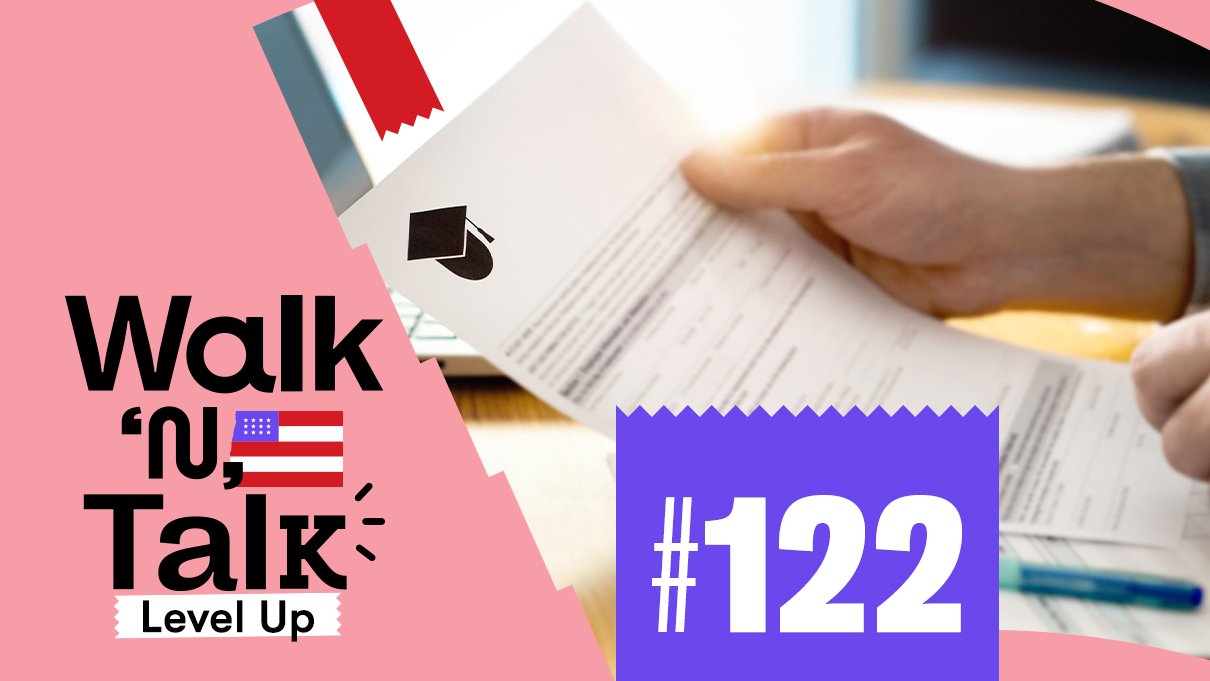
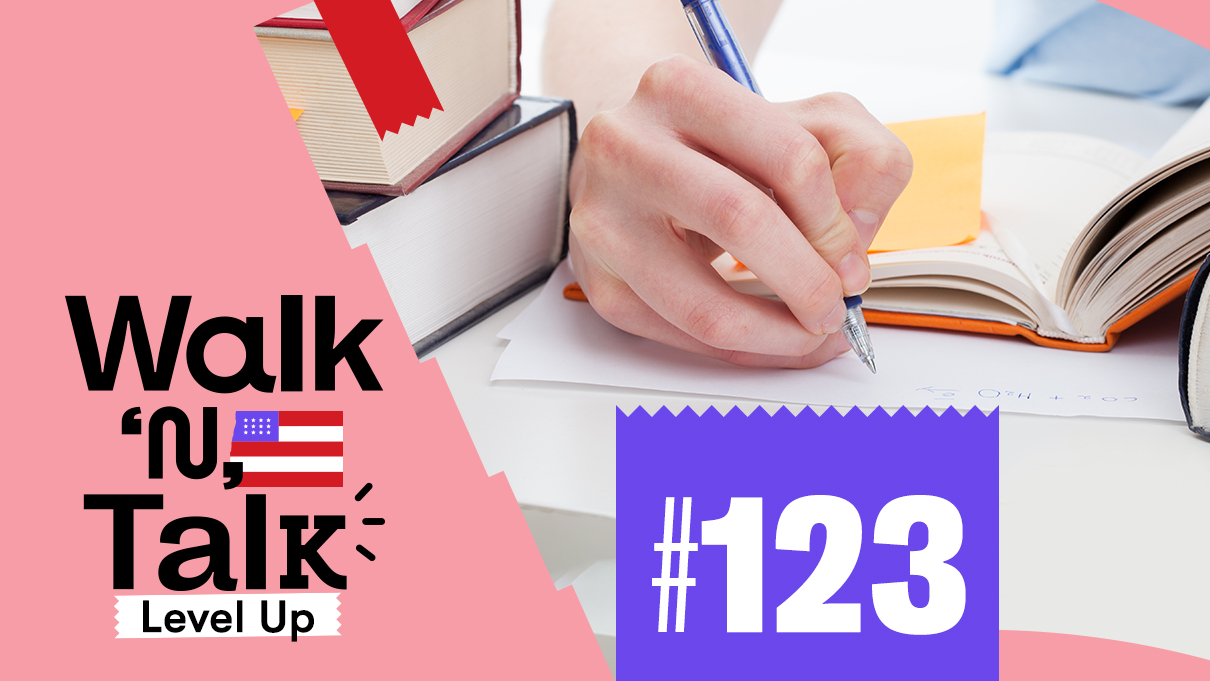


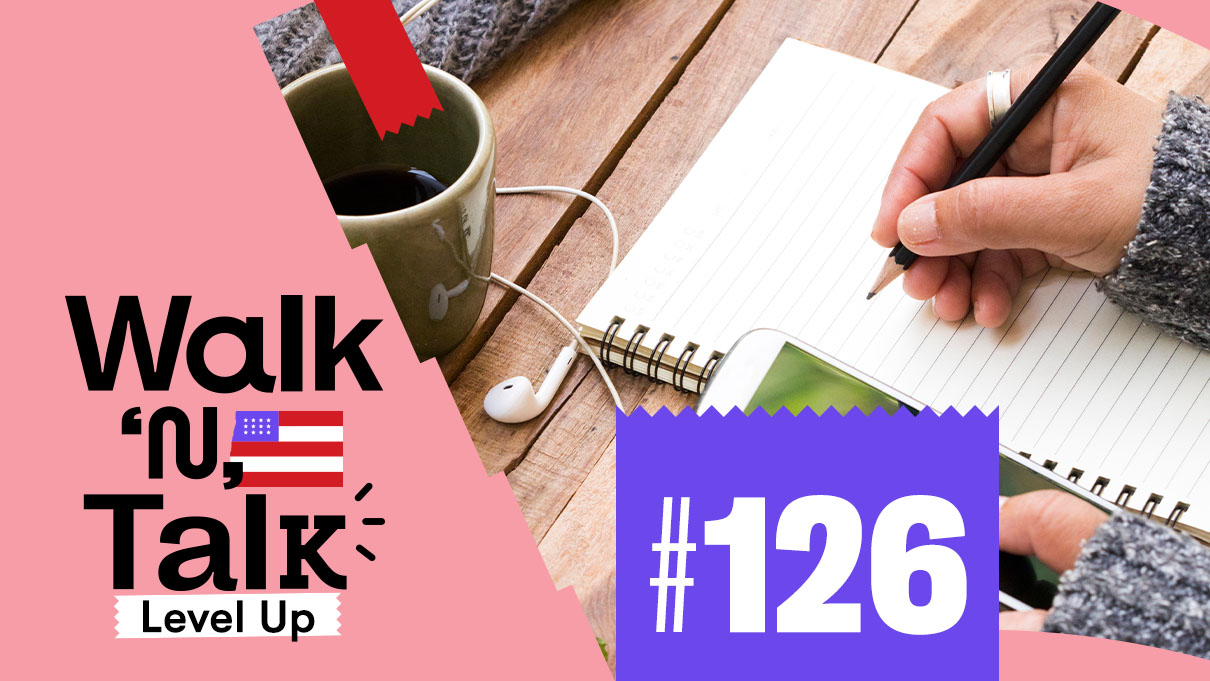
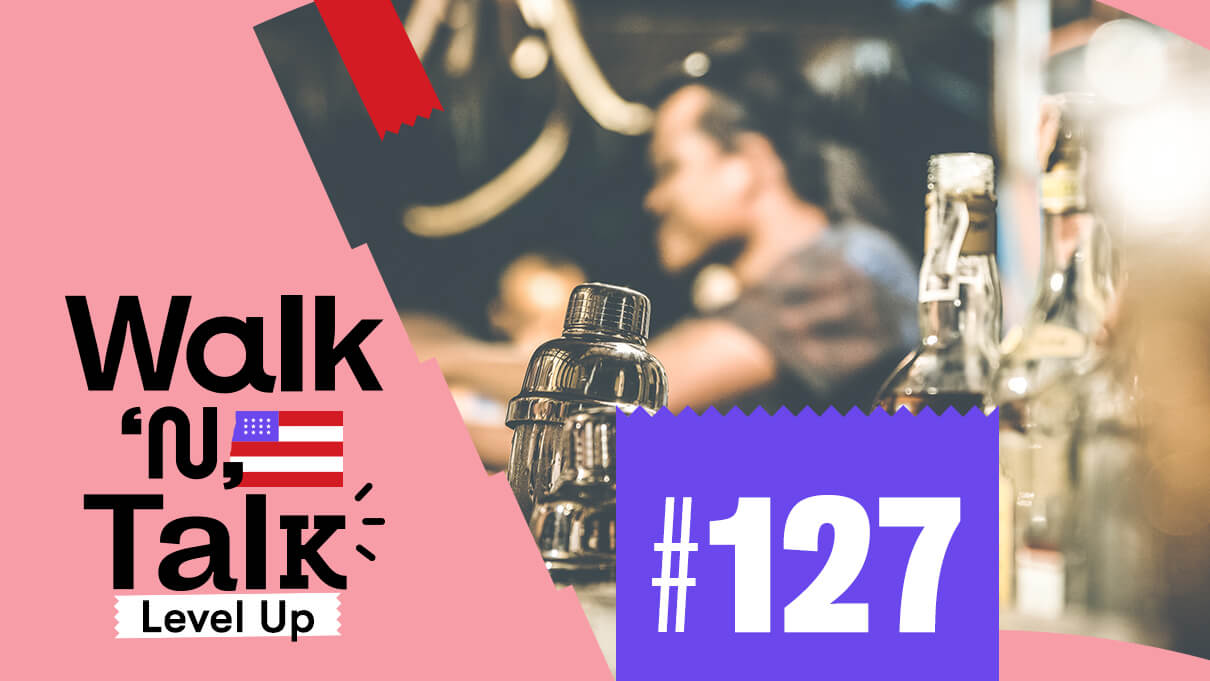
 Curso de Inglês
Curso de Inglês
 Curso de Espanhol
Curso de Espanhol
 Curso de Francês
Curso de Francês
 Curso de Mandarim
Curso de Mandarim
 Curso de Italiano
Curso de Italiano
 Curso de Japonês
Curso de Japonês
 Curso de Alemão
Curso de Alemão
 Curso de Coreano
Curso de Coreano







 Blog
Blog  Podcast
Podcast  Lives
Lives  Aulas
Aulas  eBooks
eBooks  Minicursos
Minicursos














